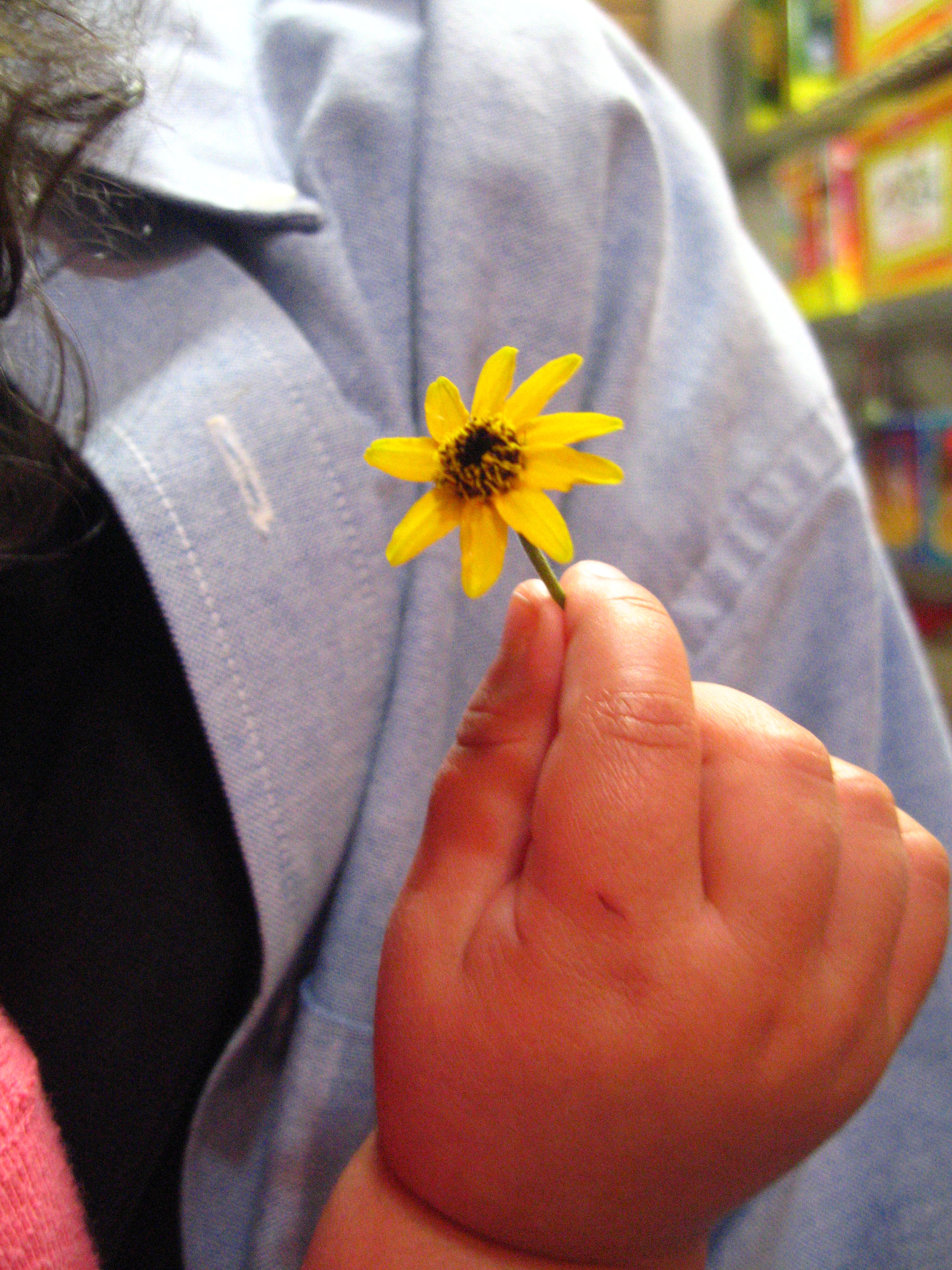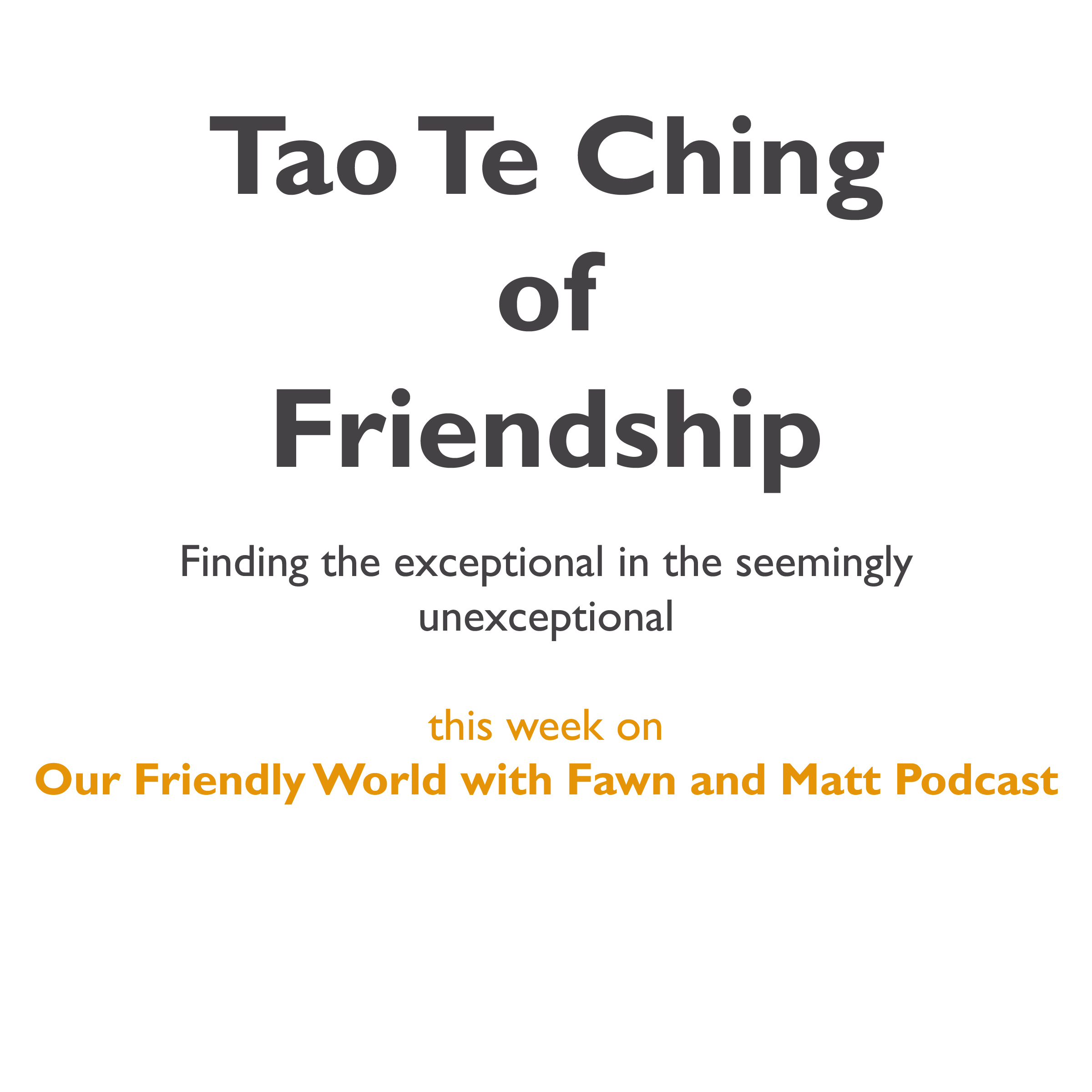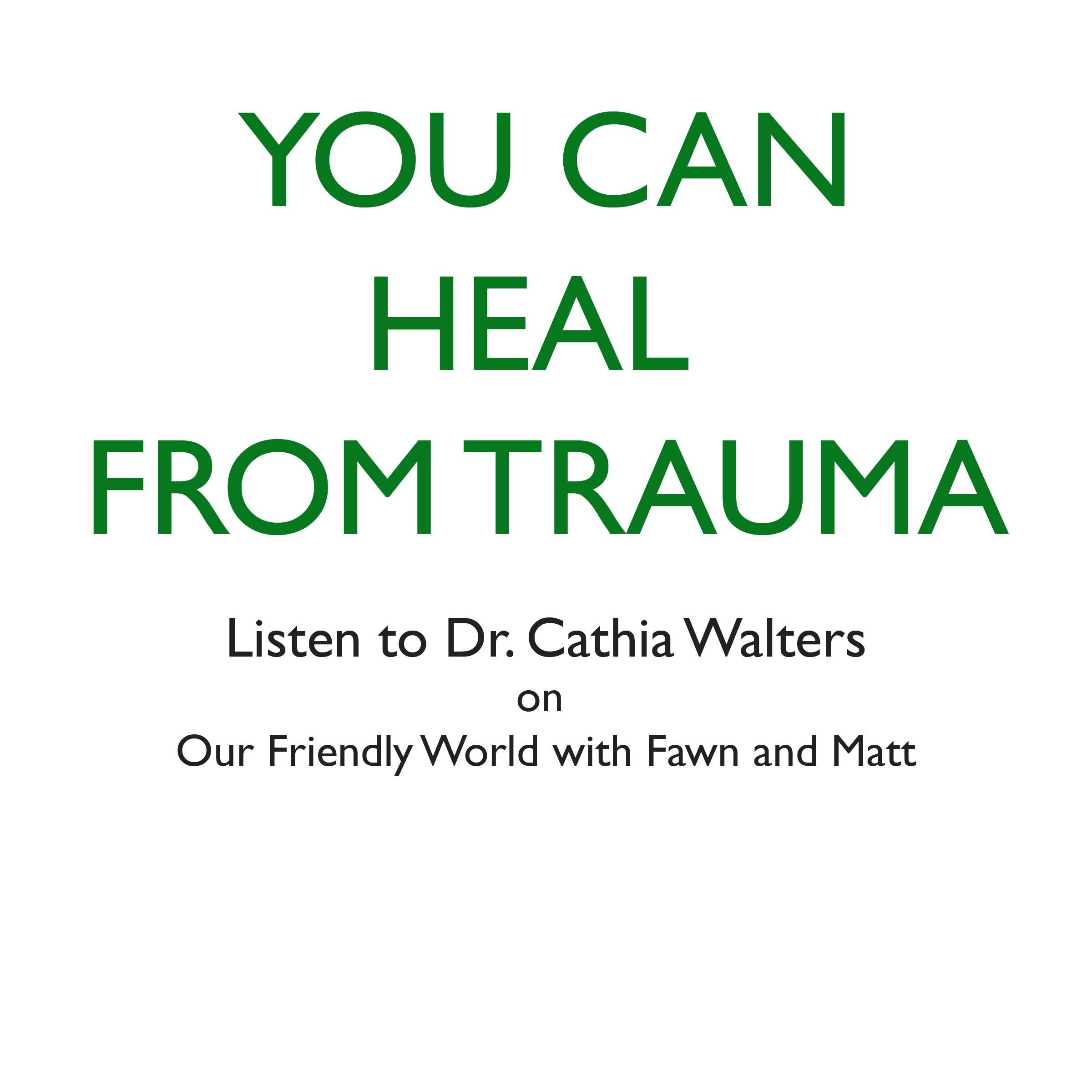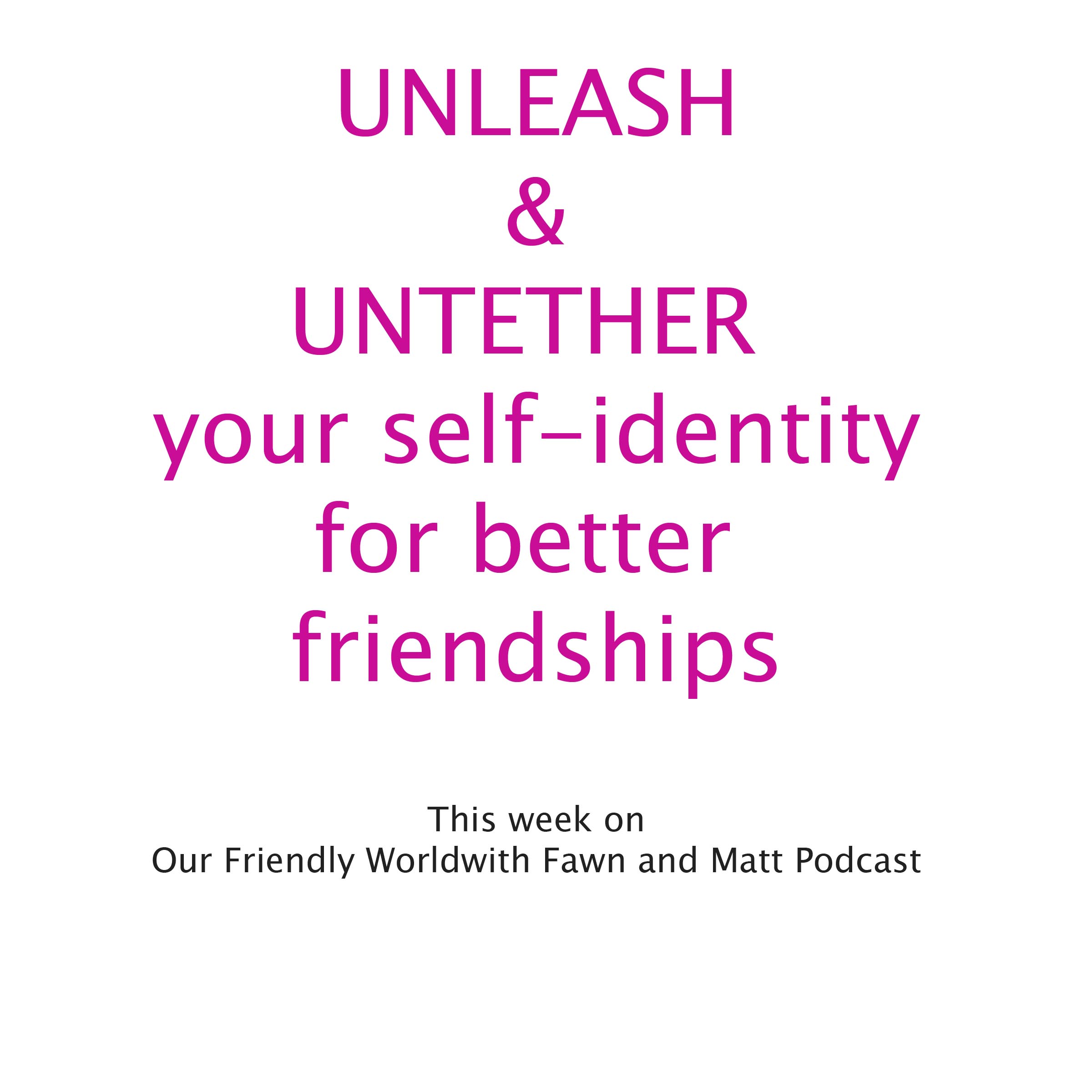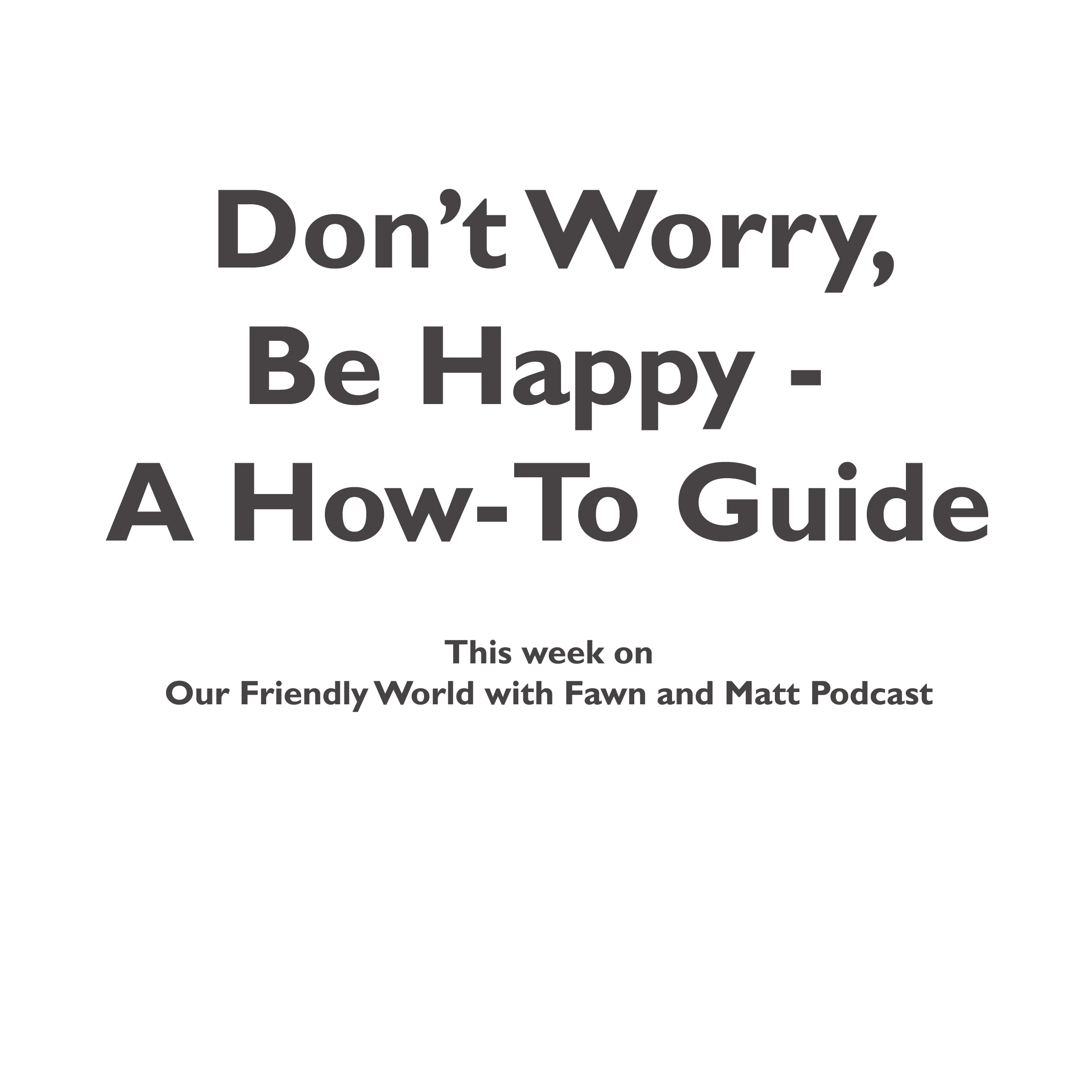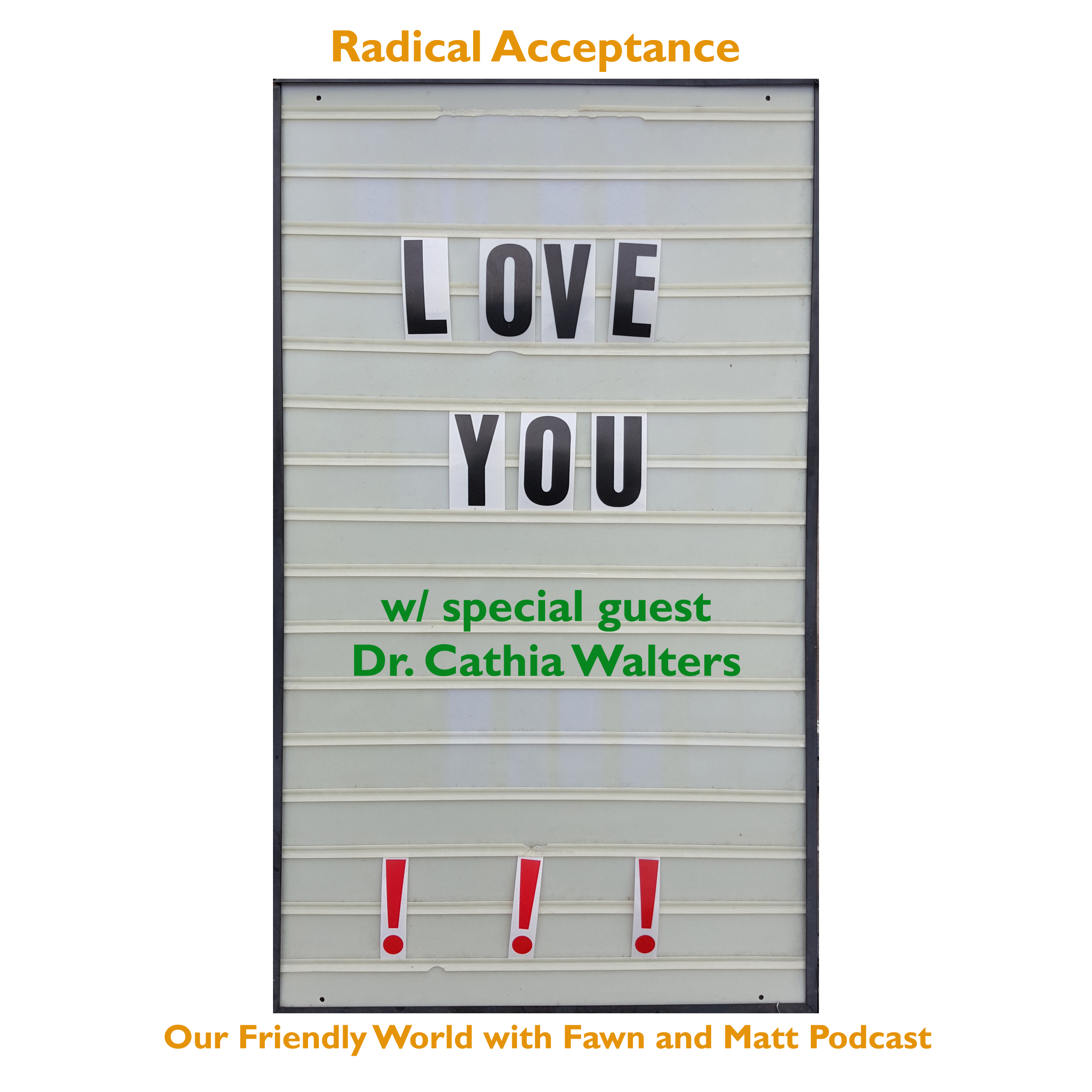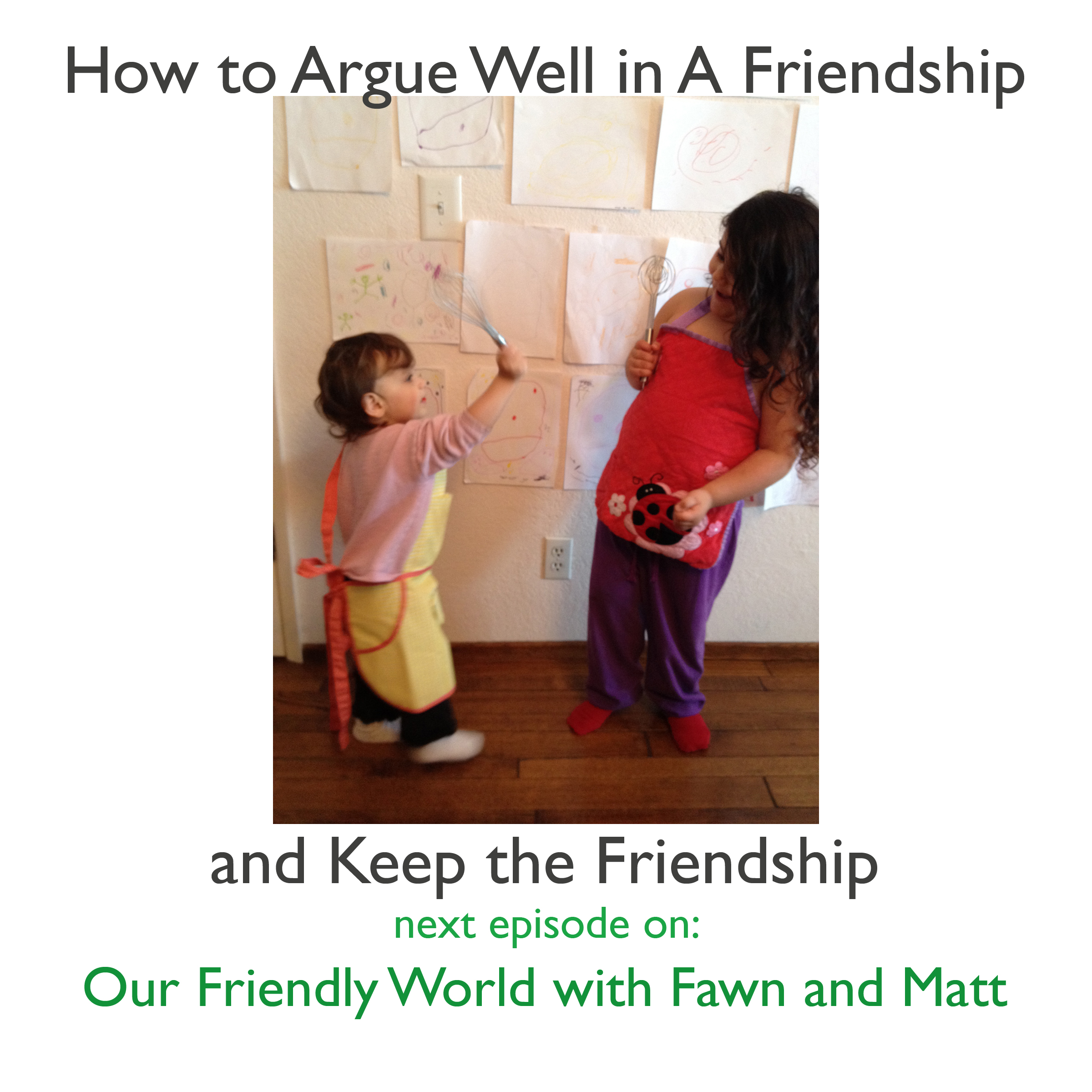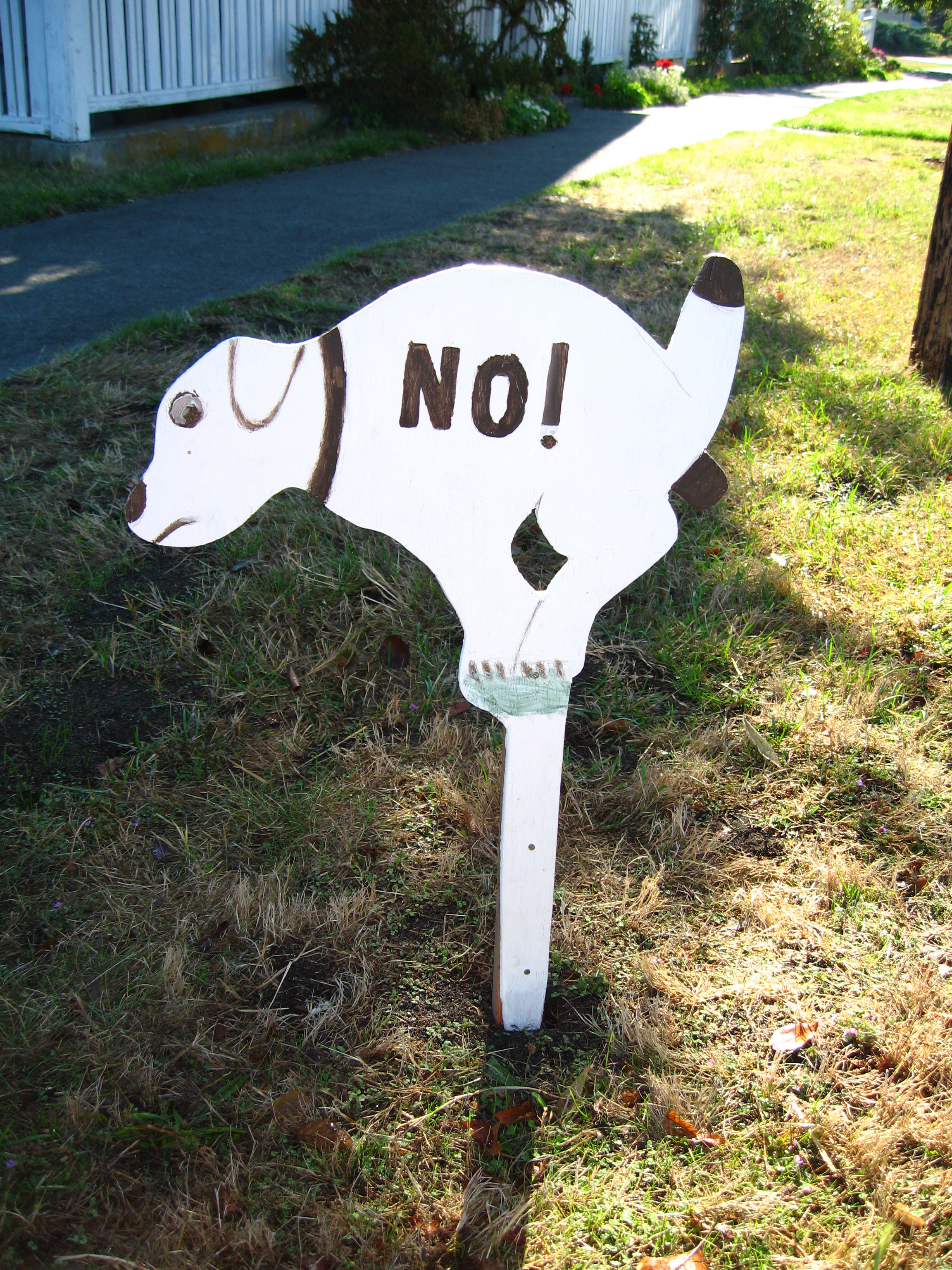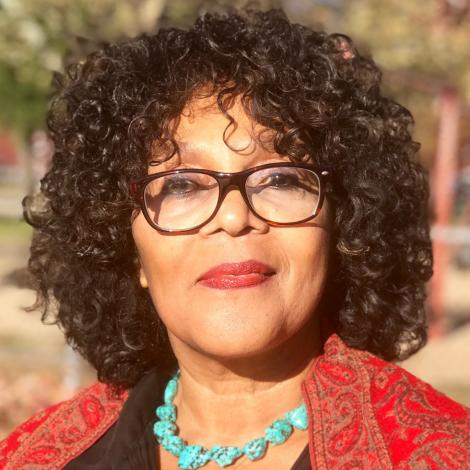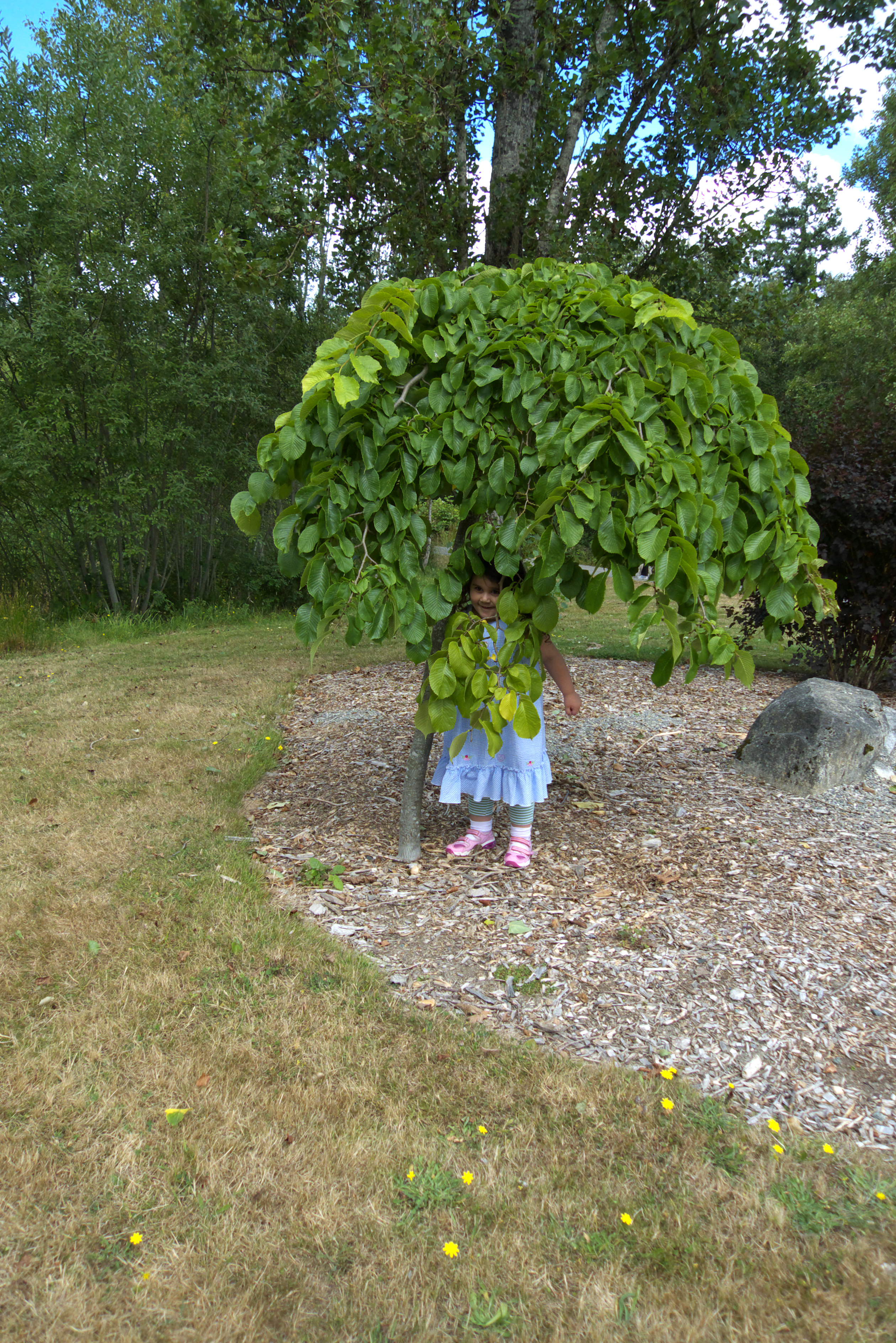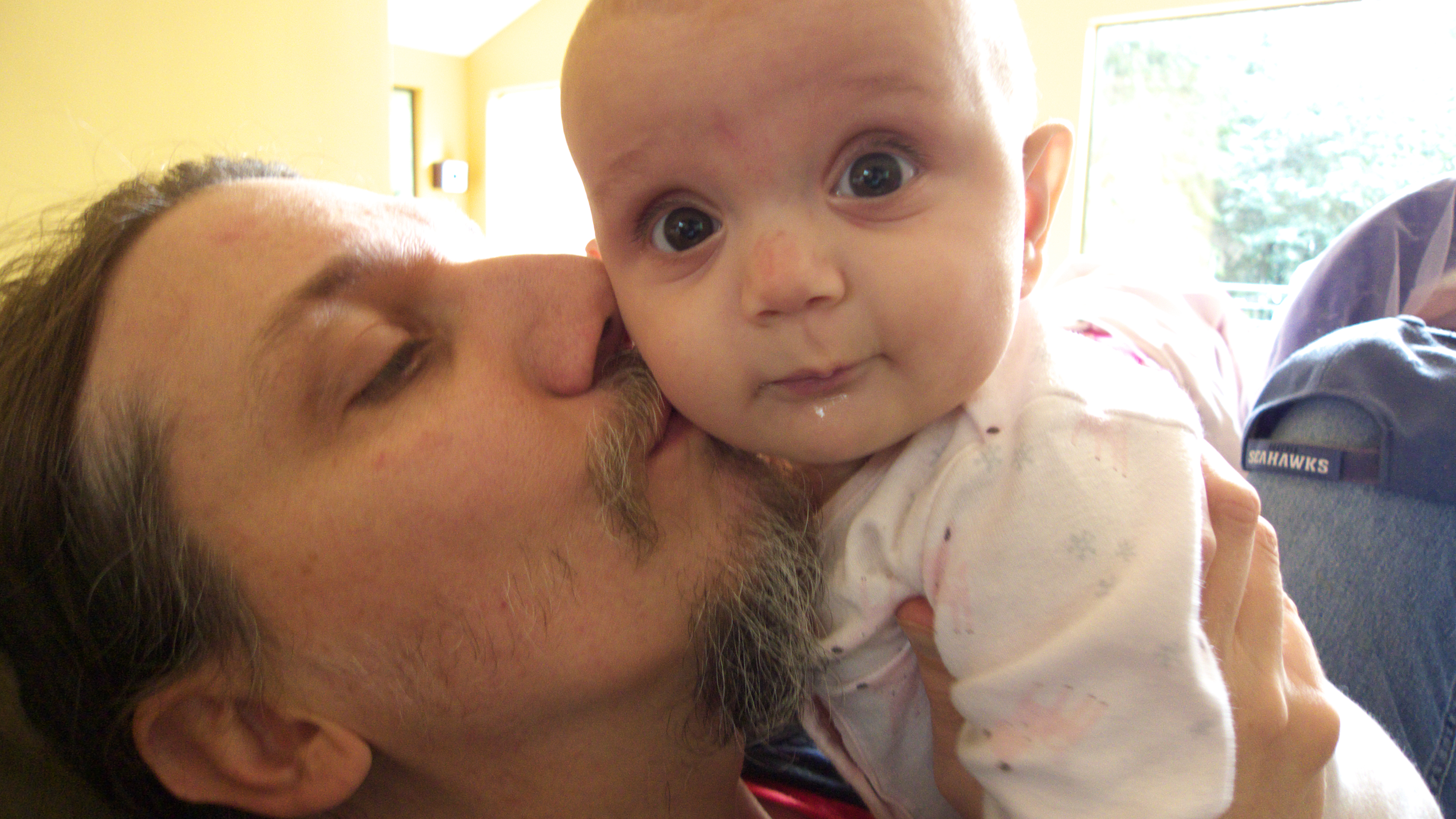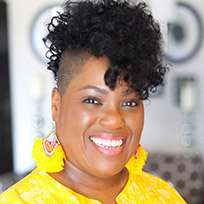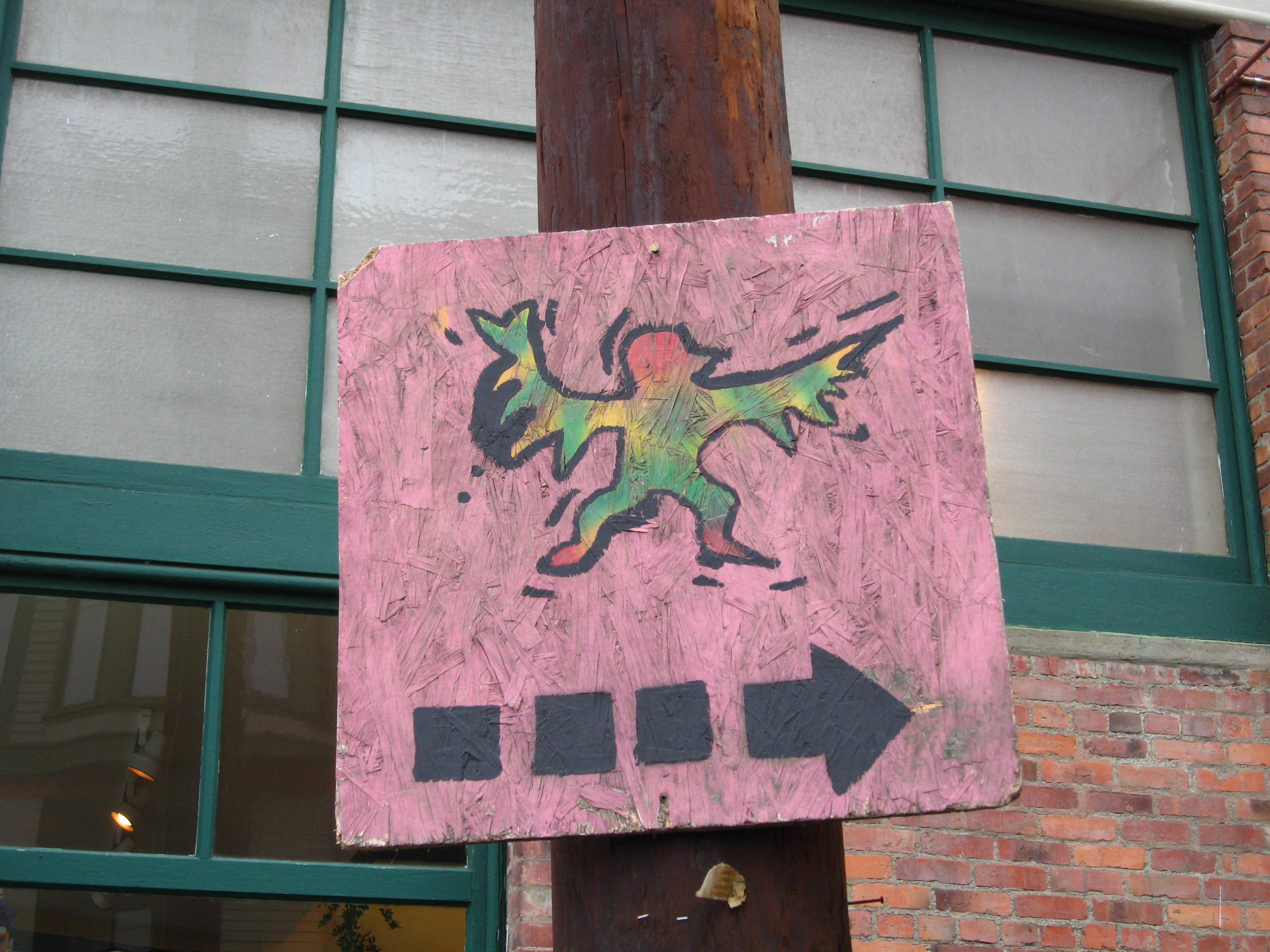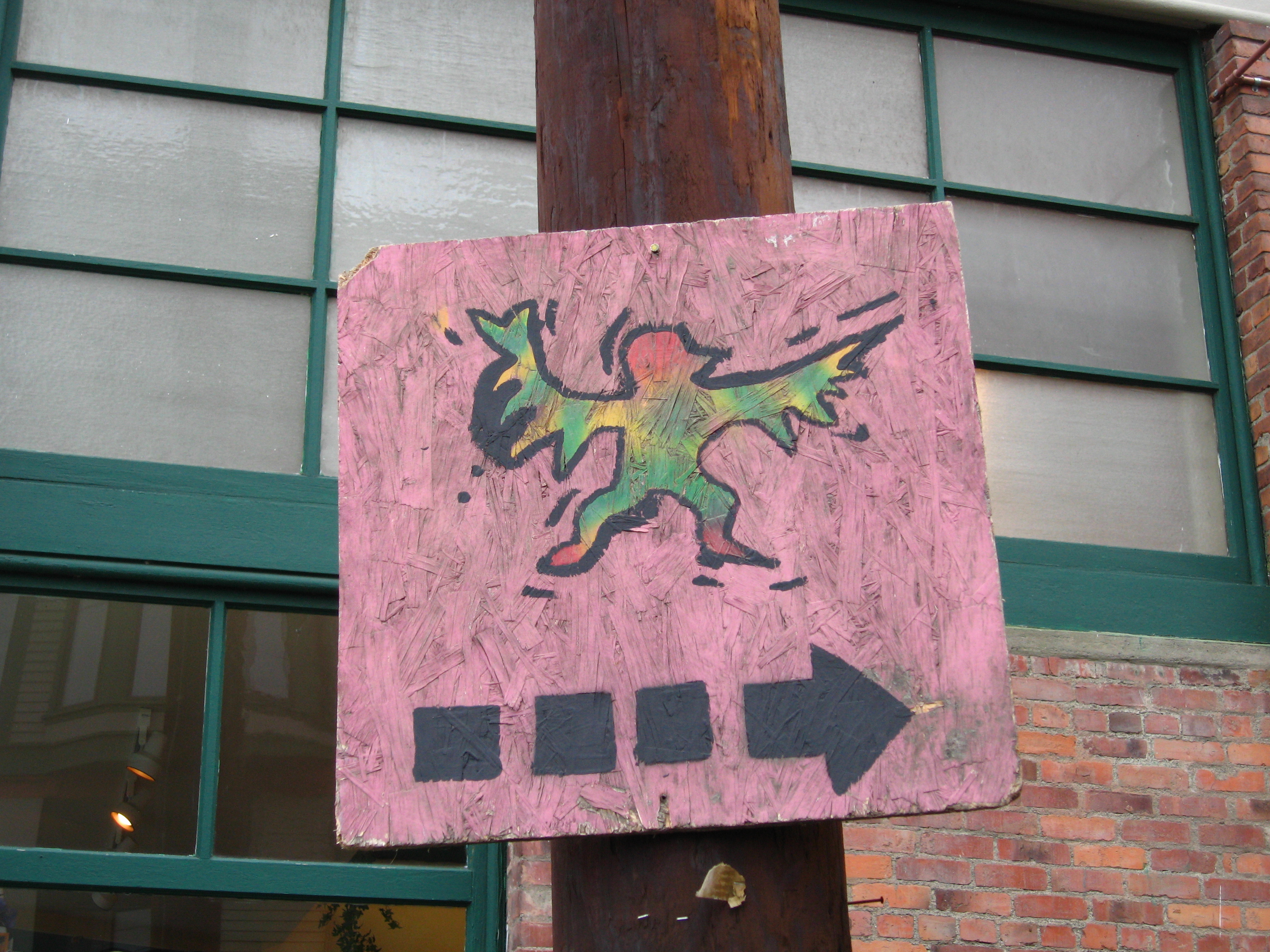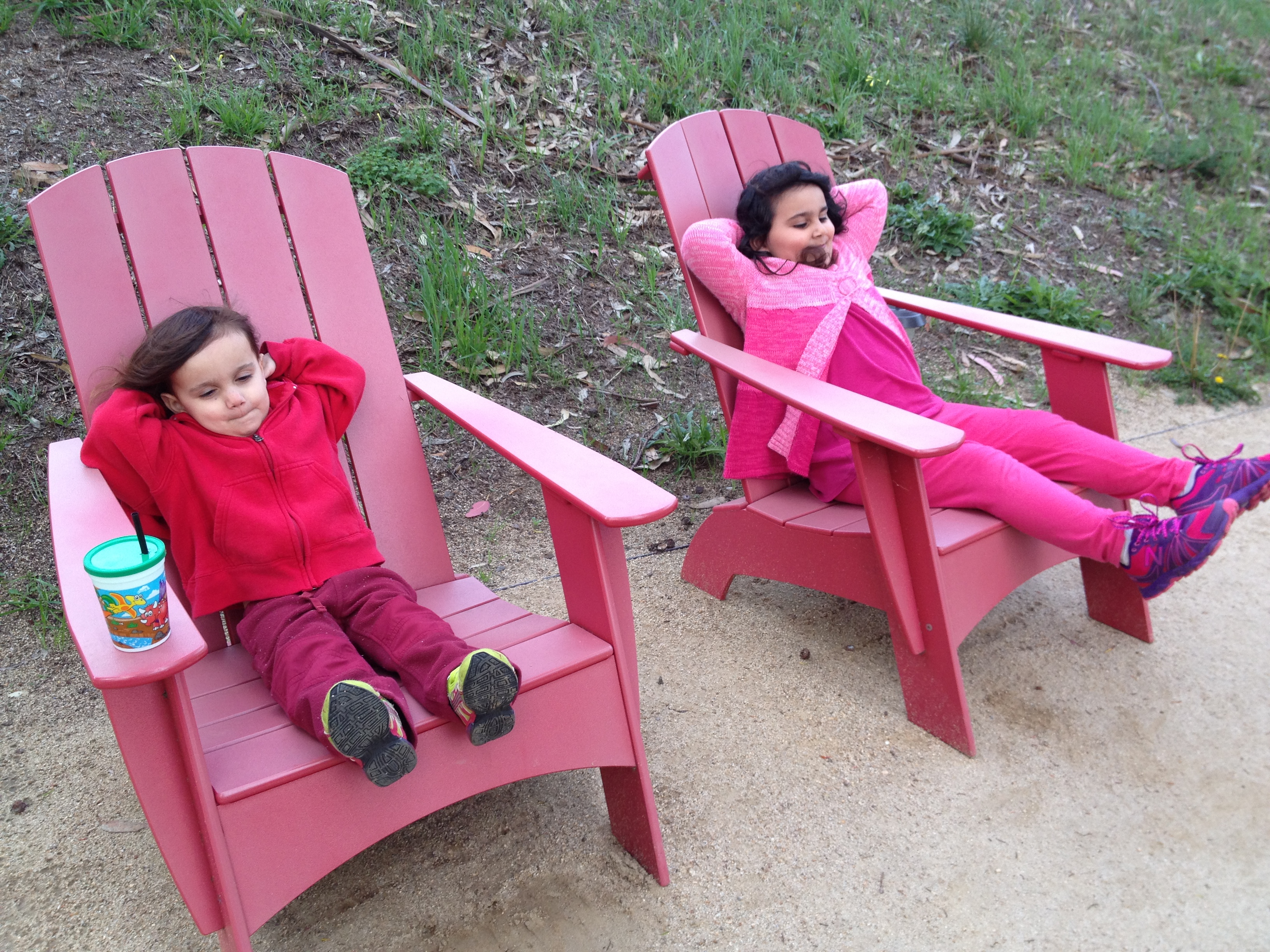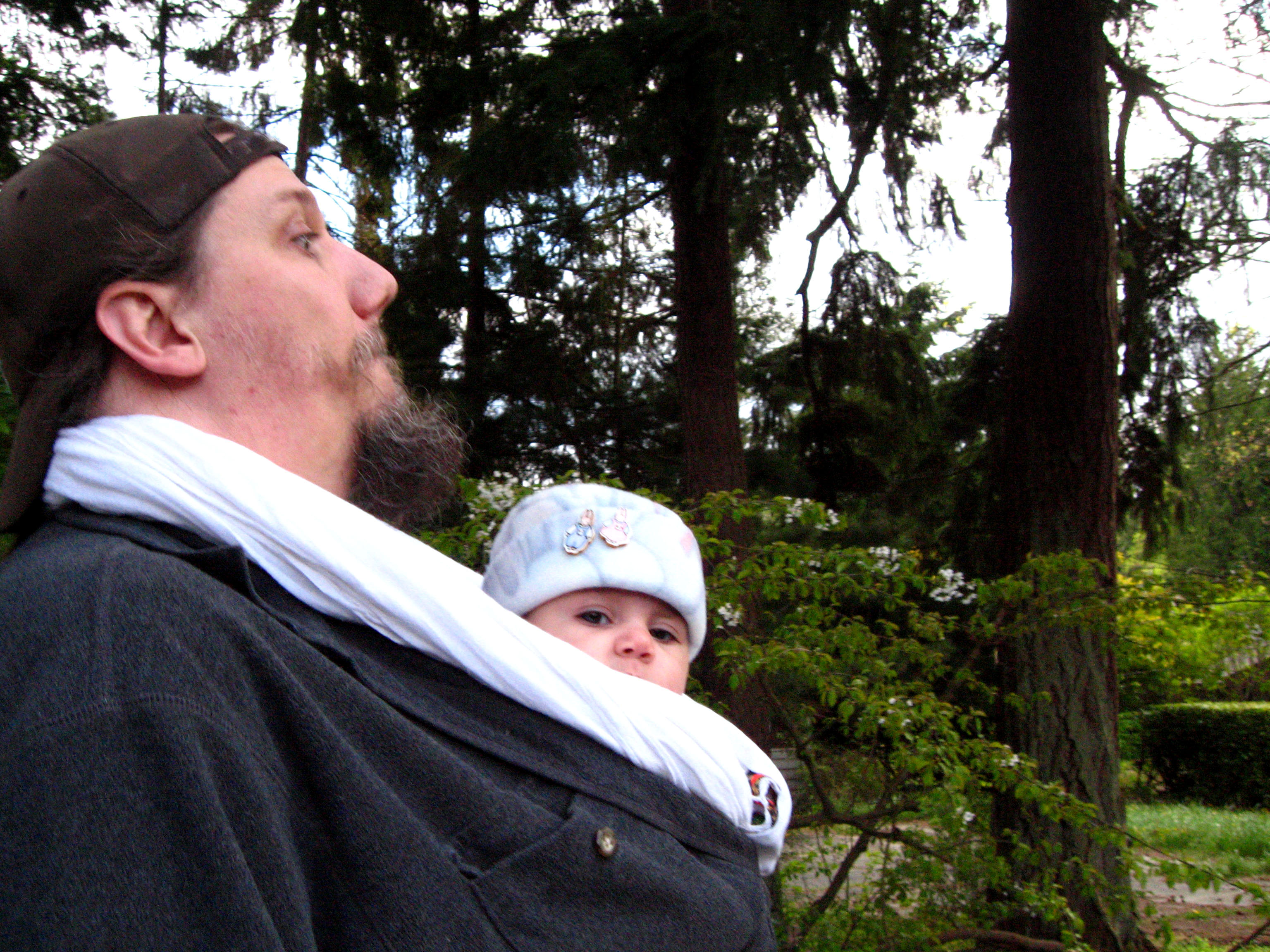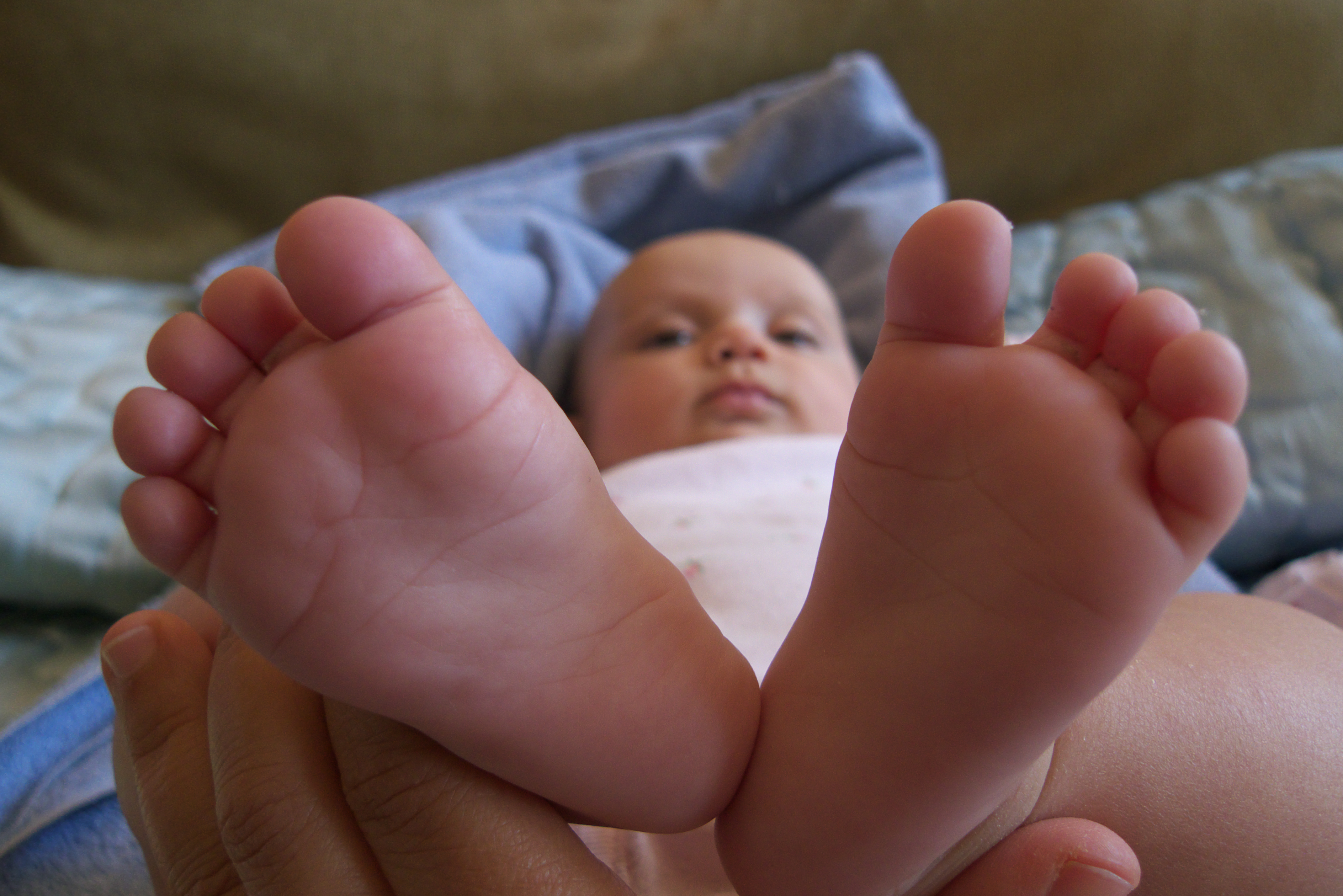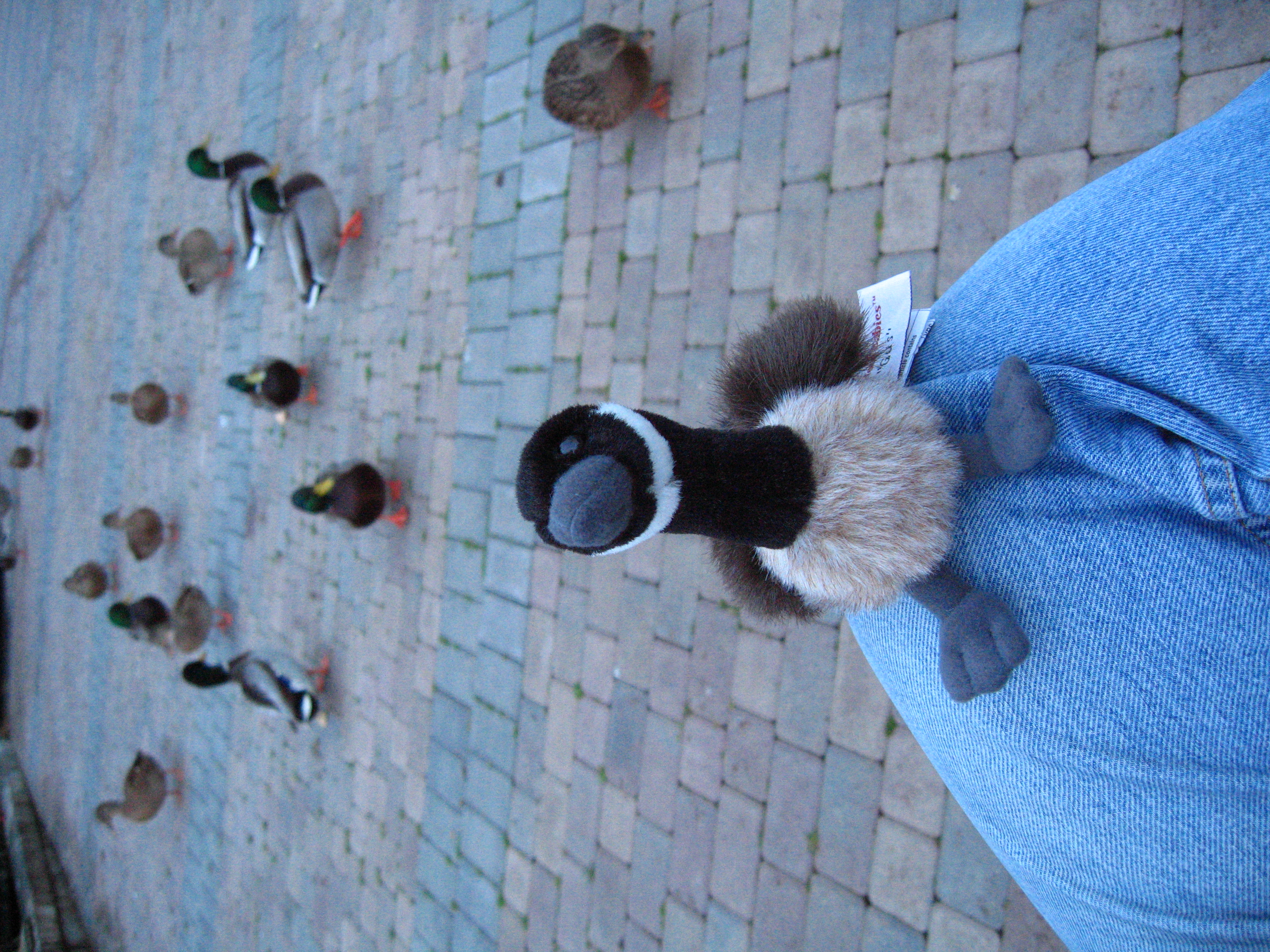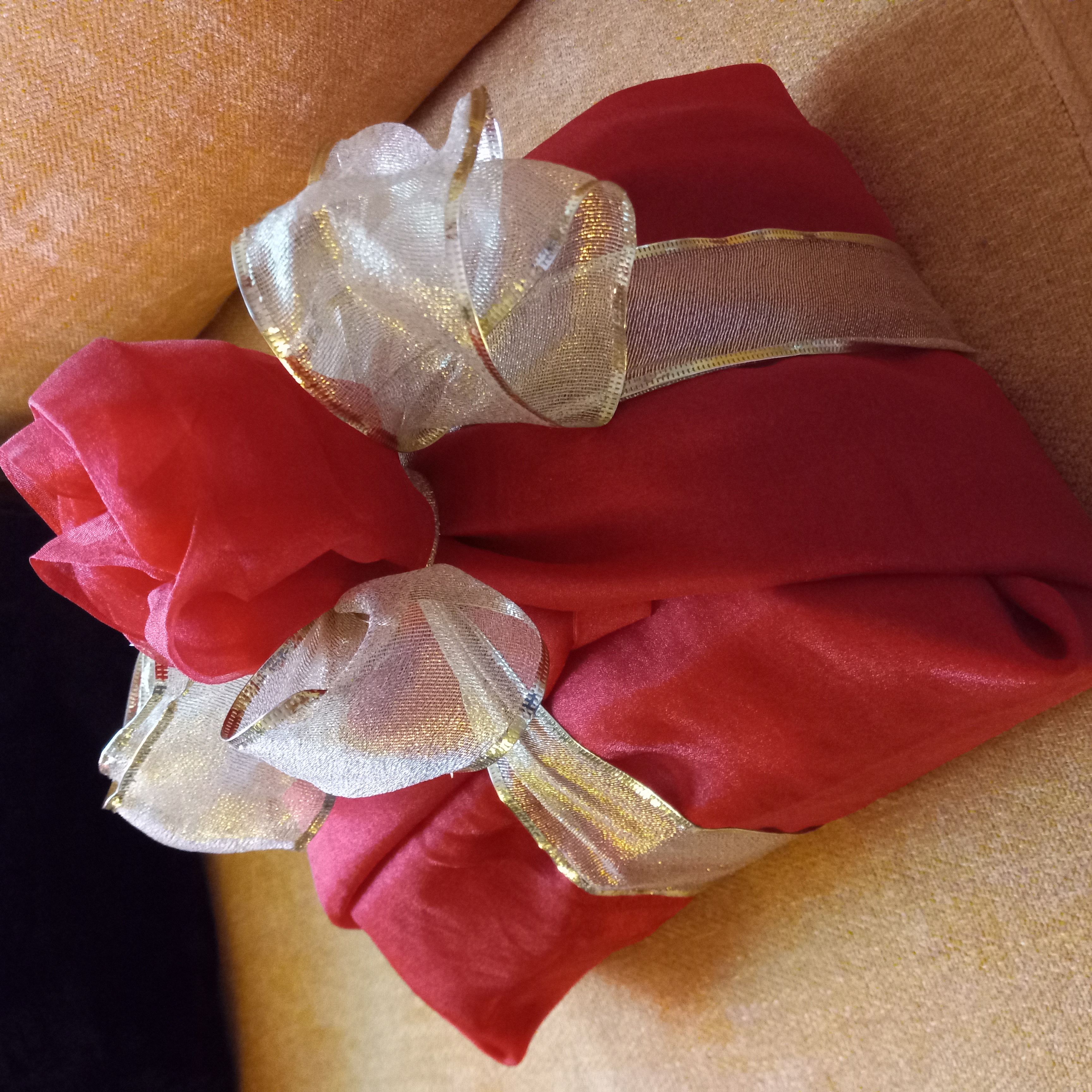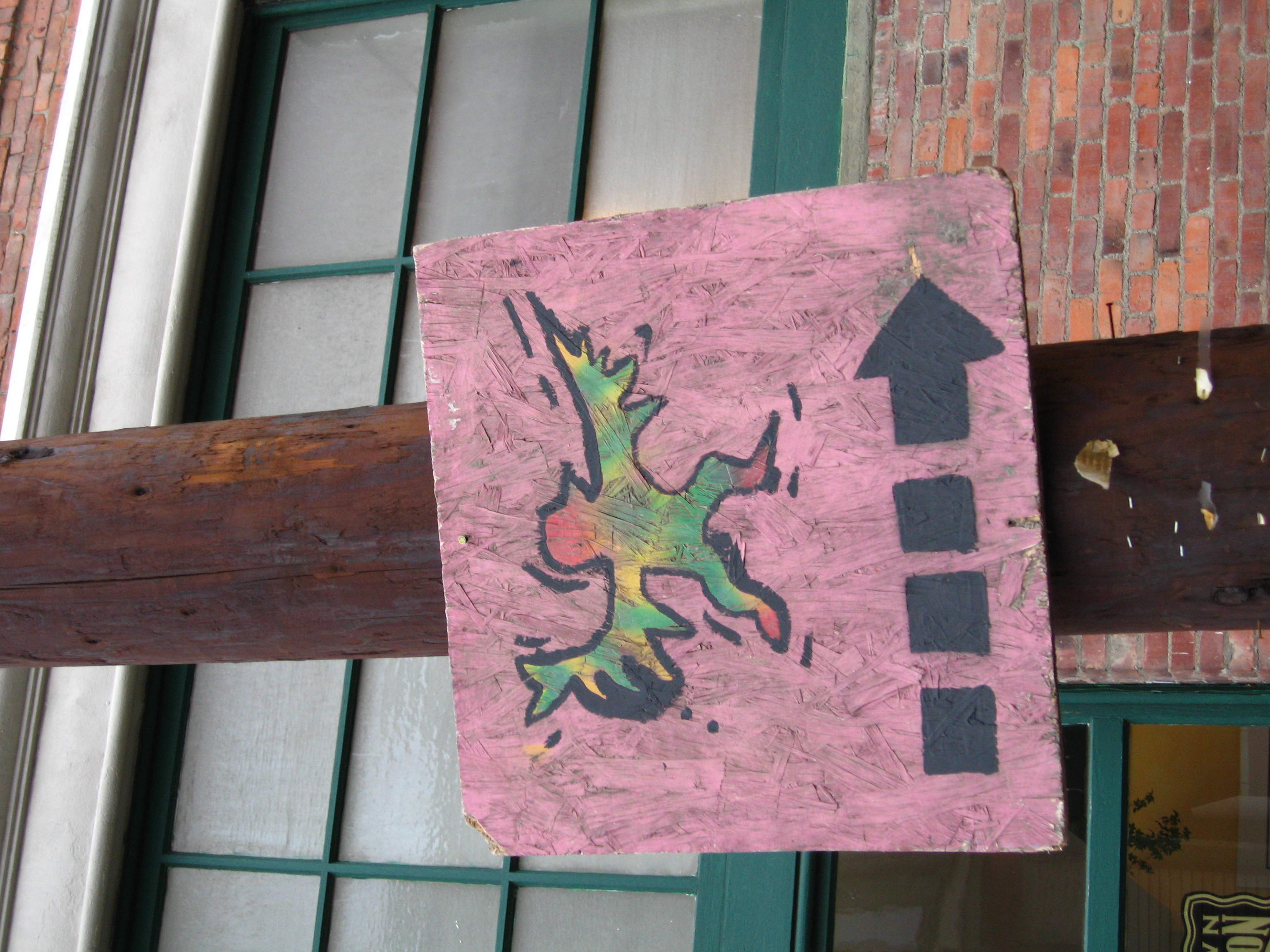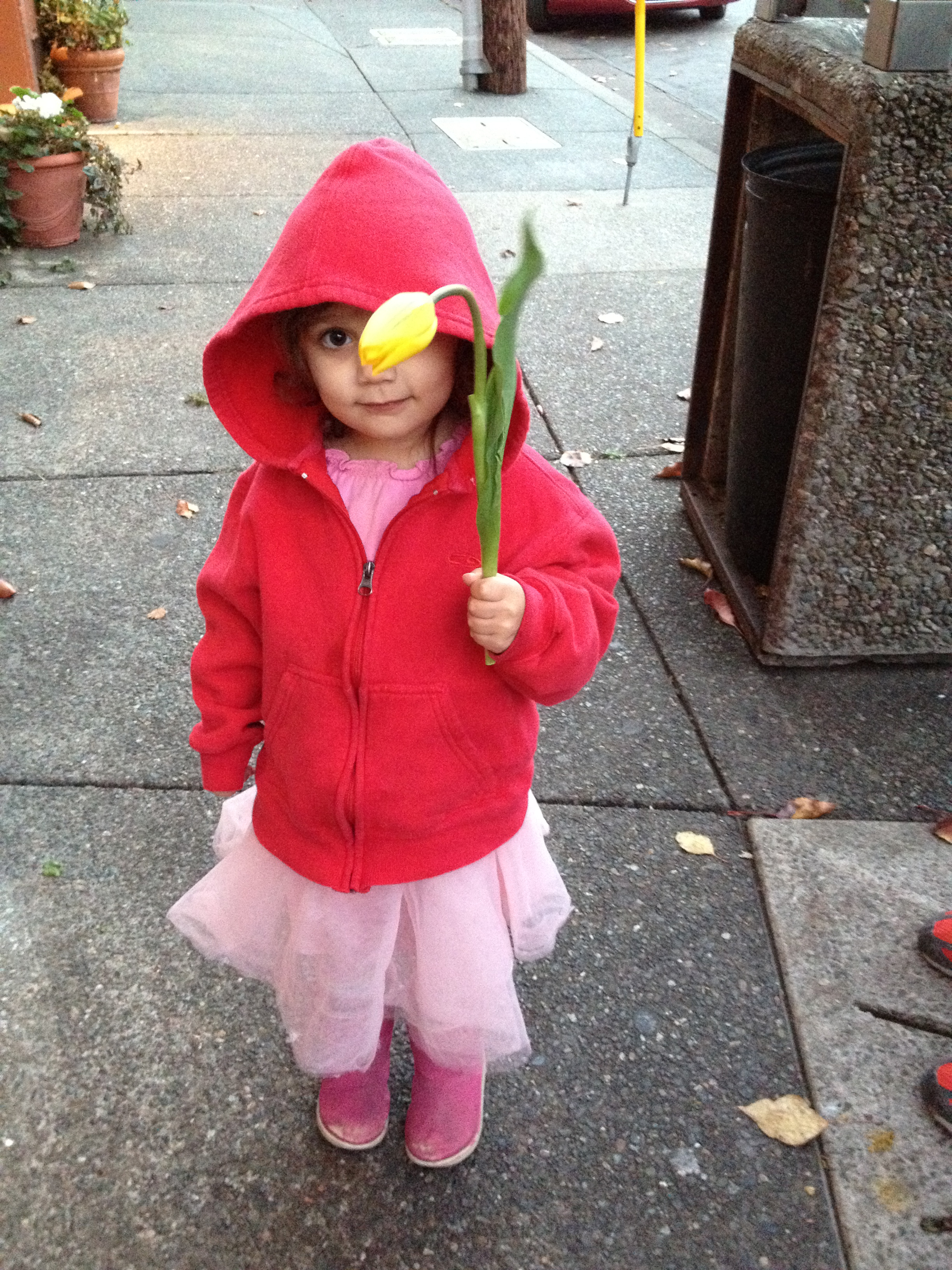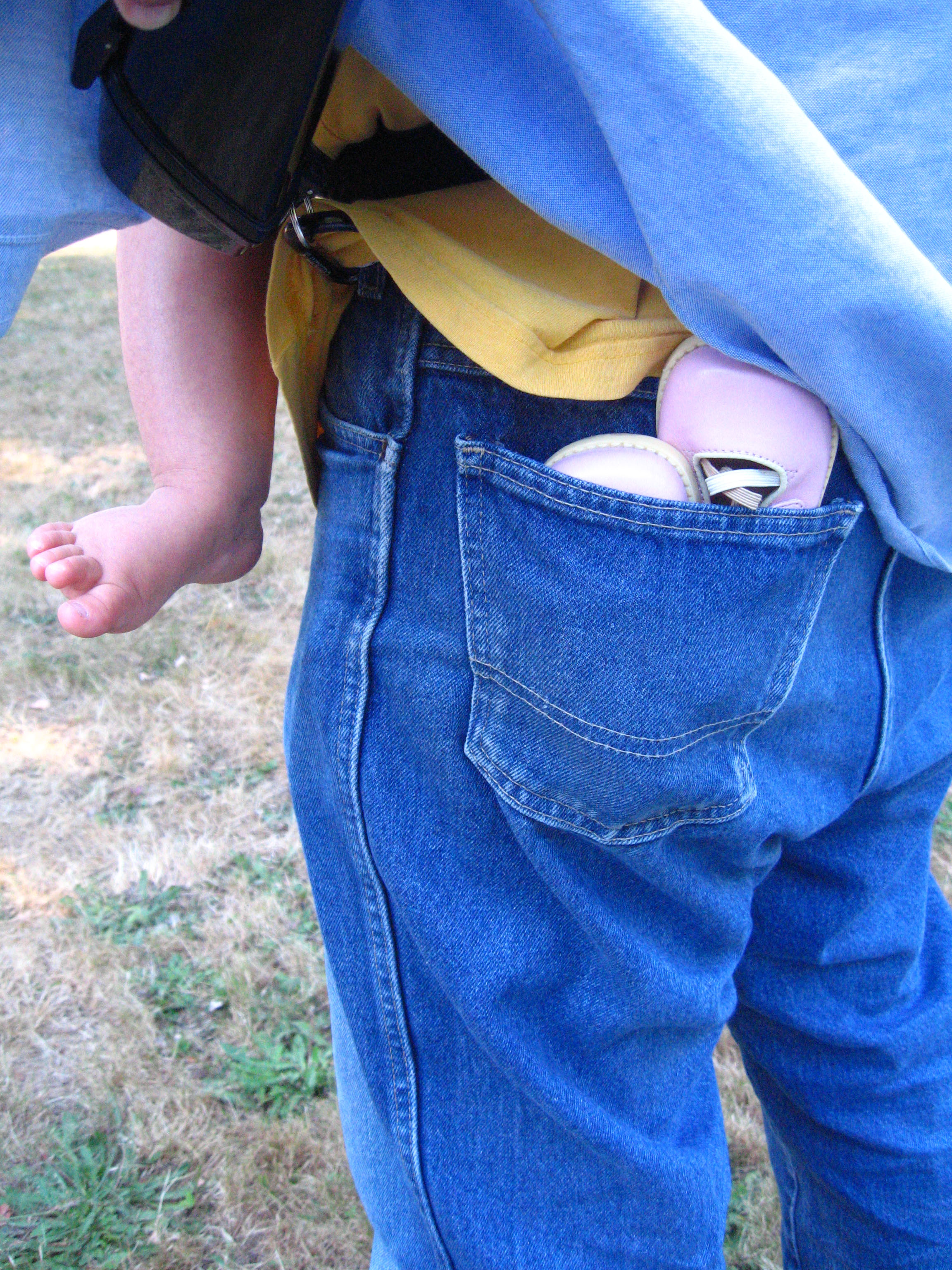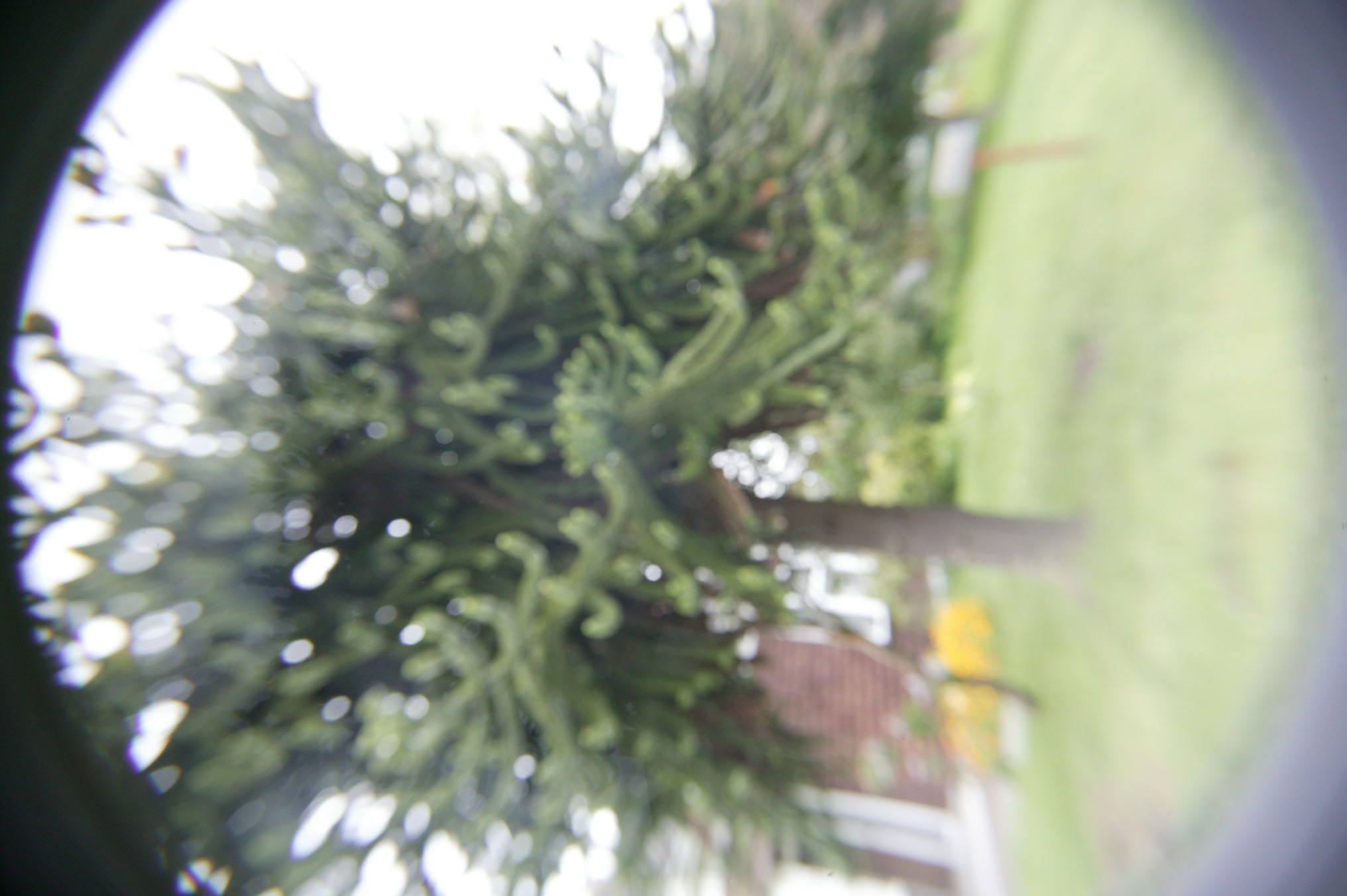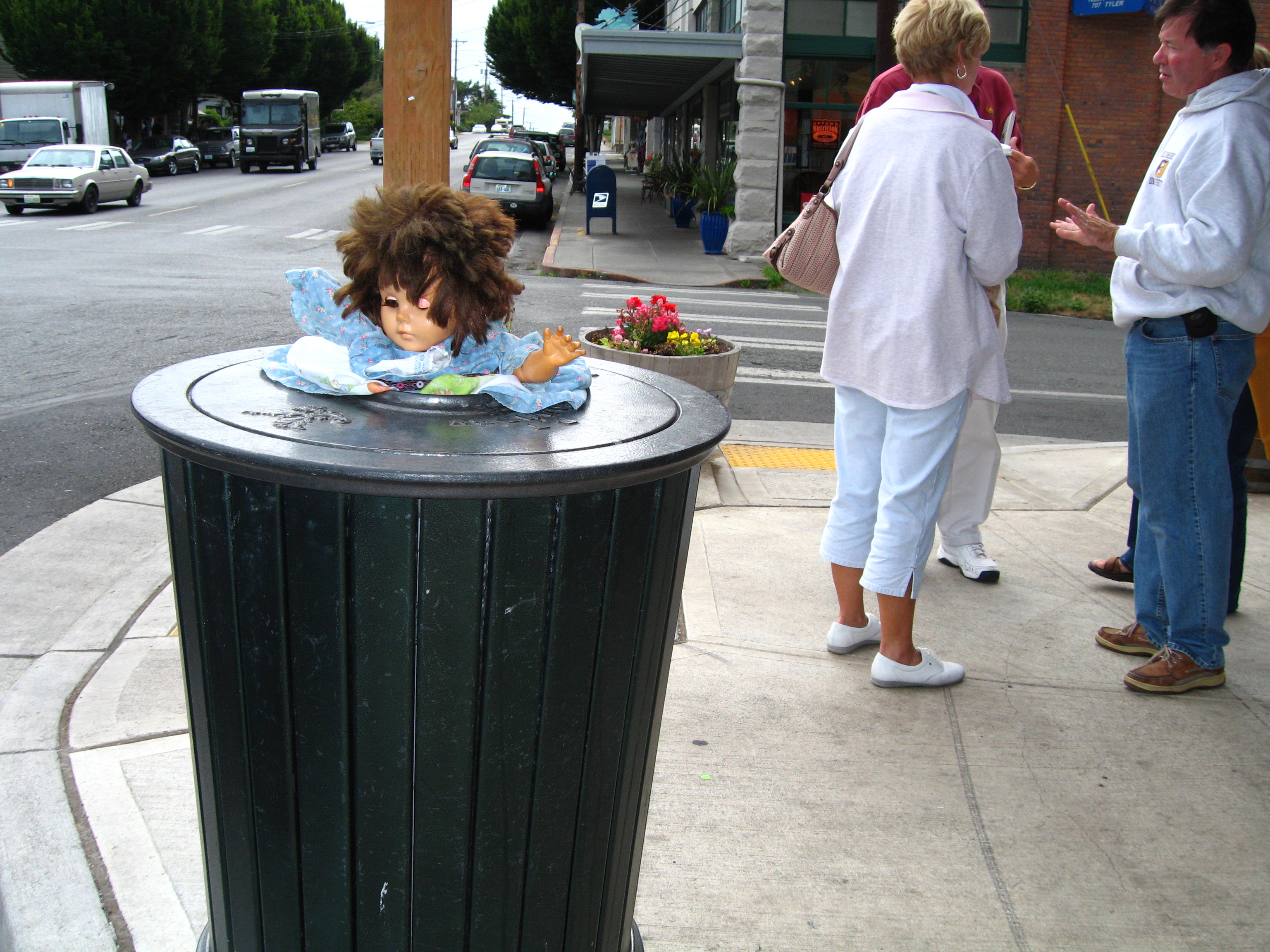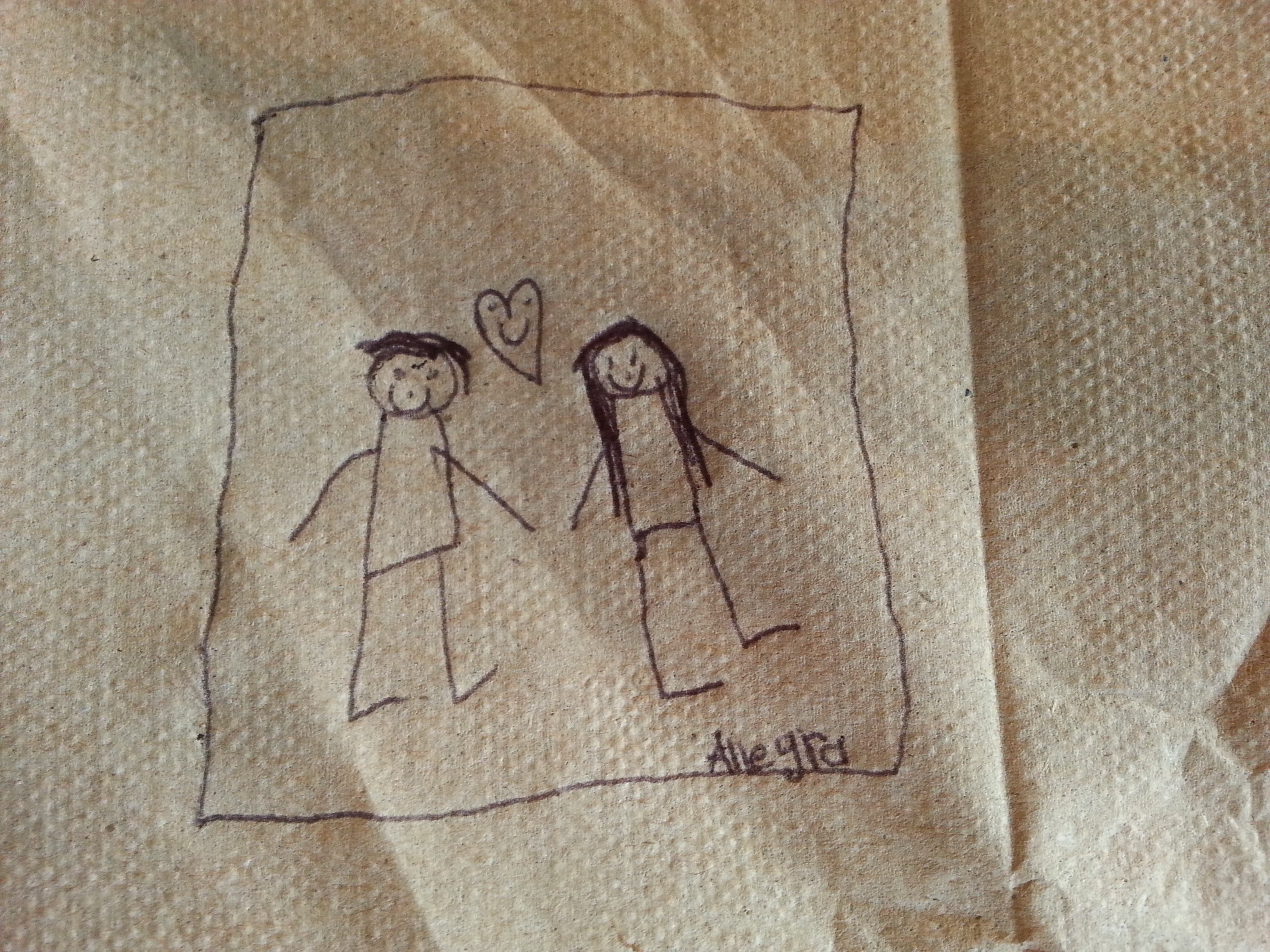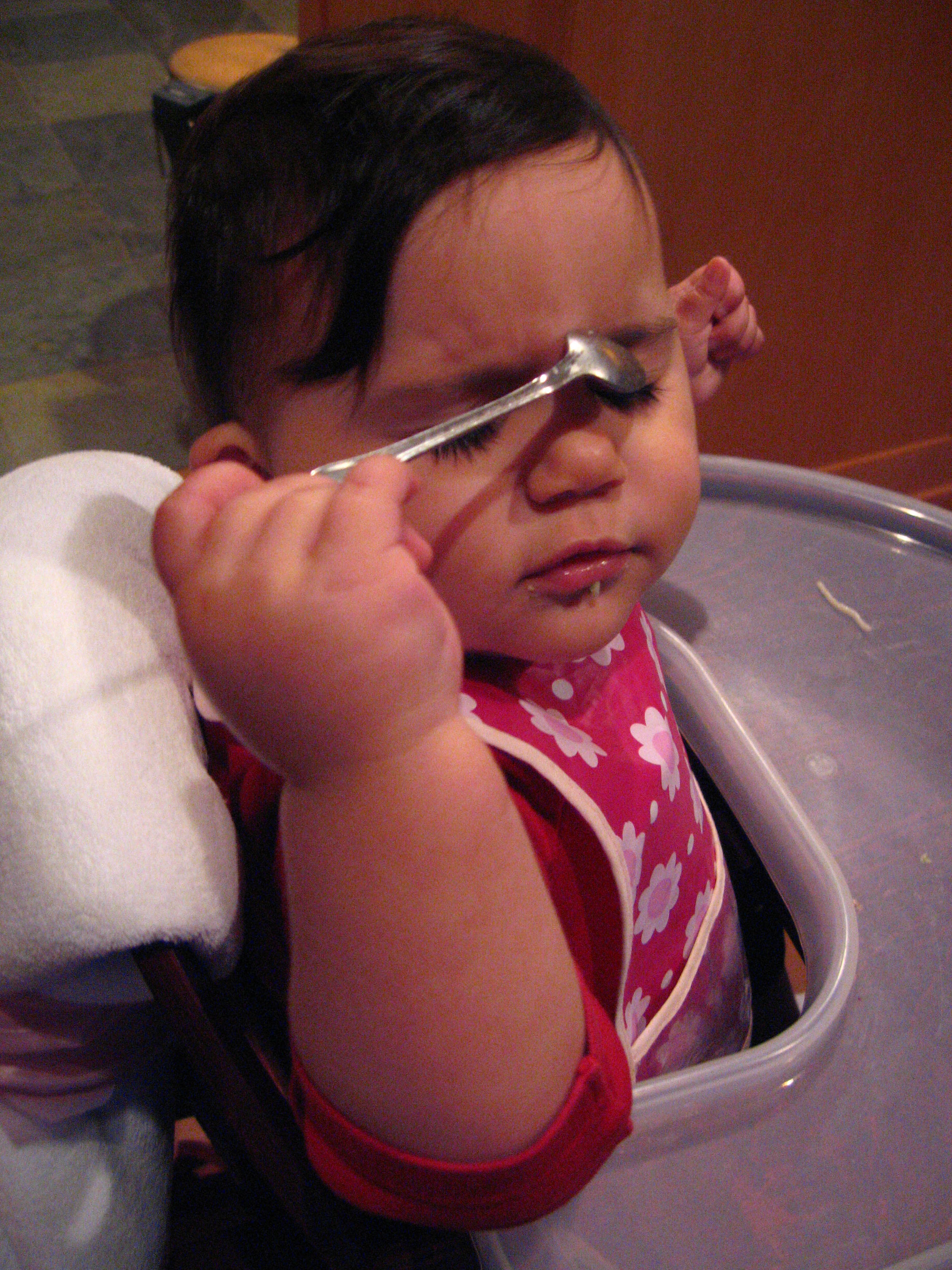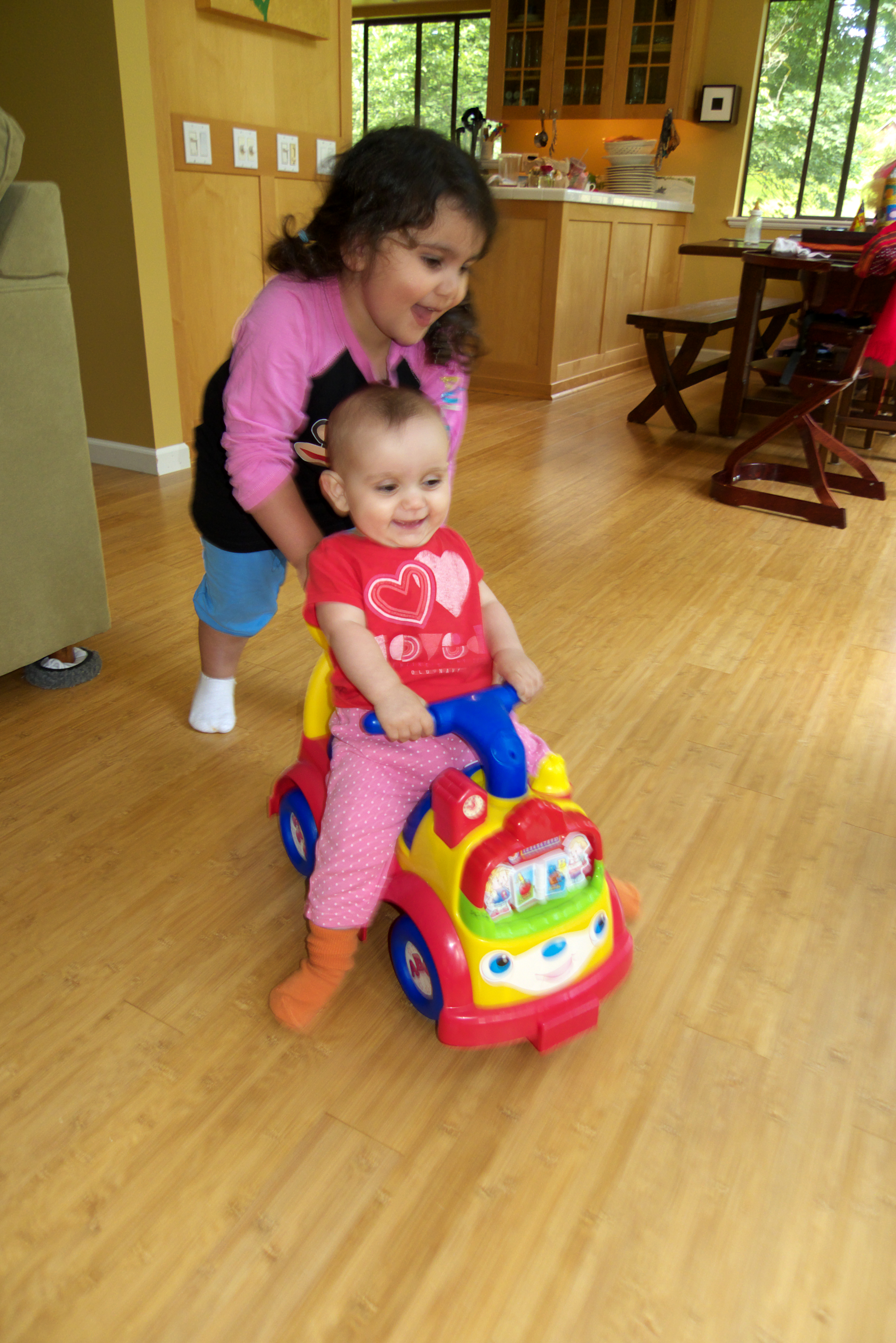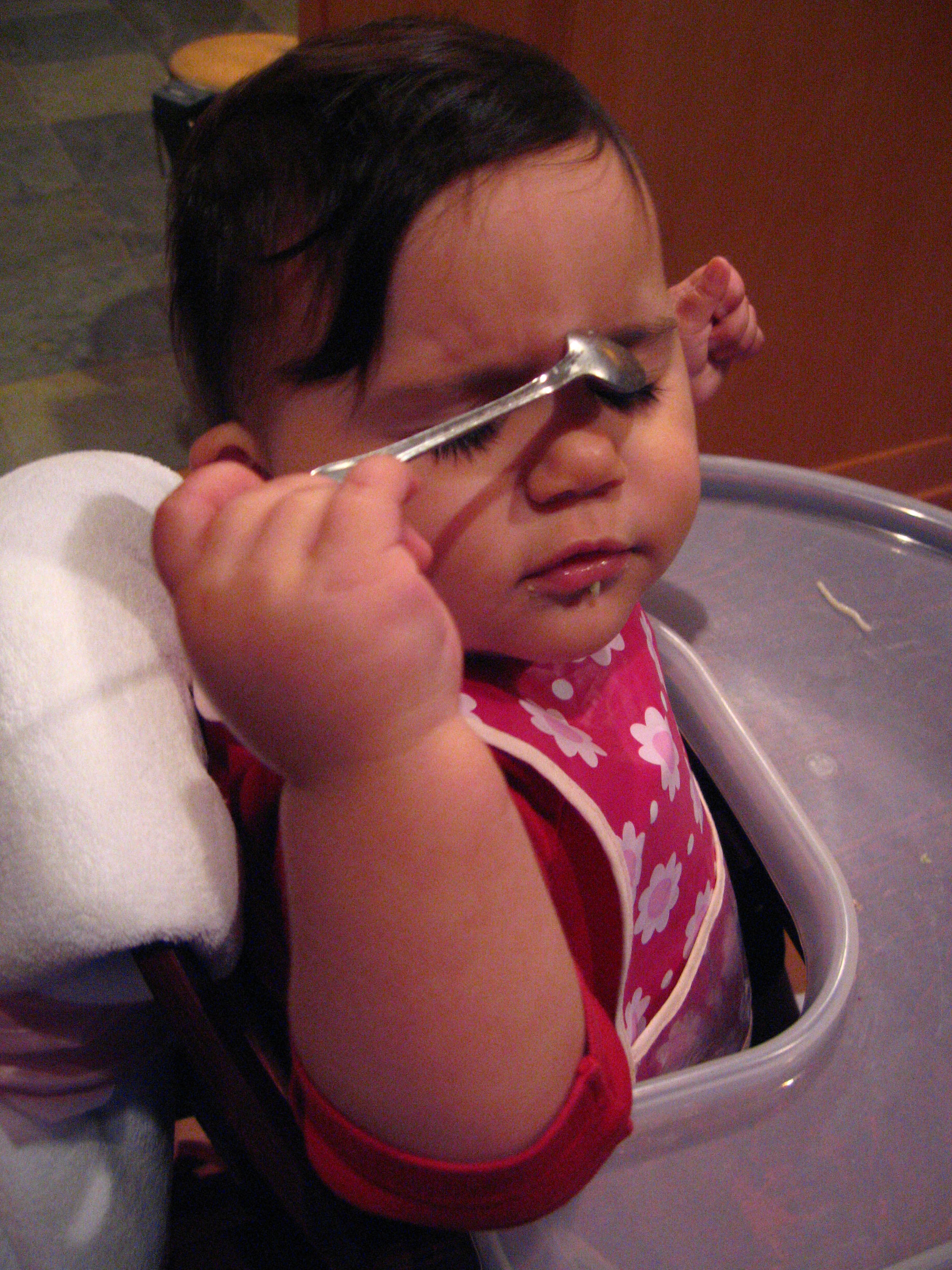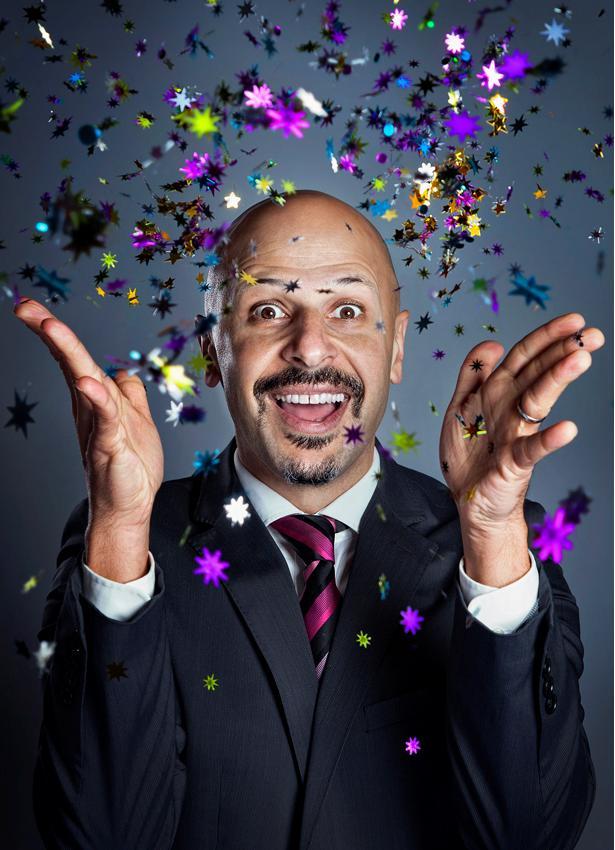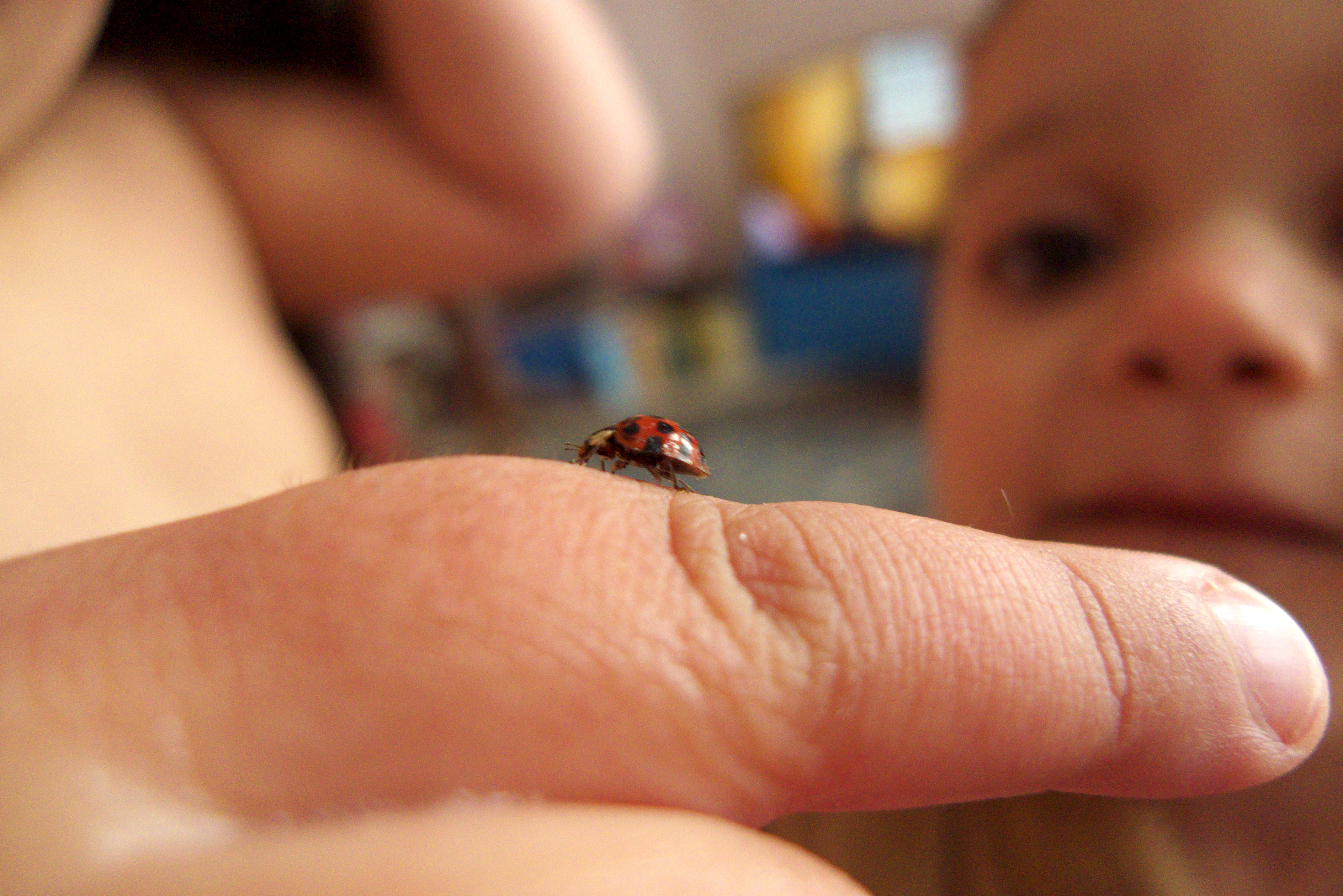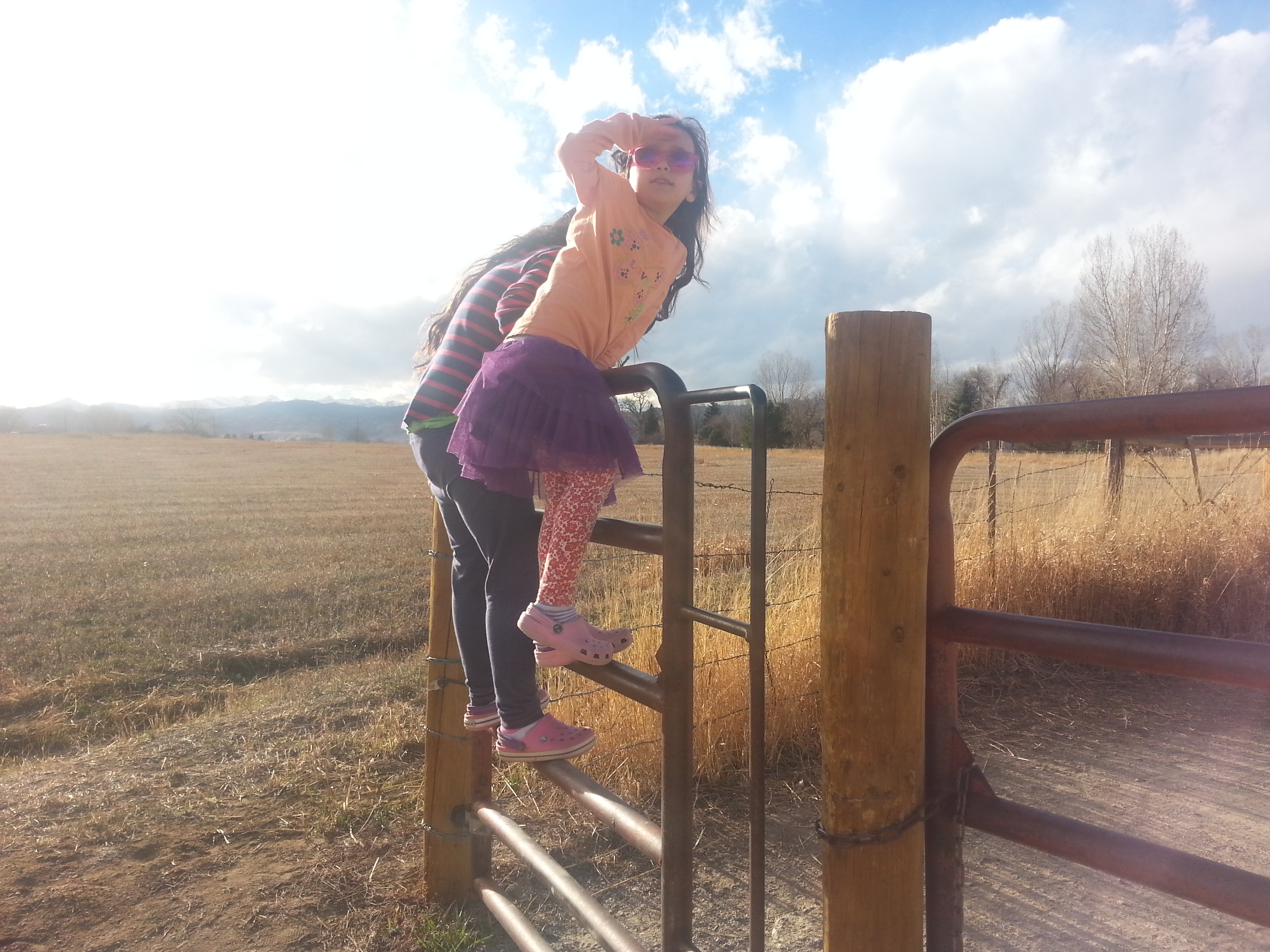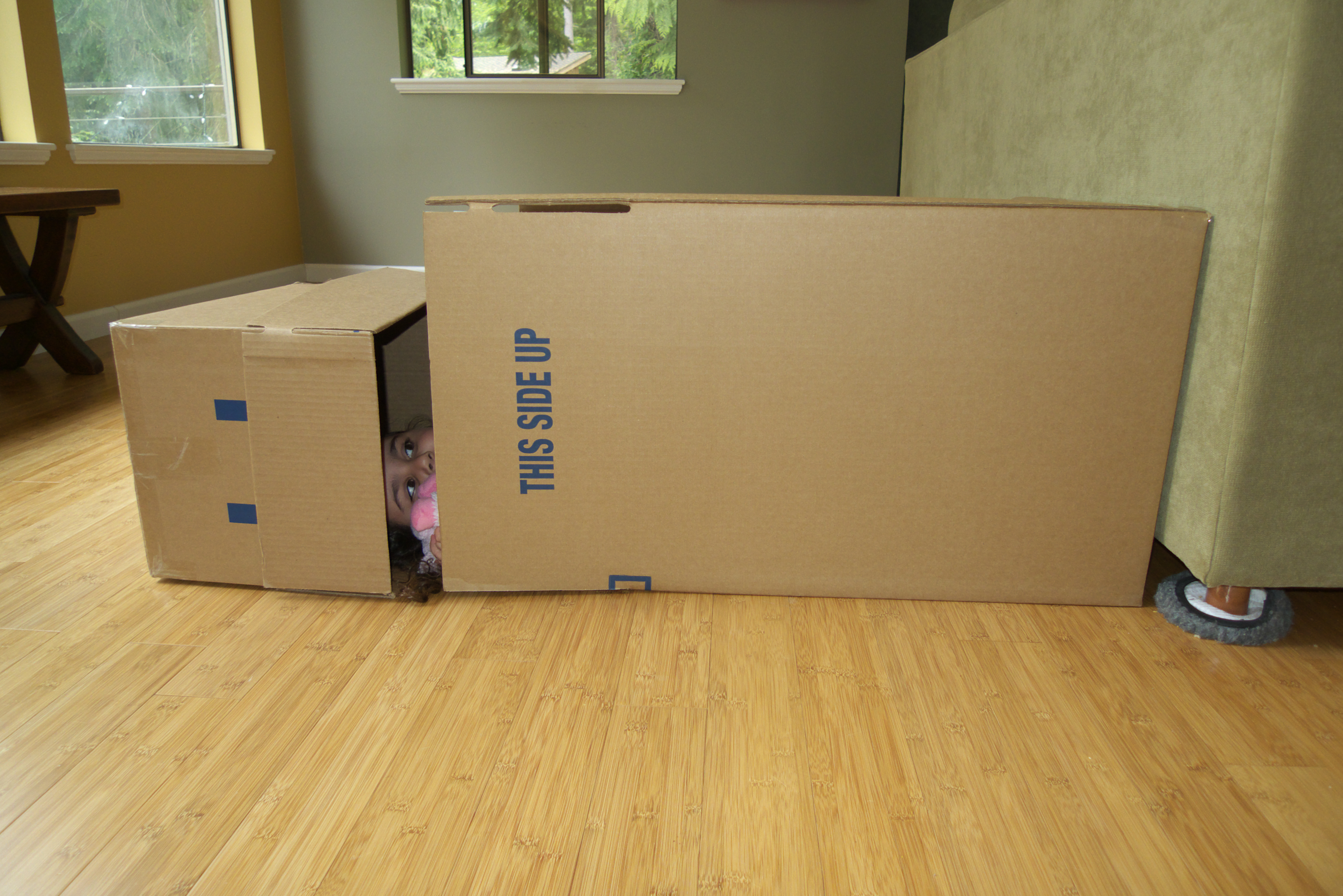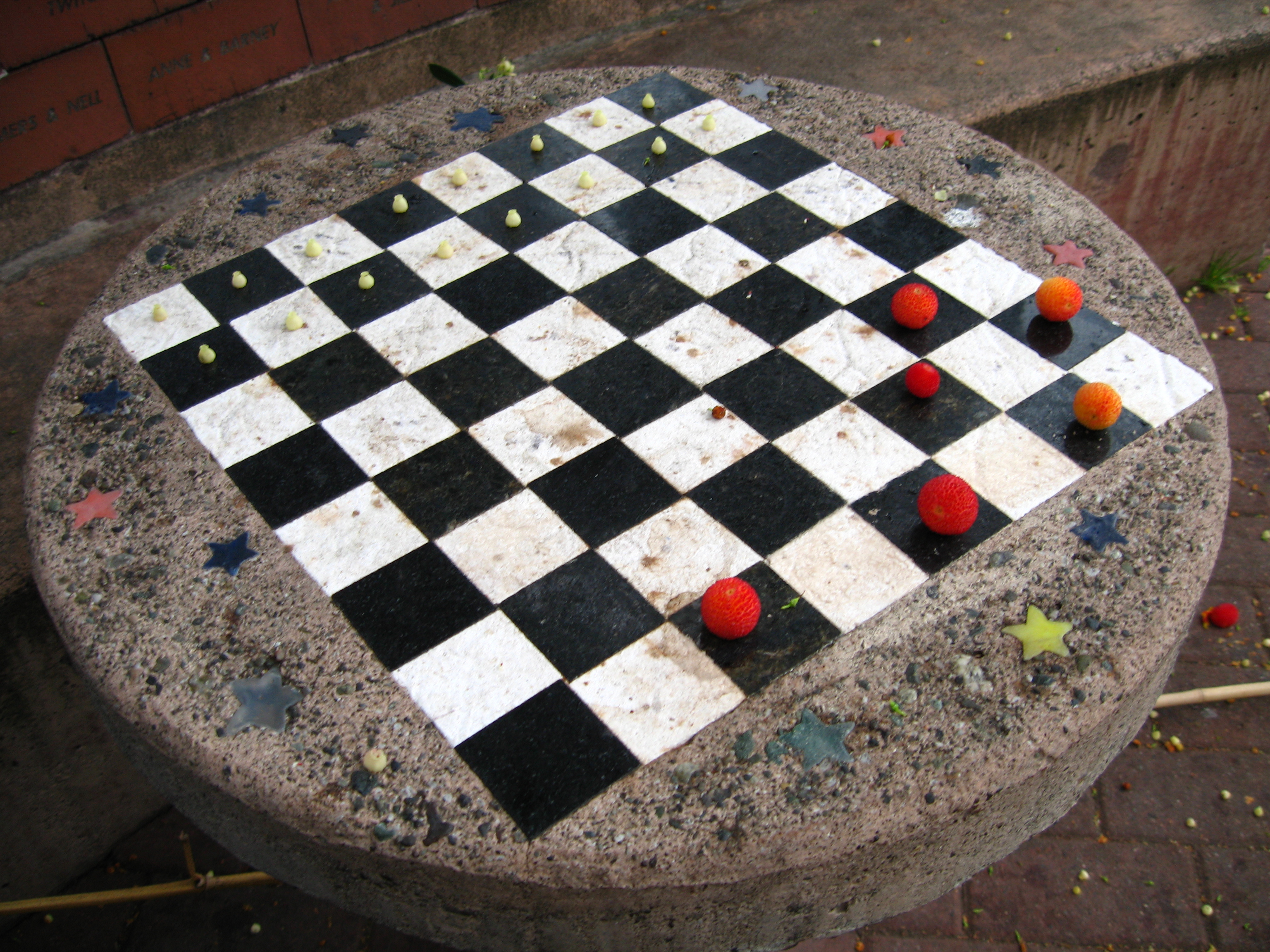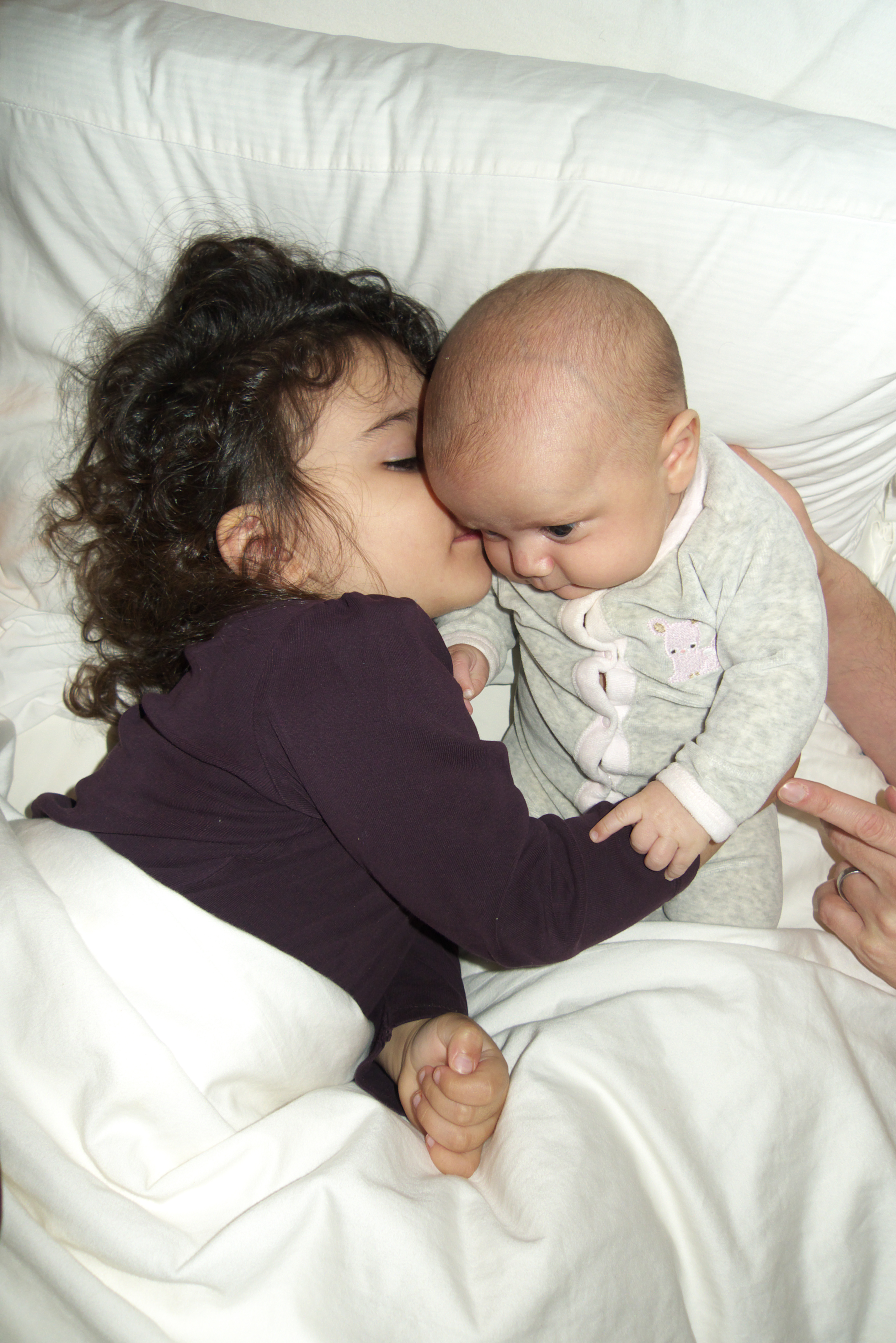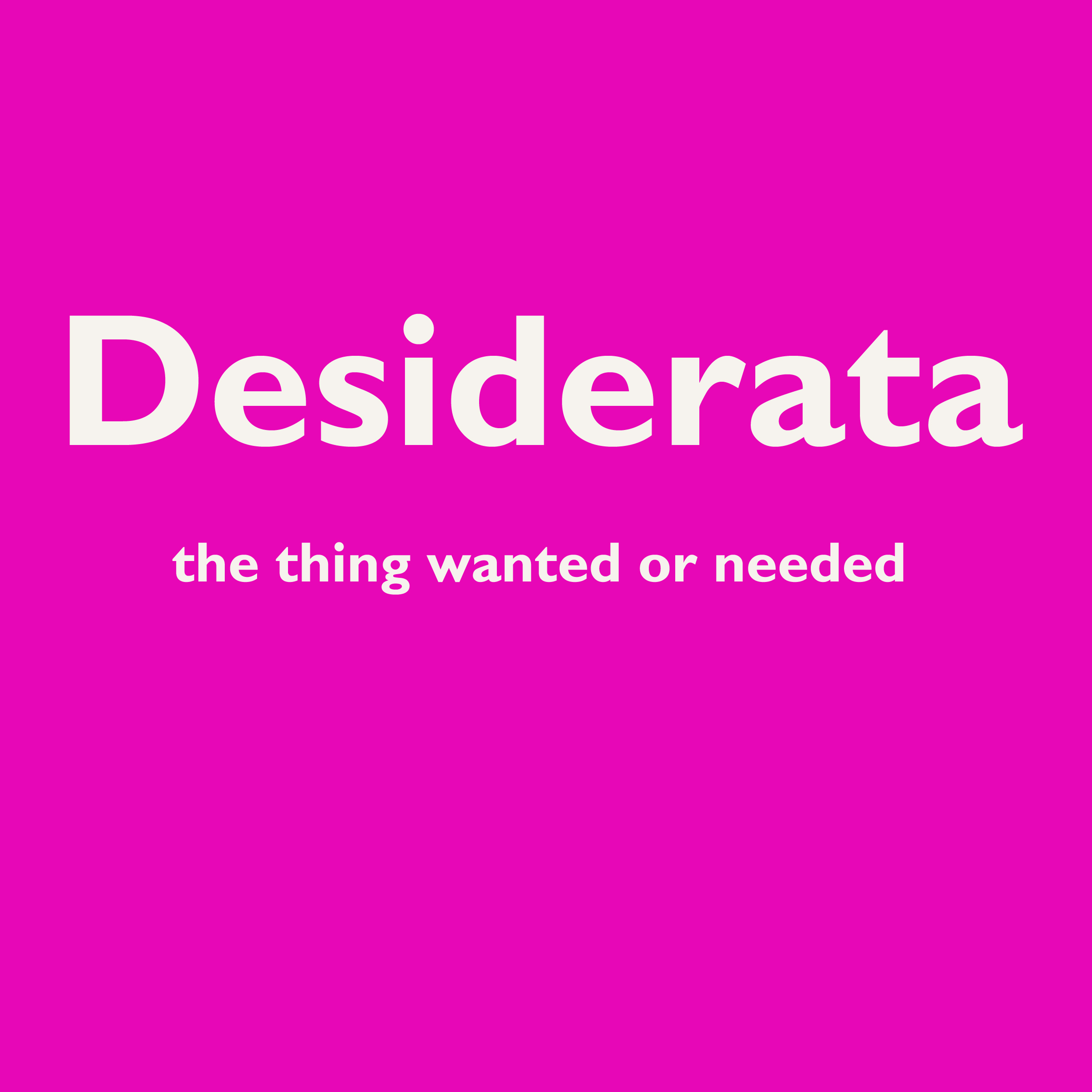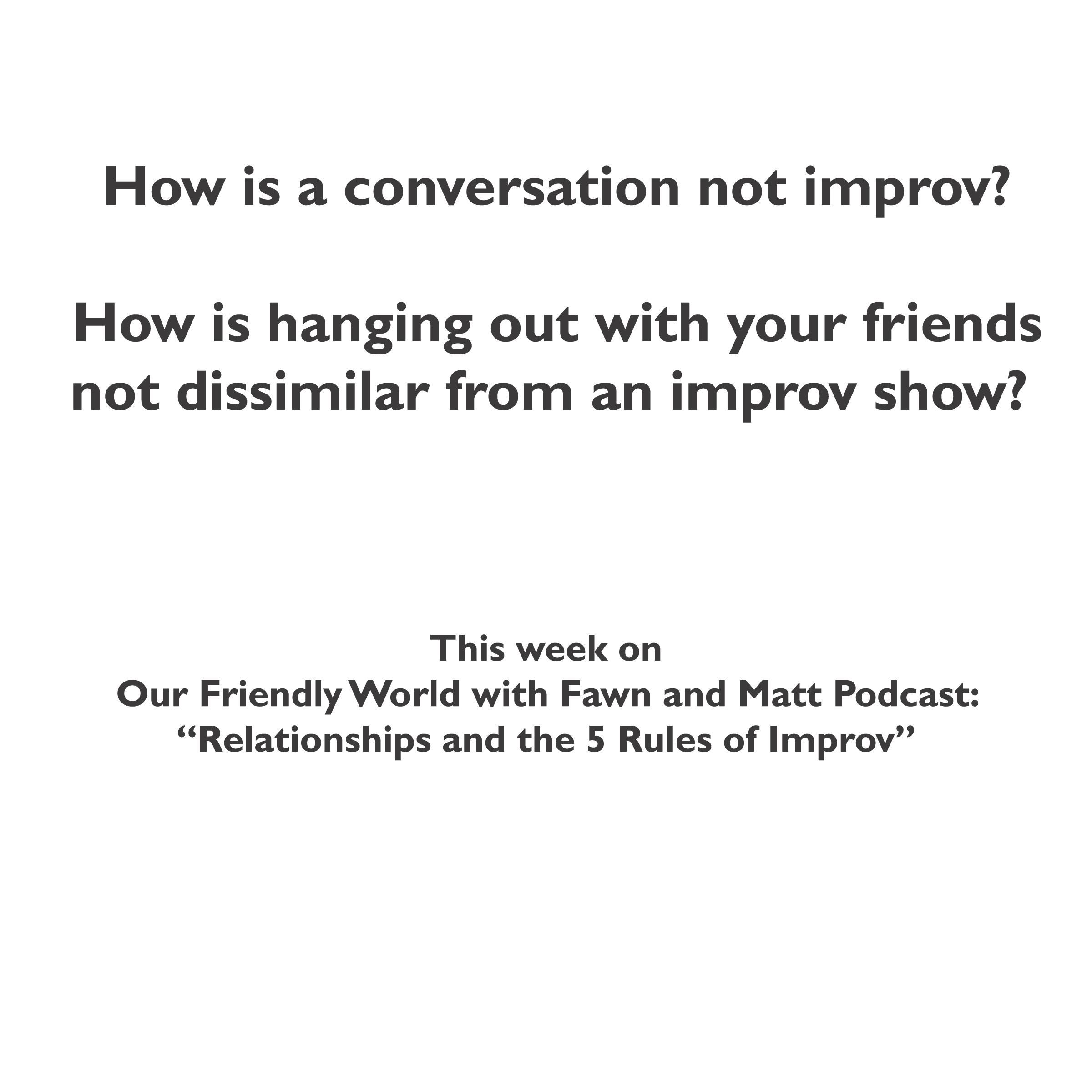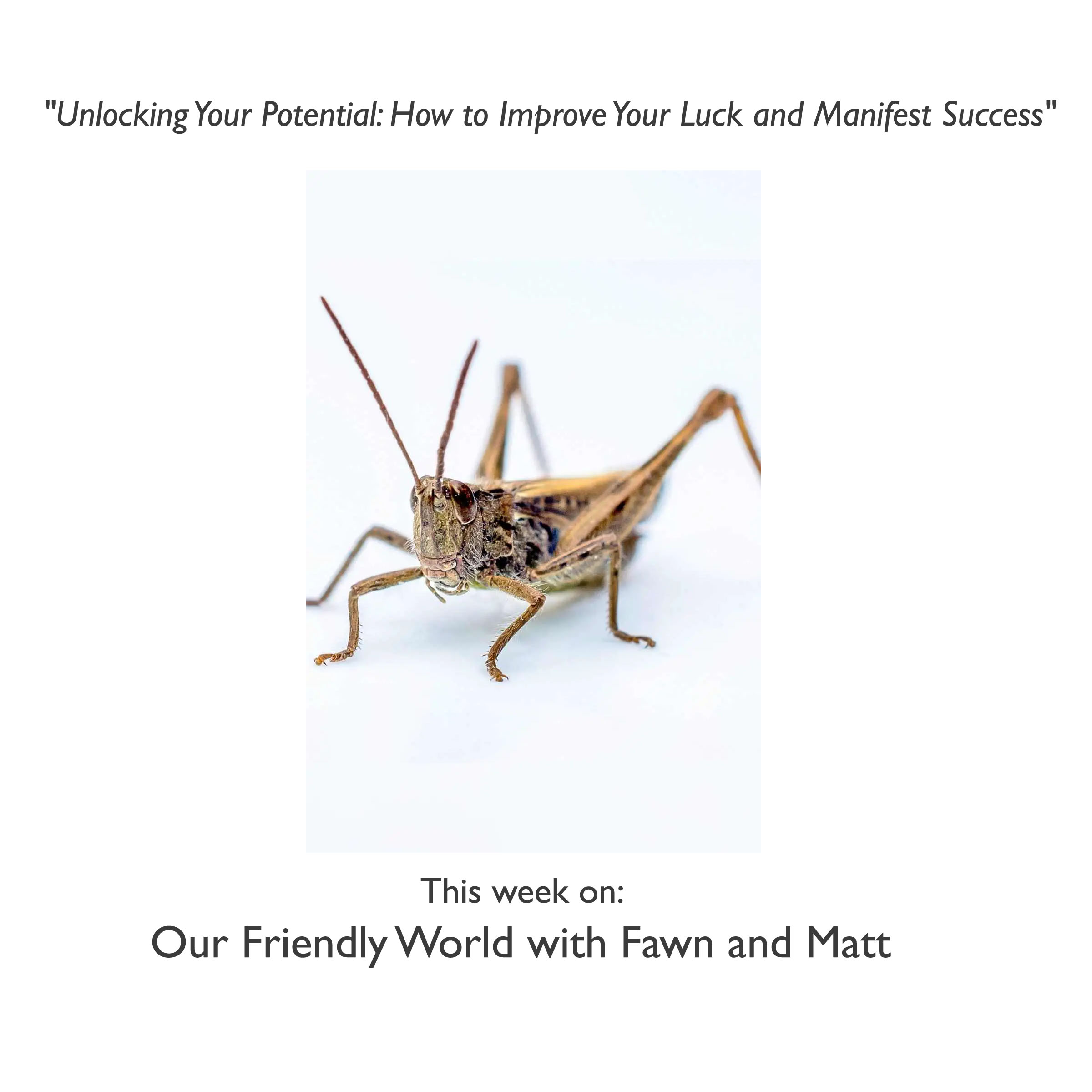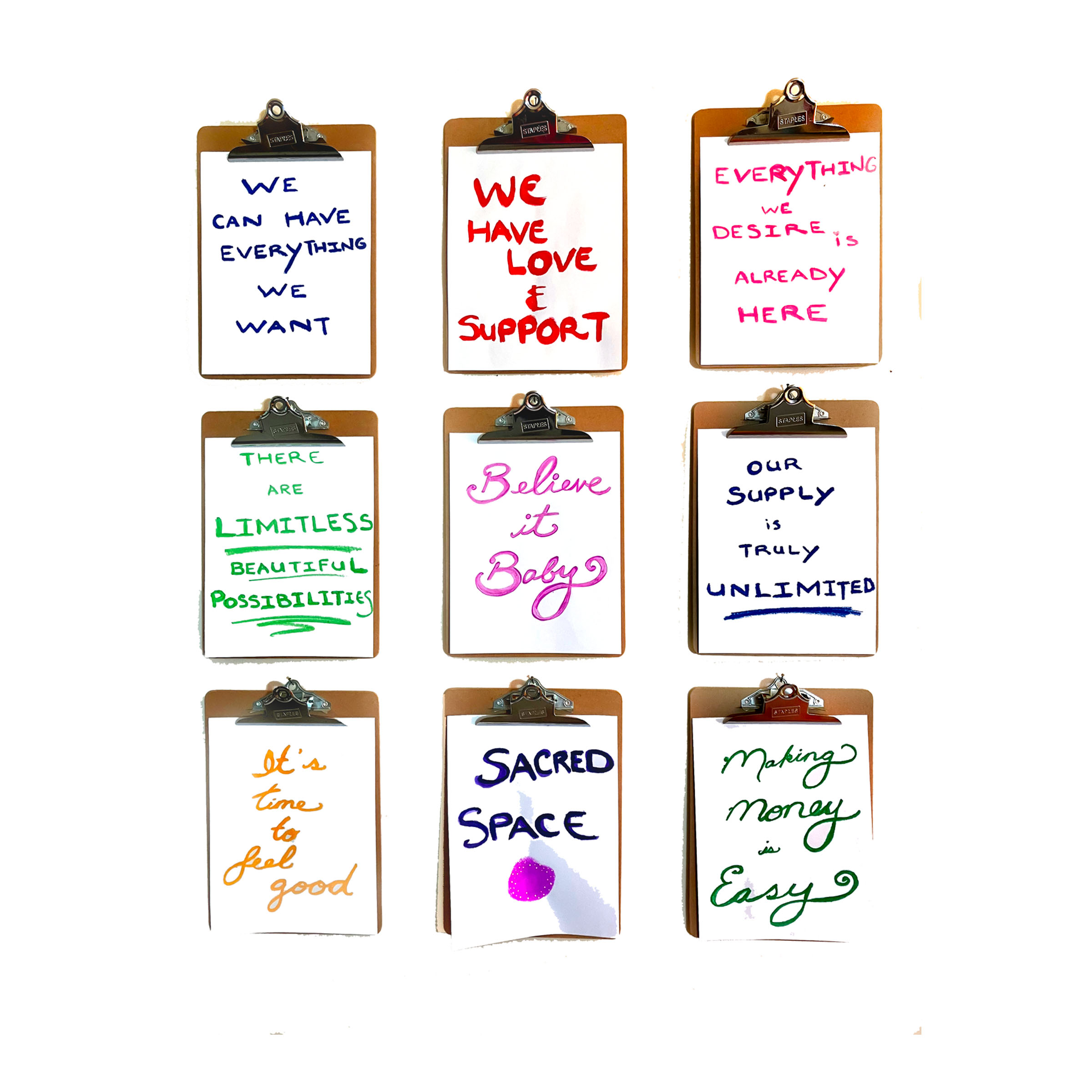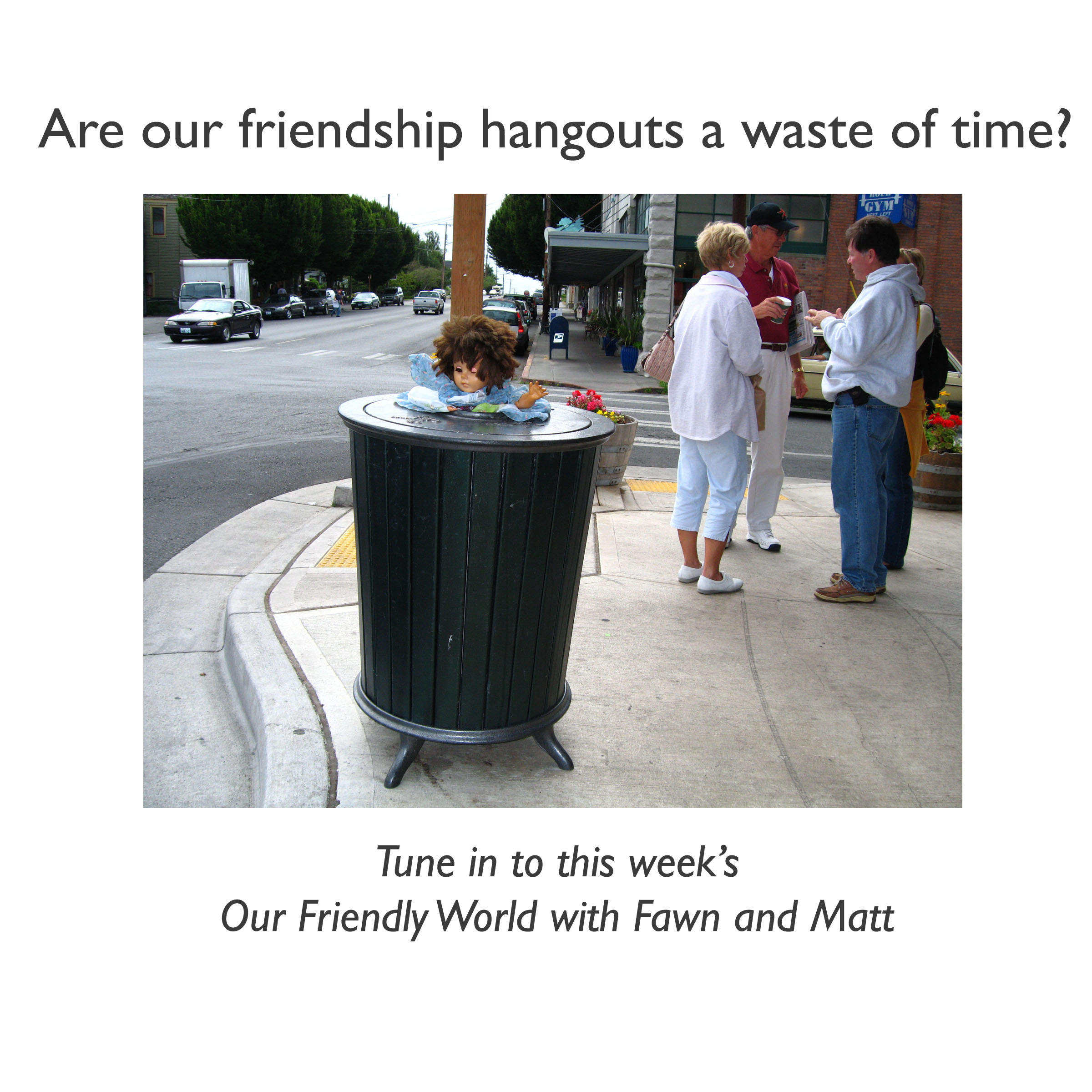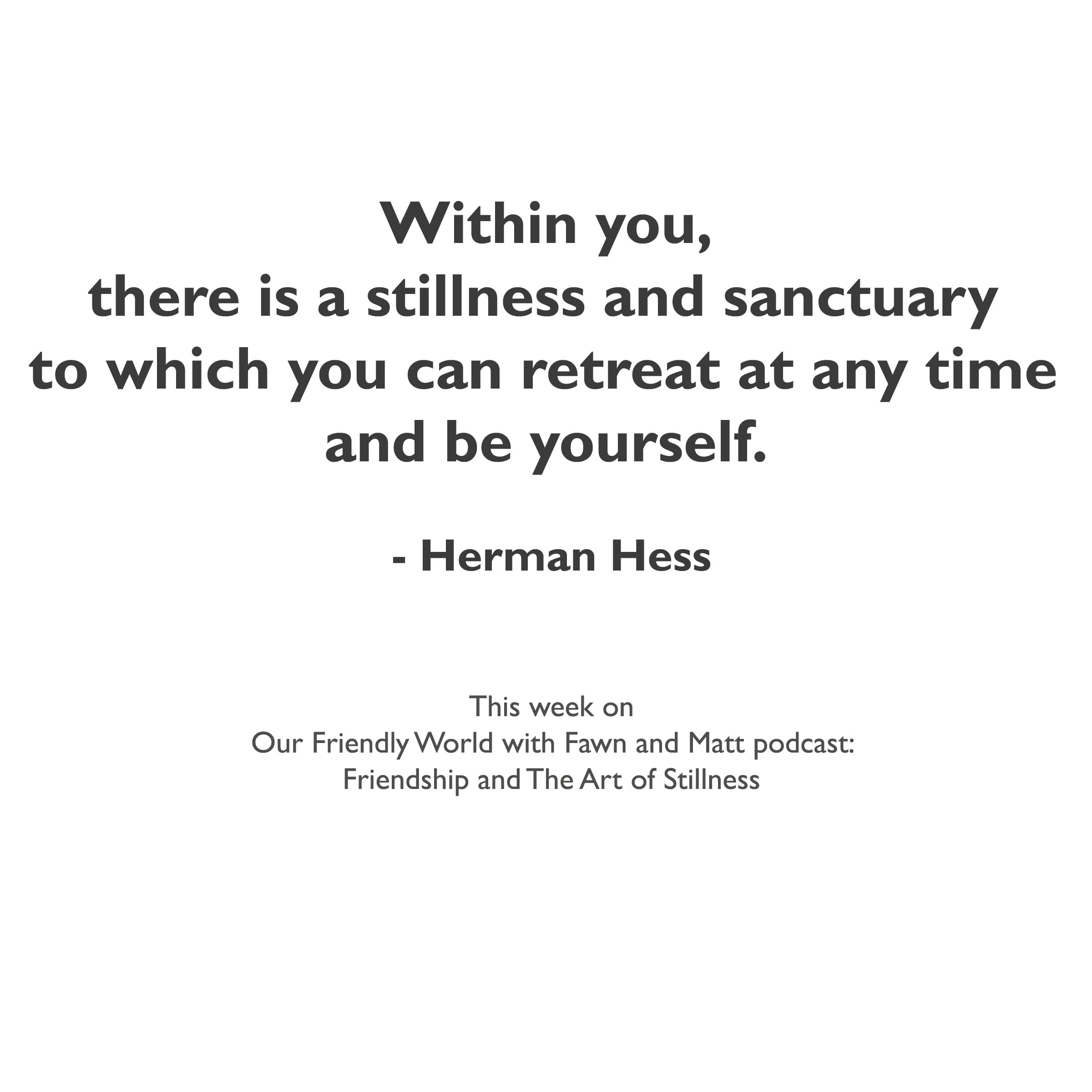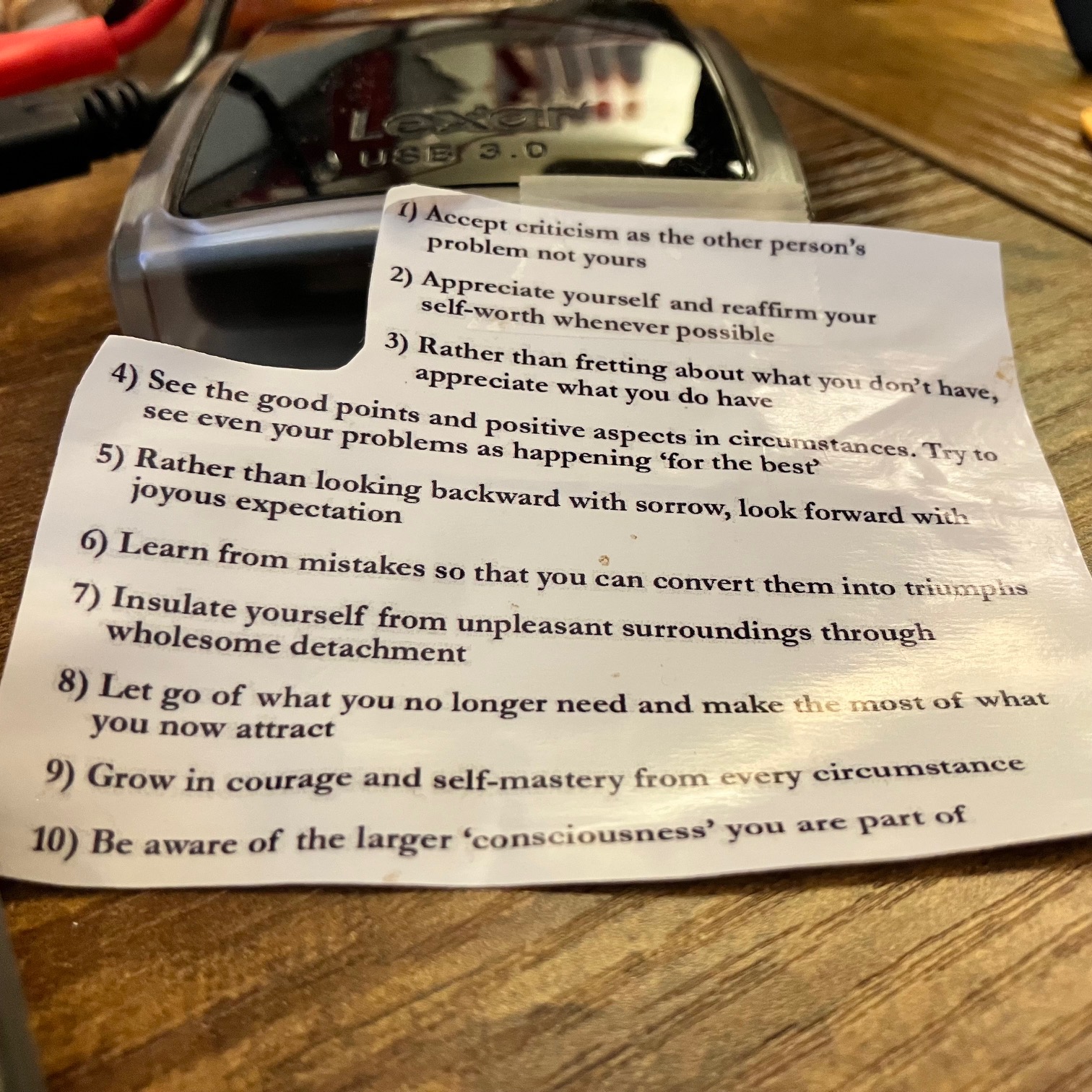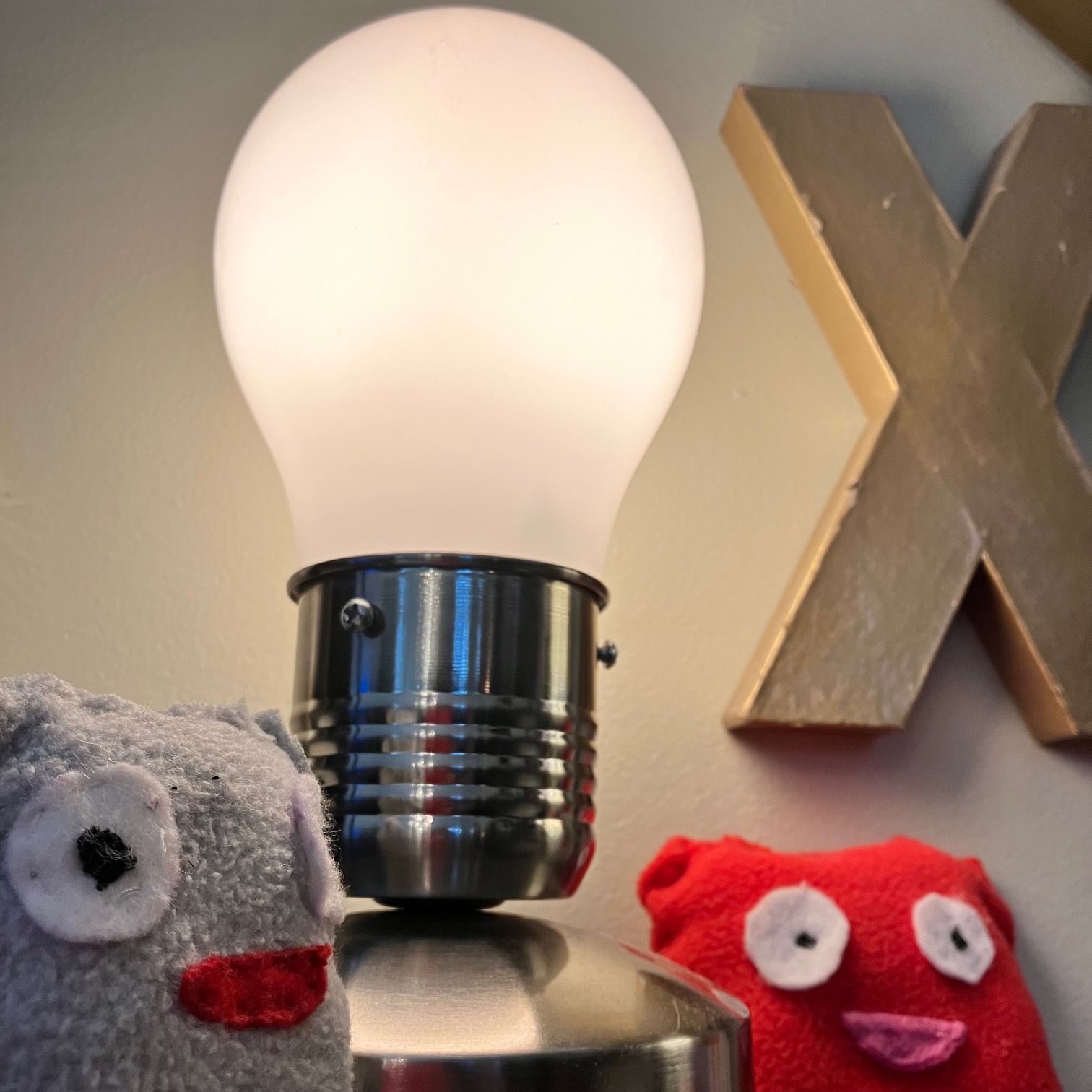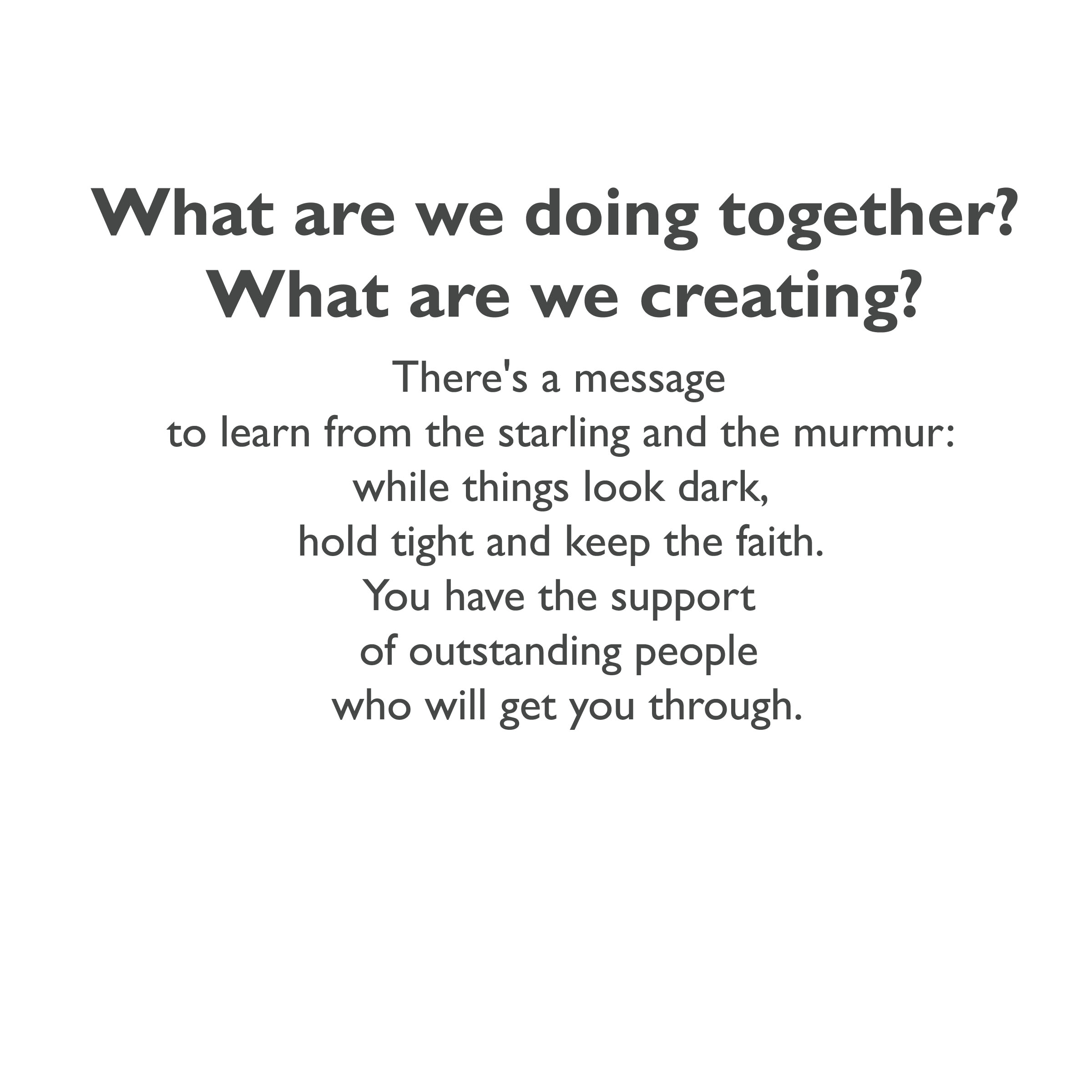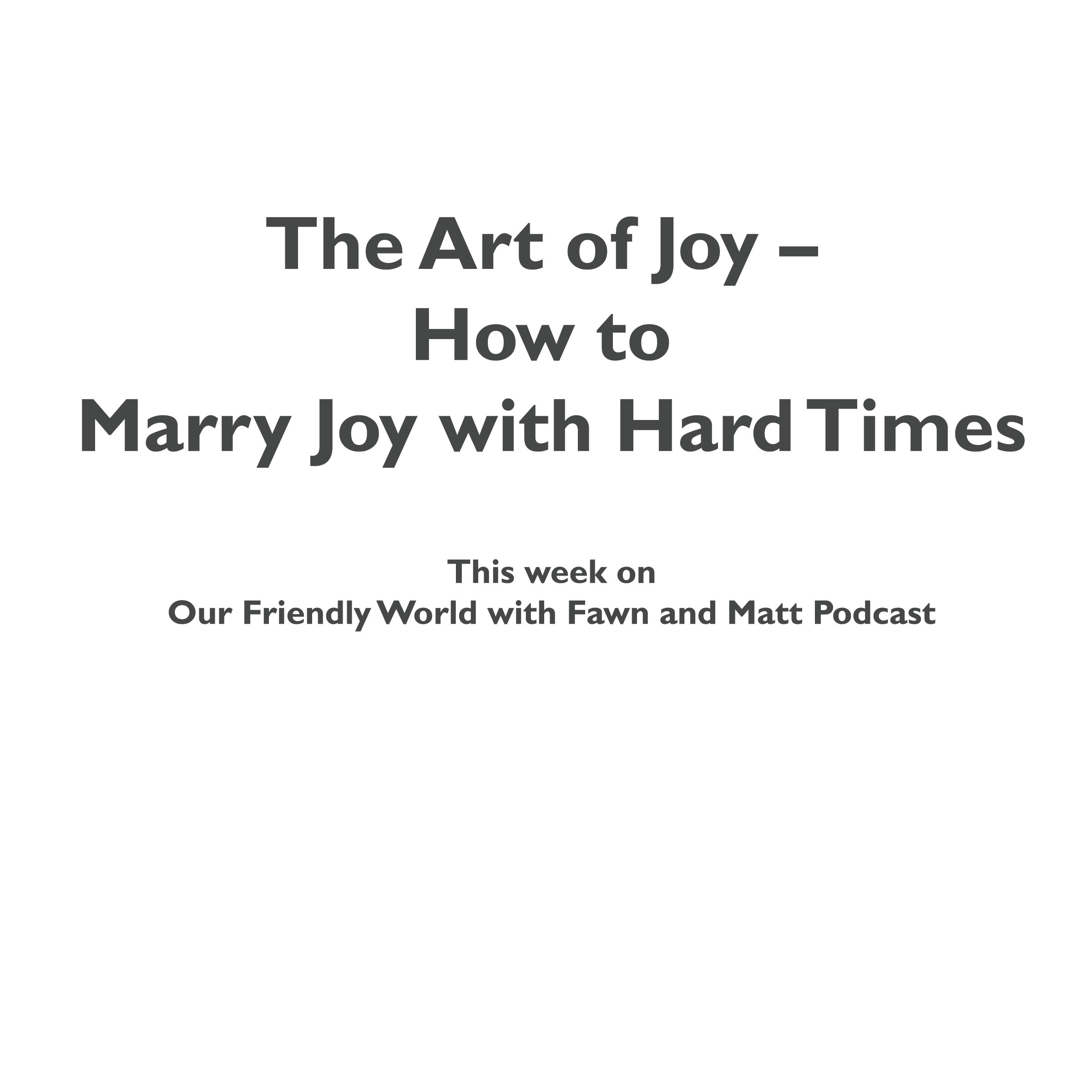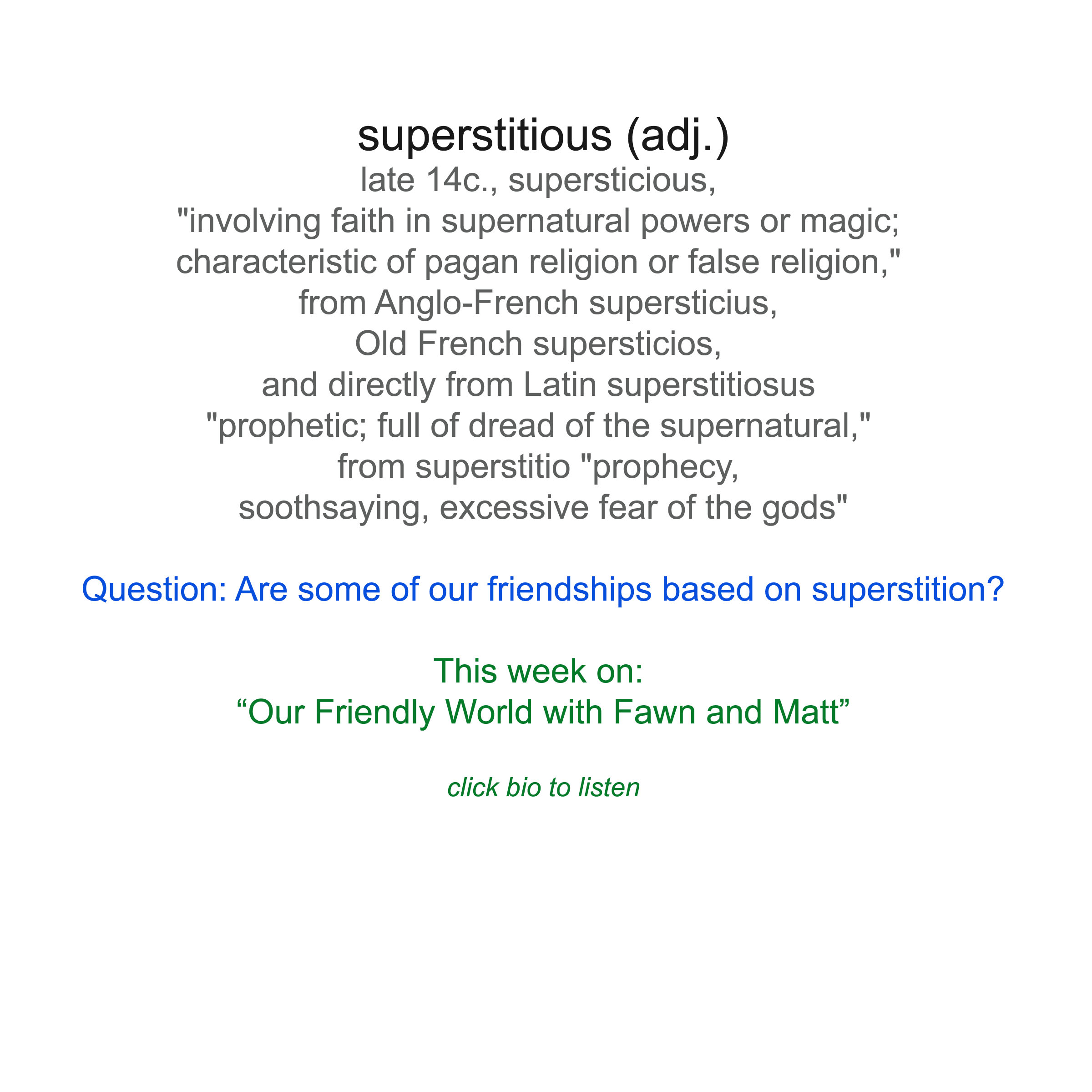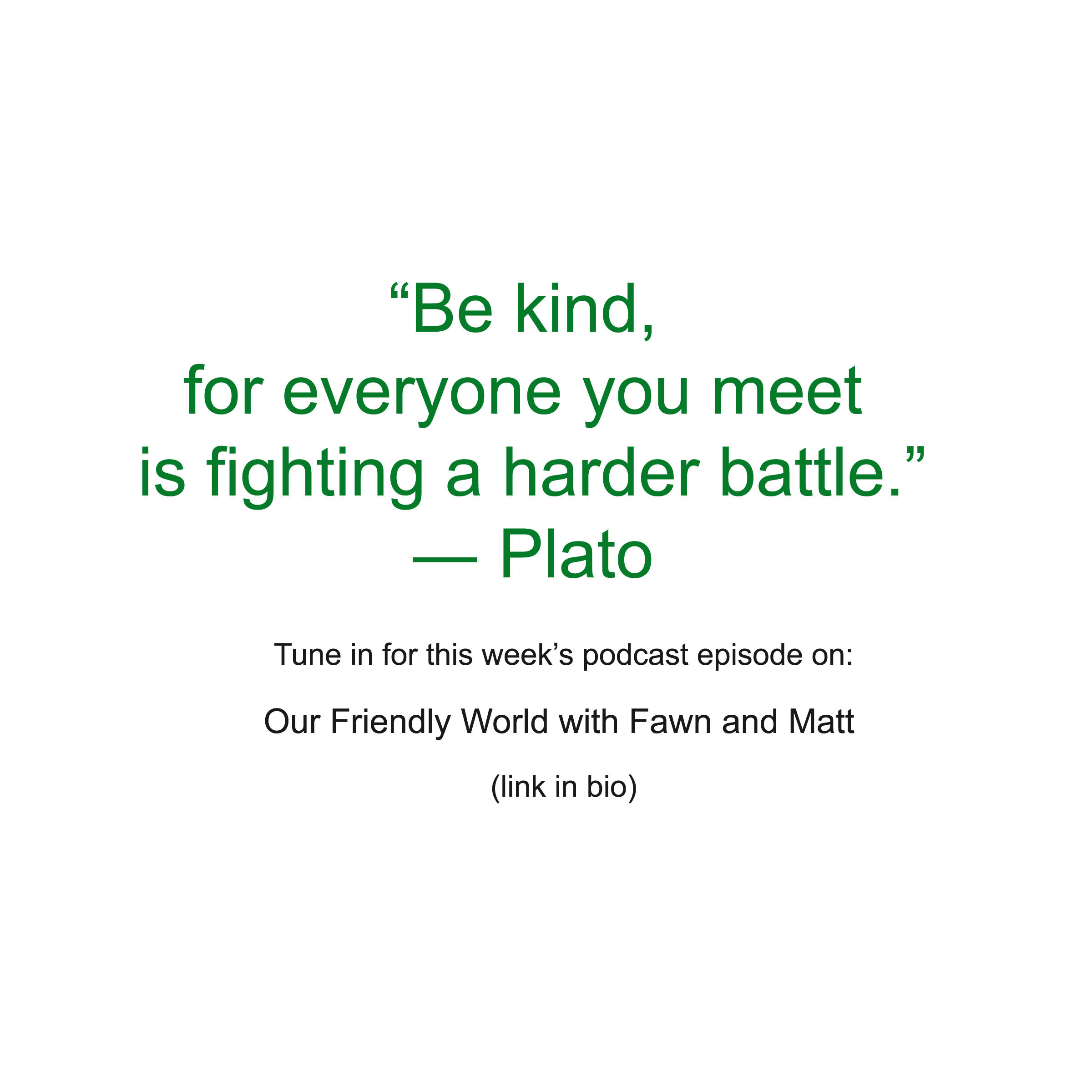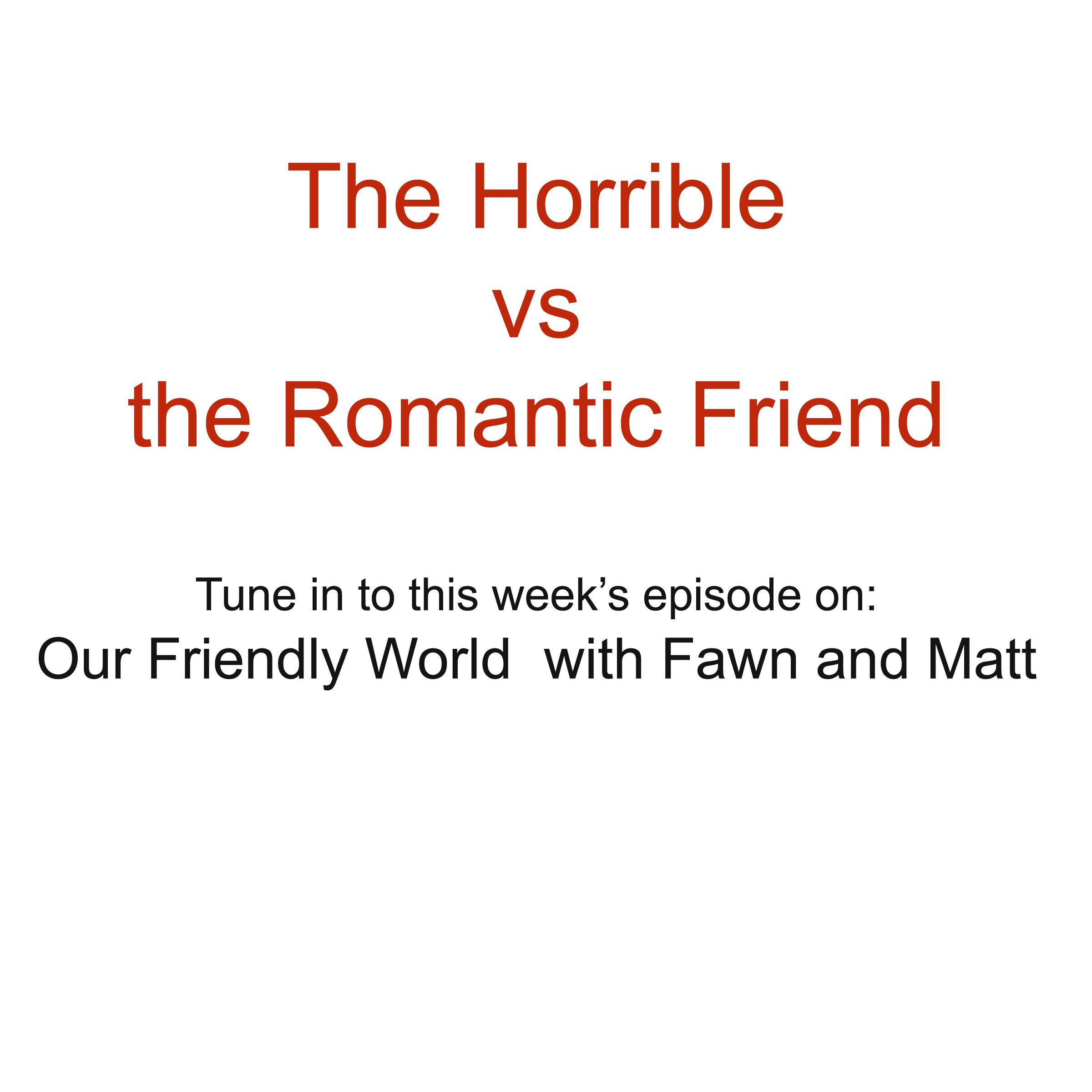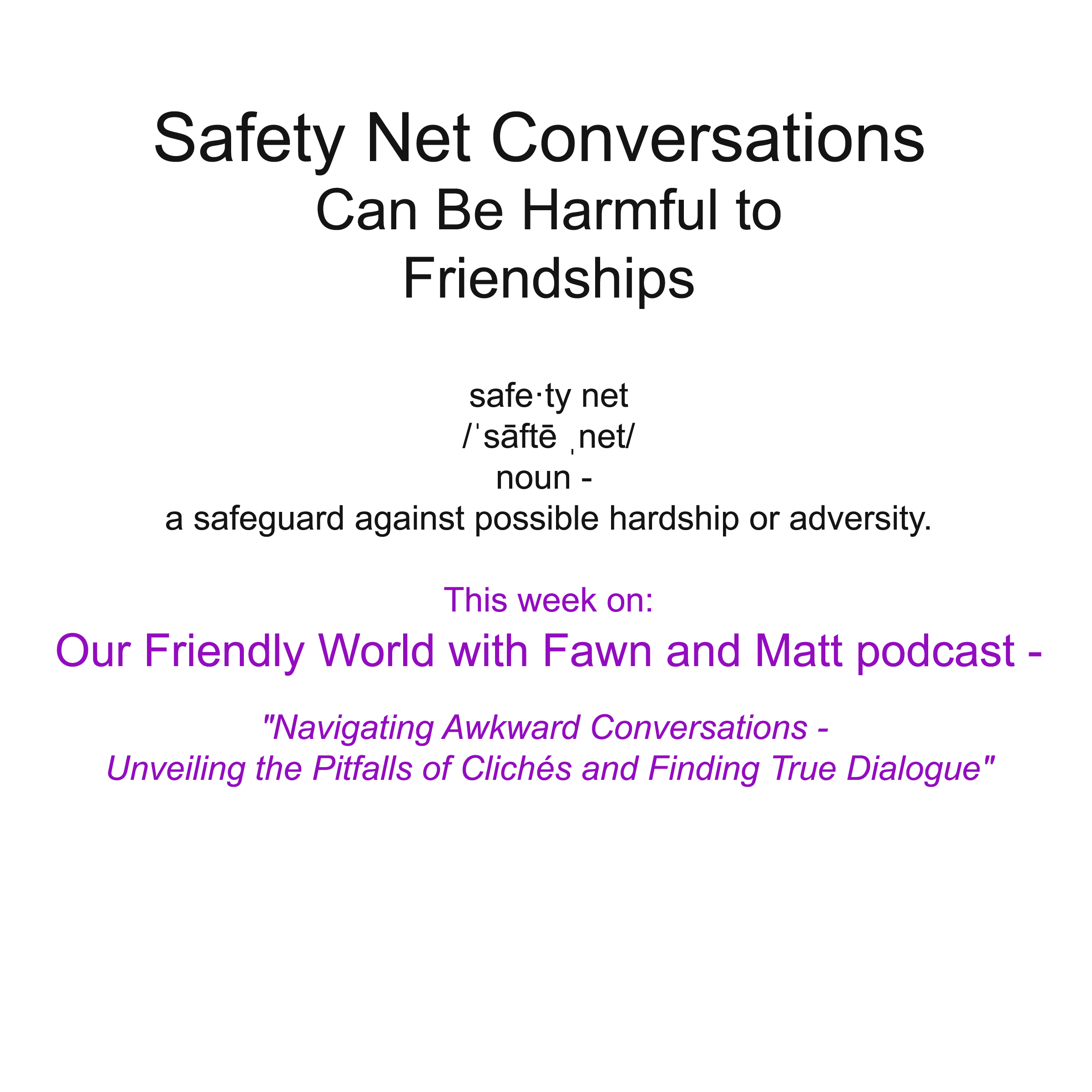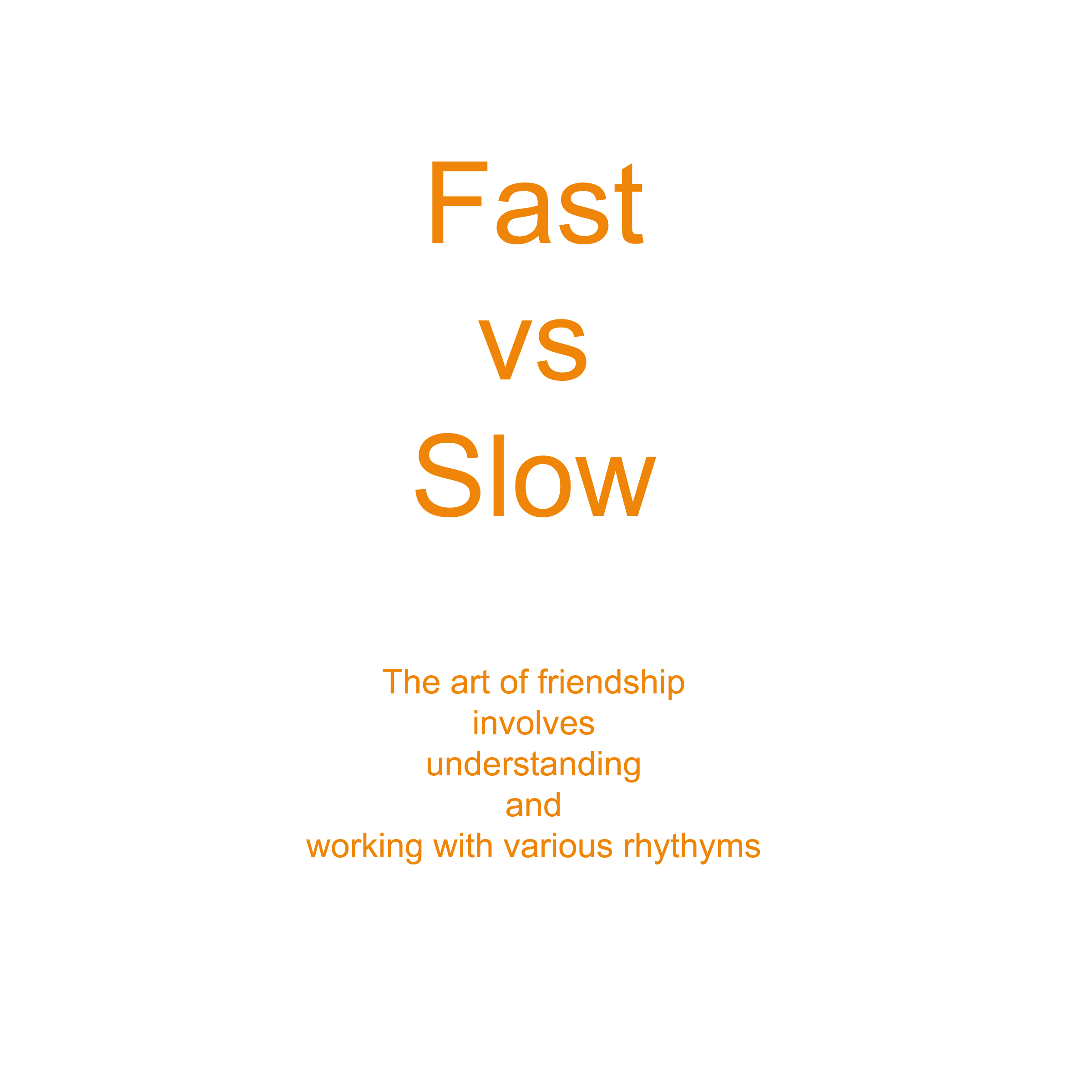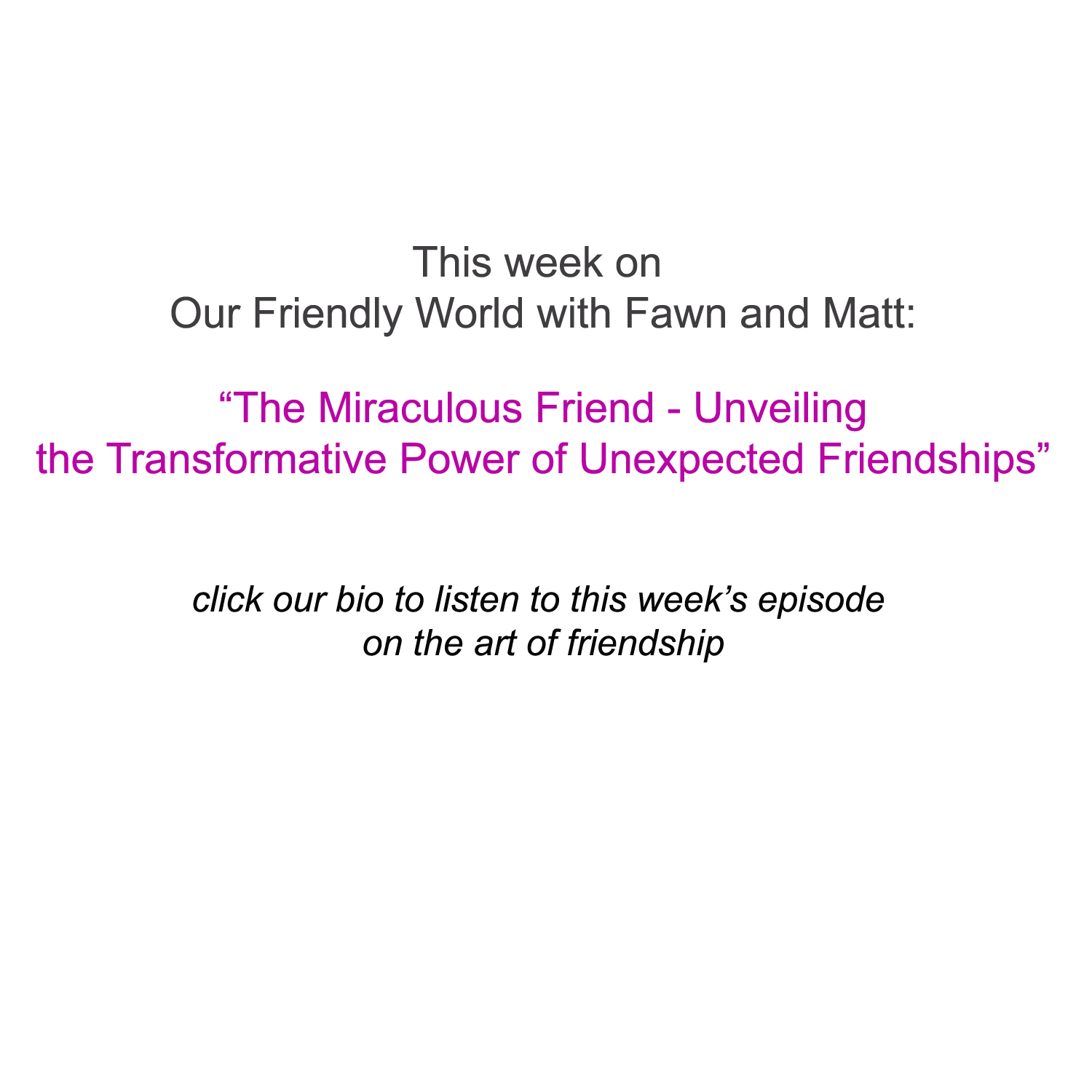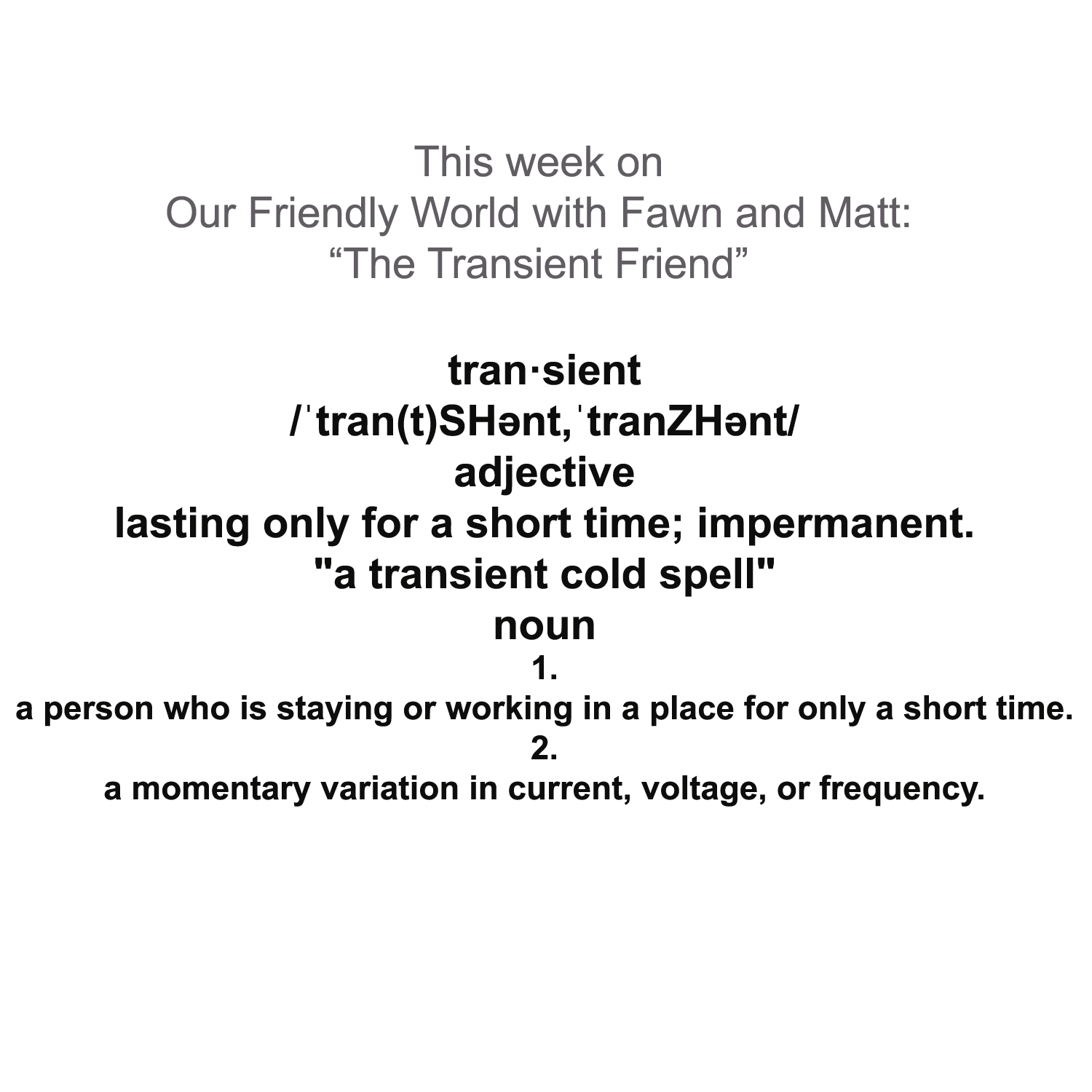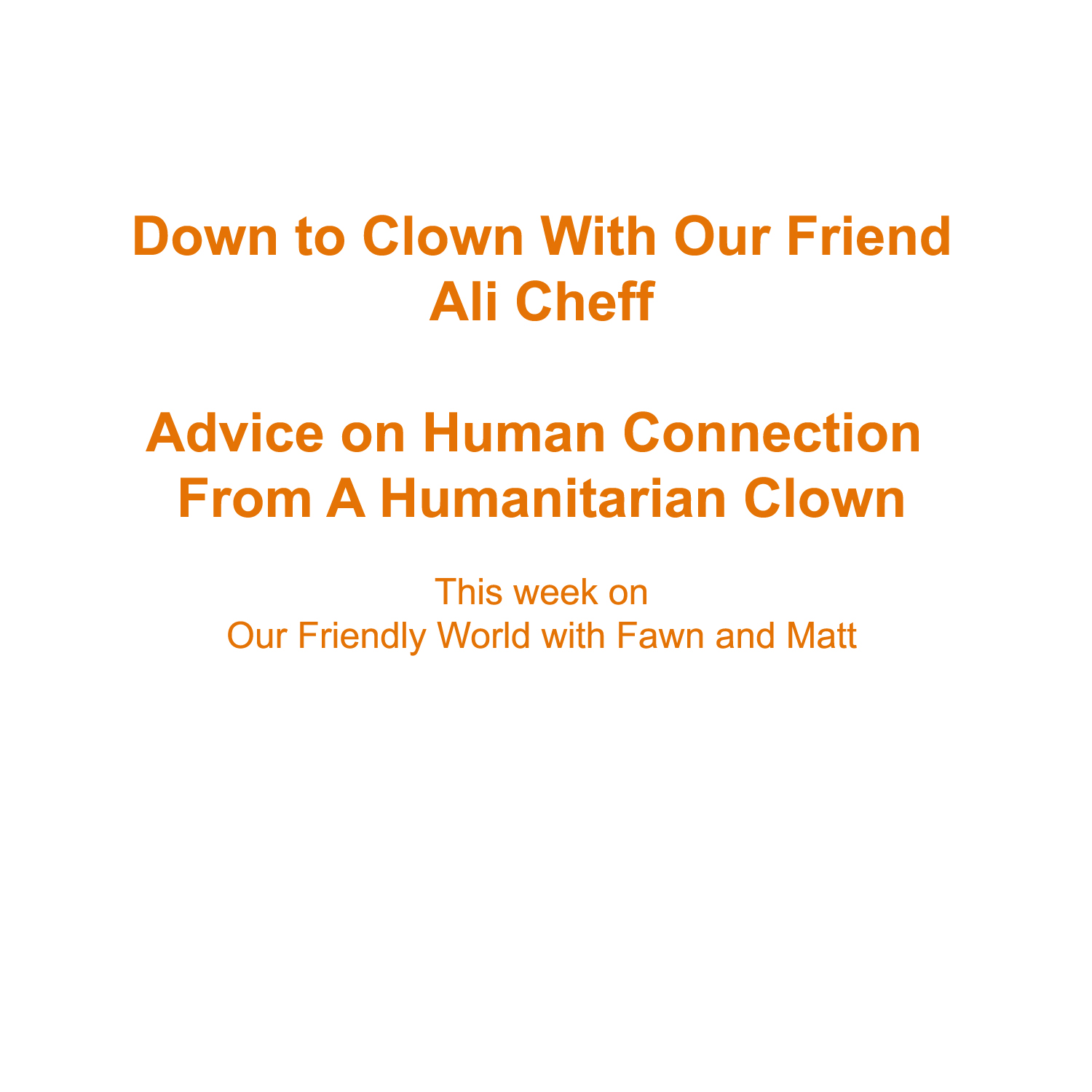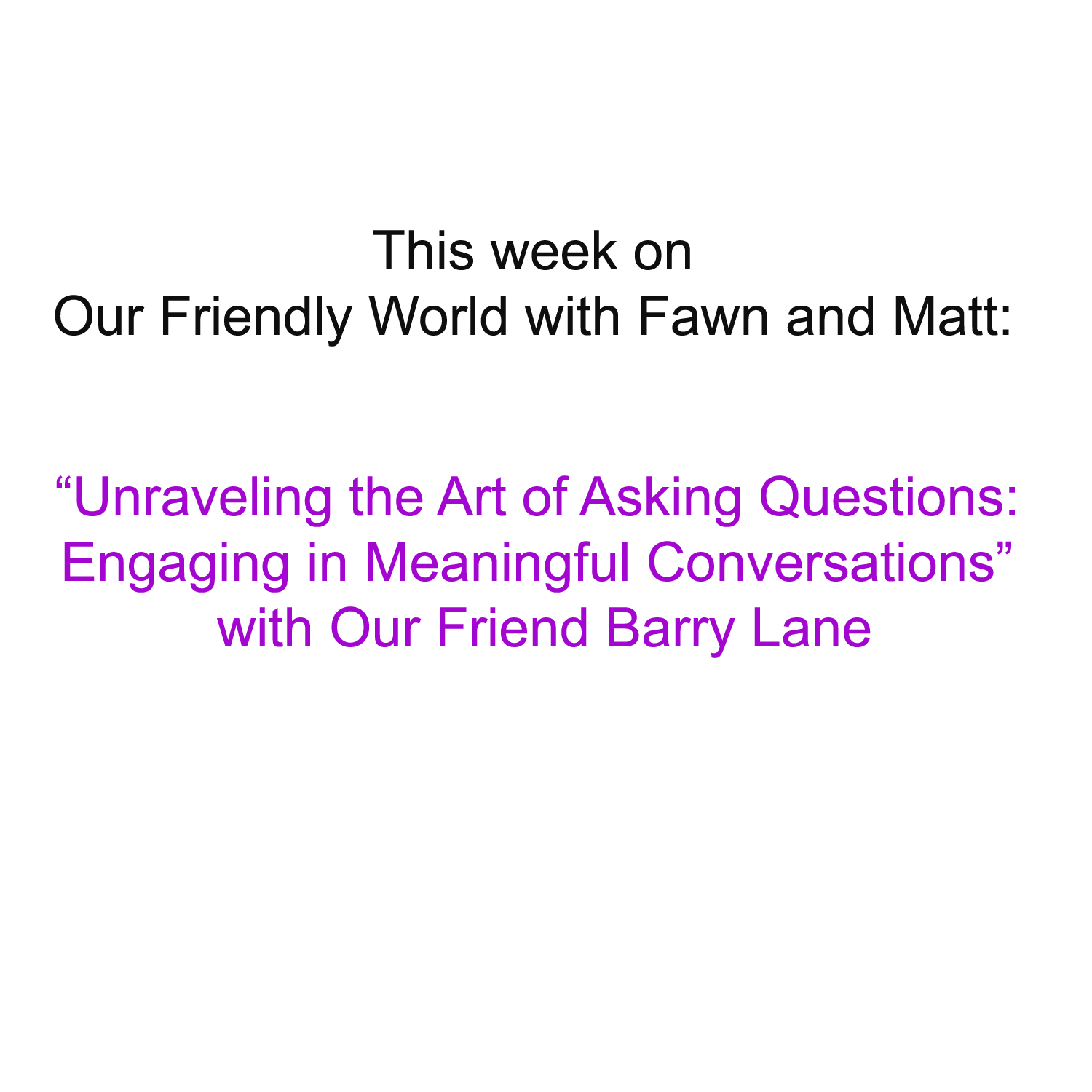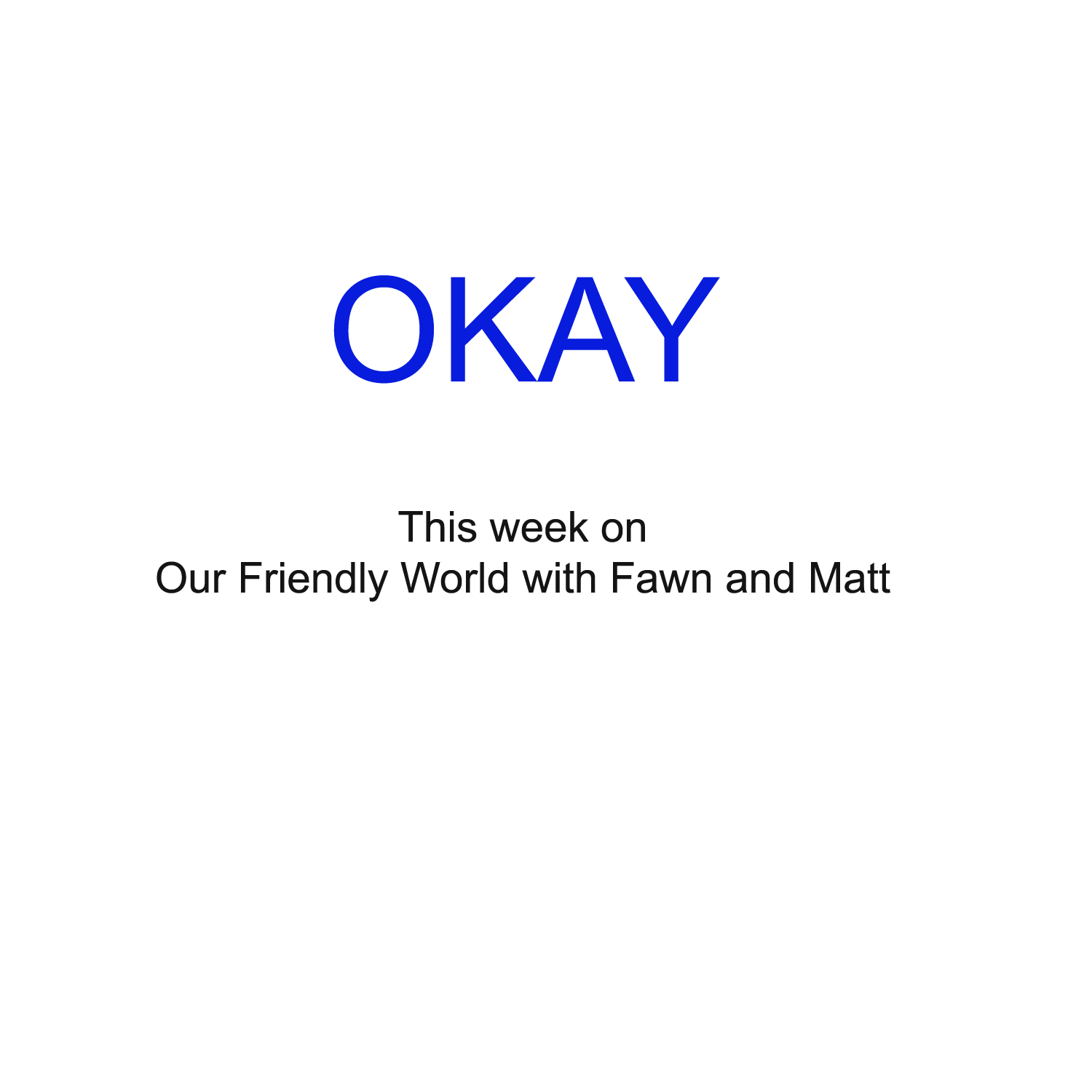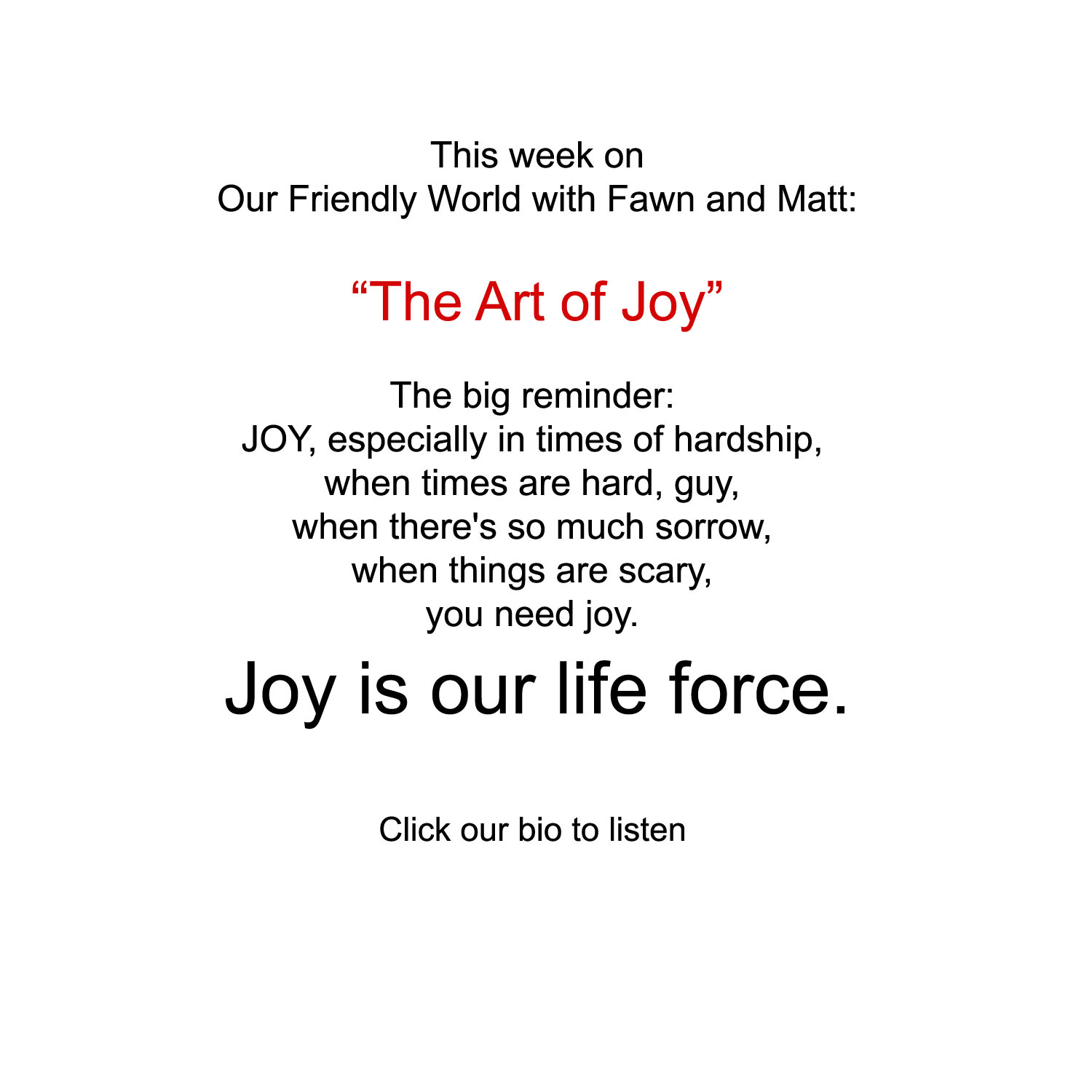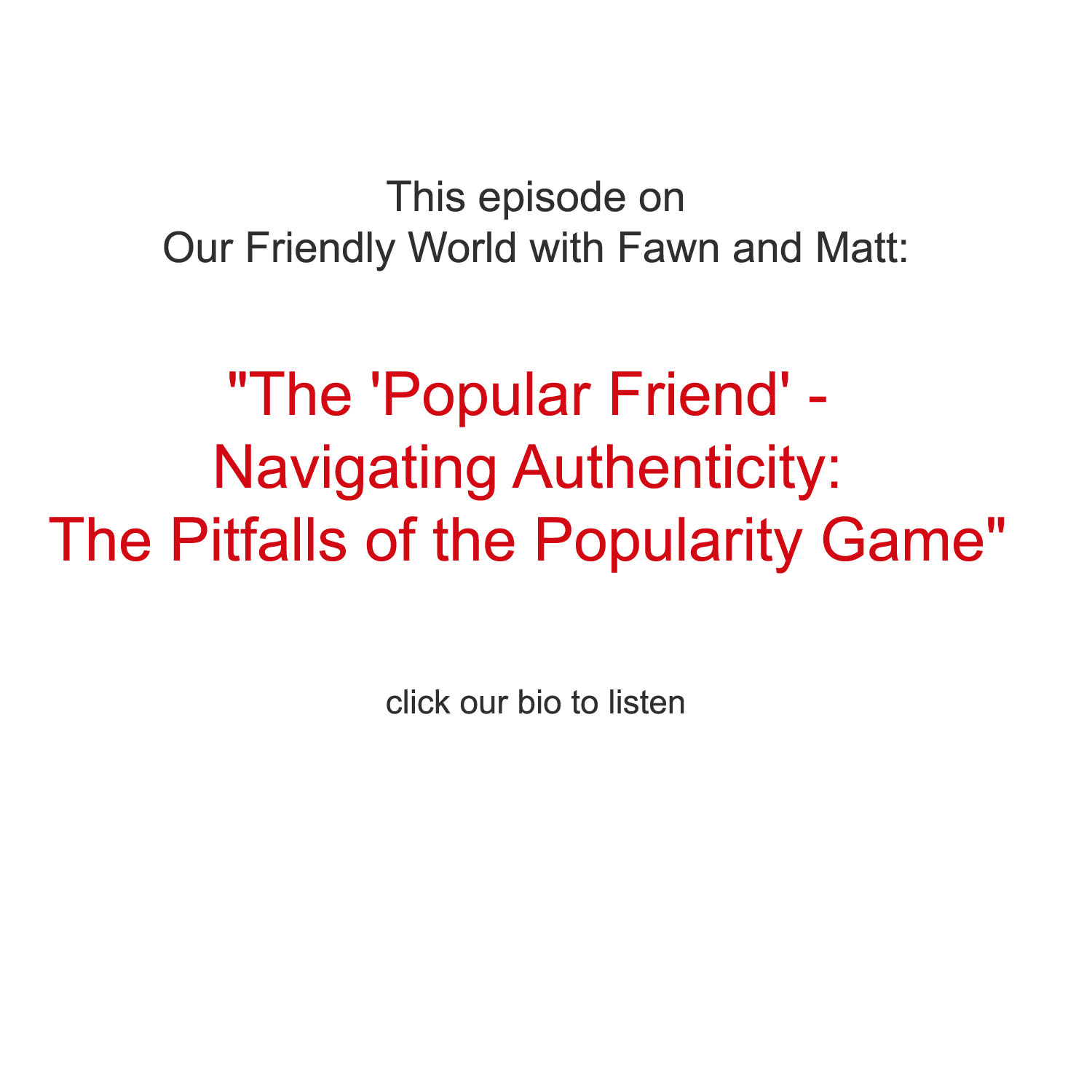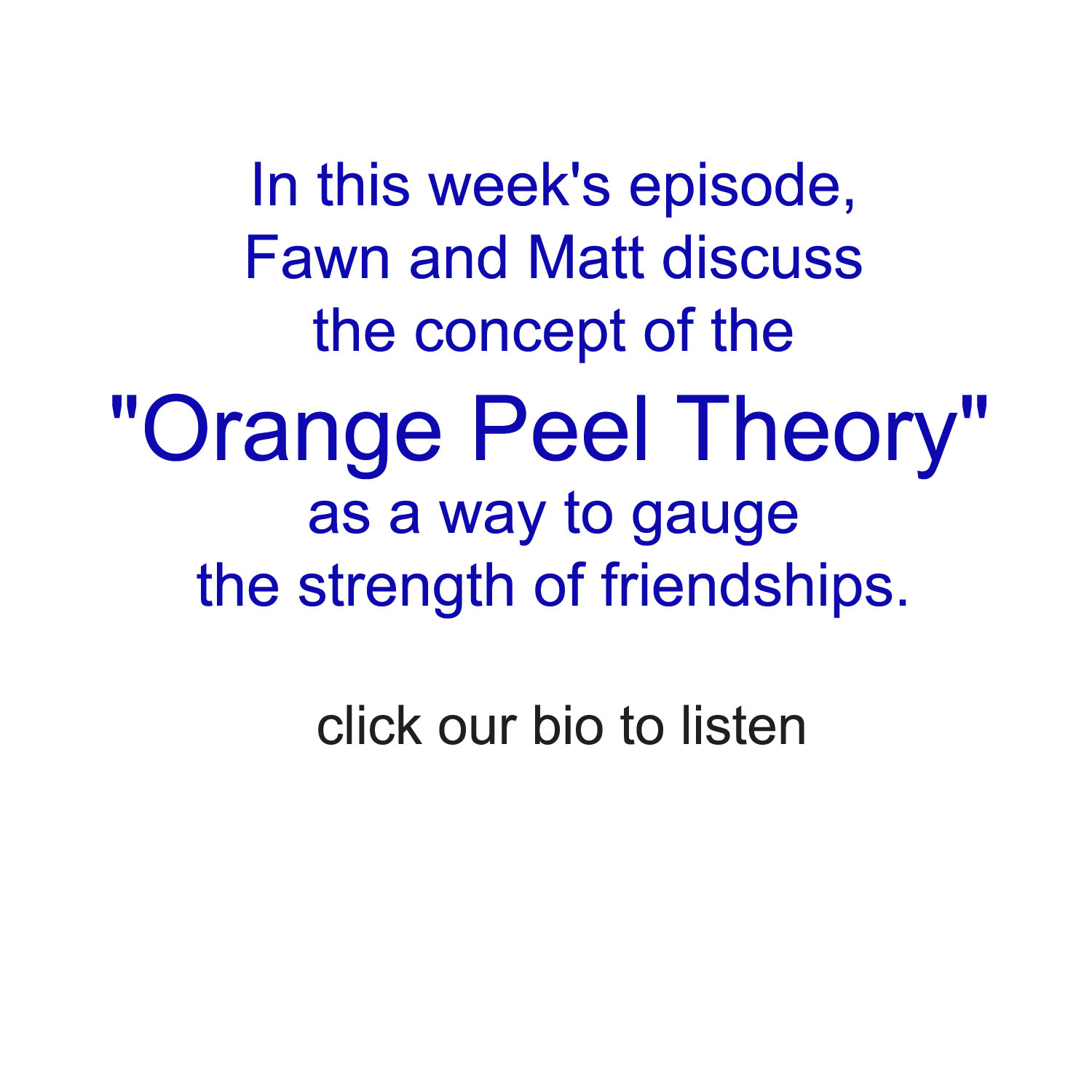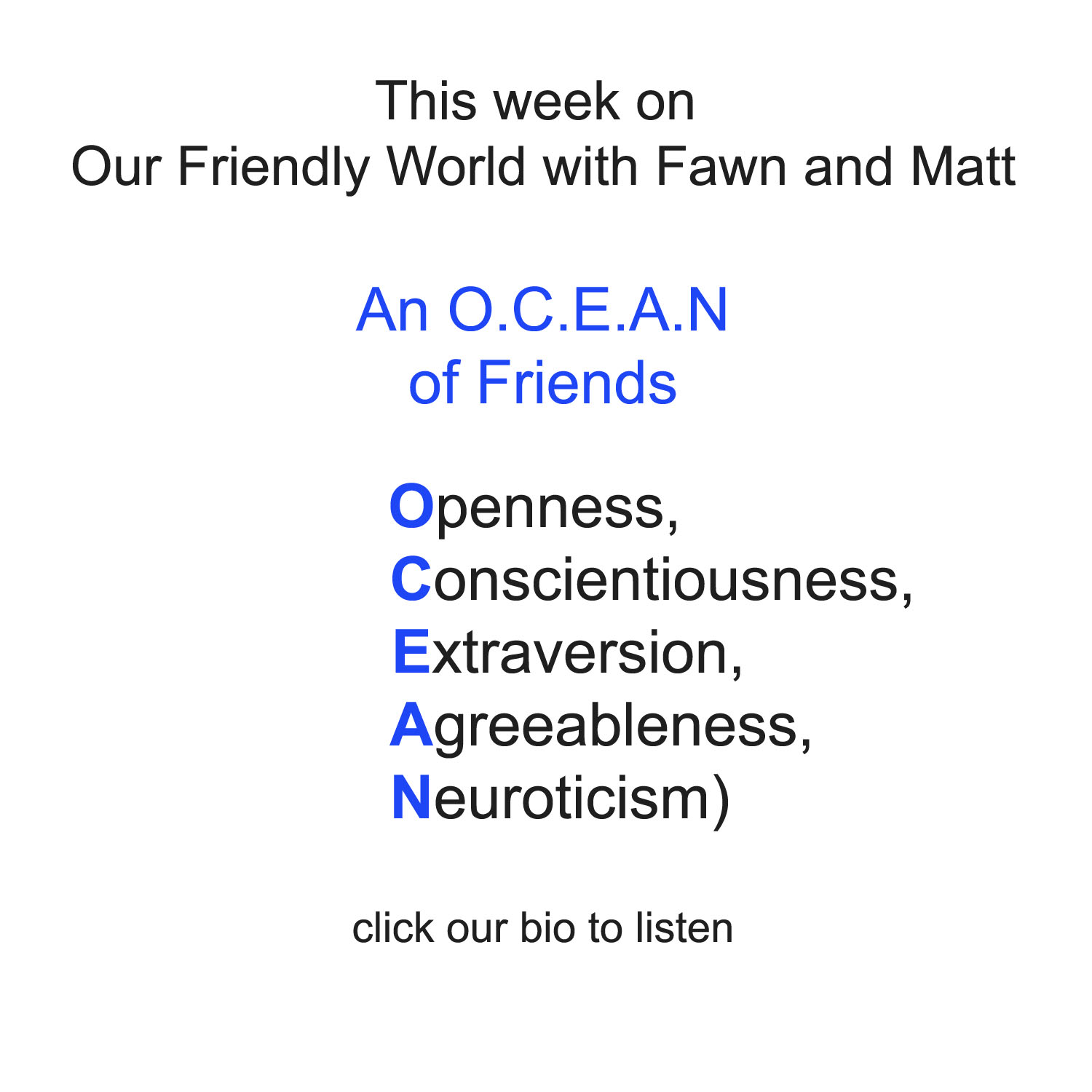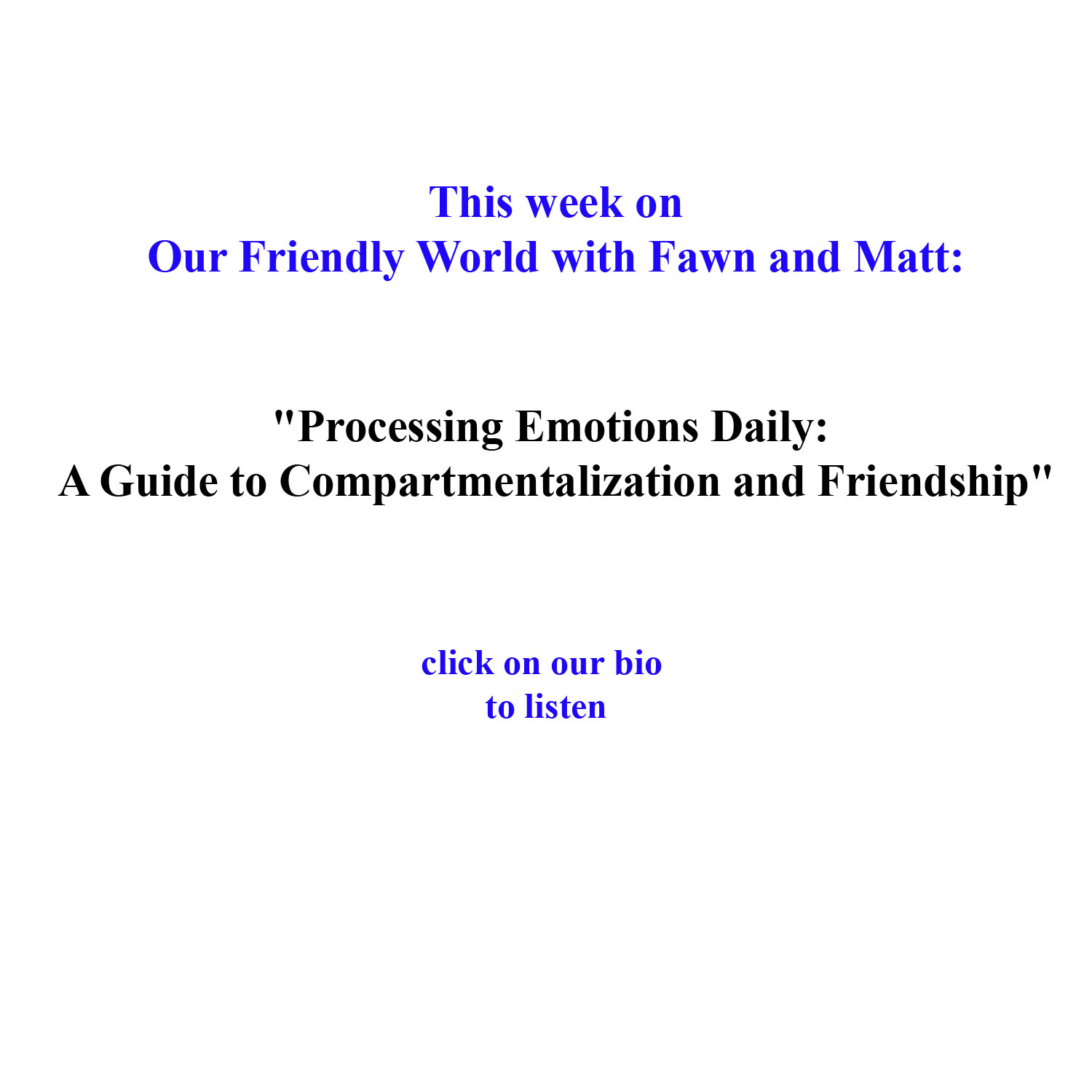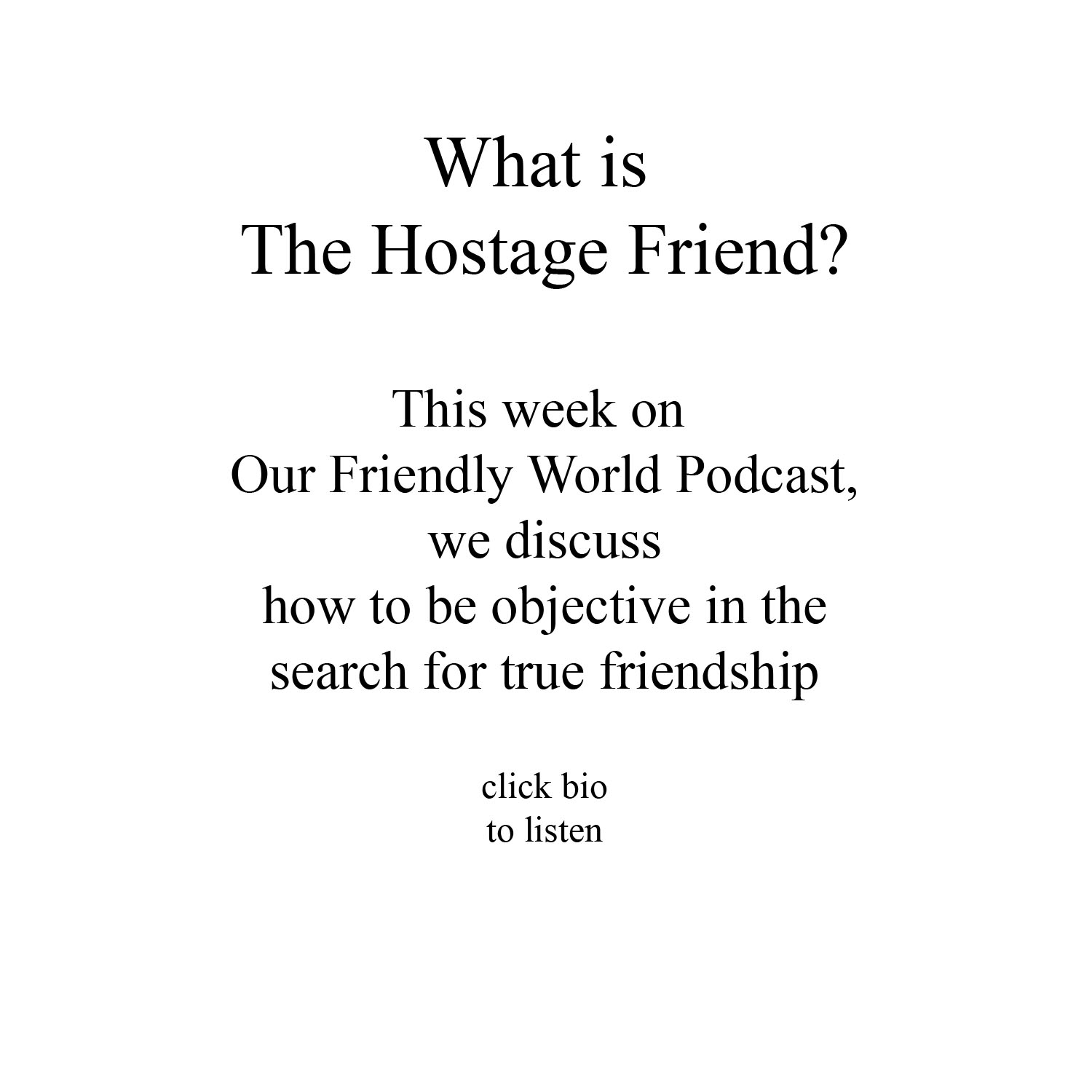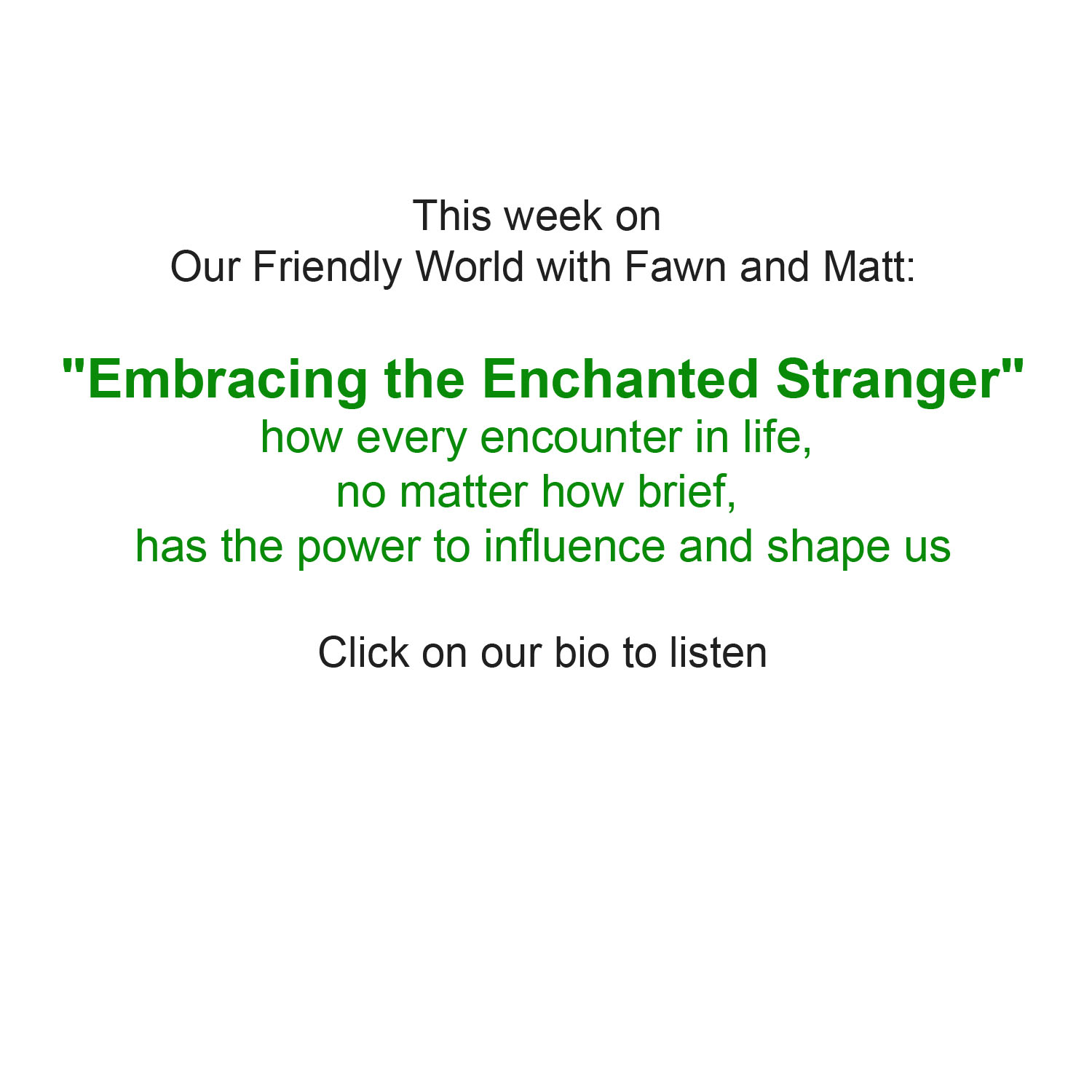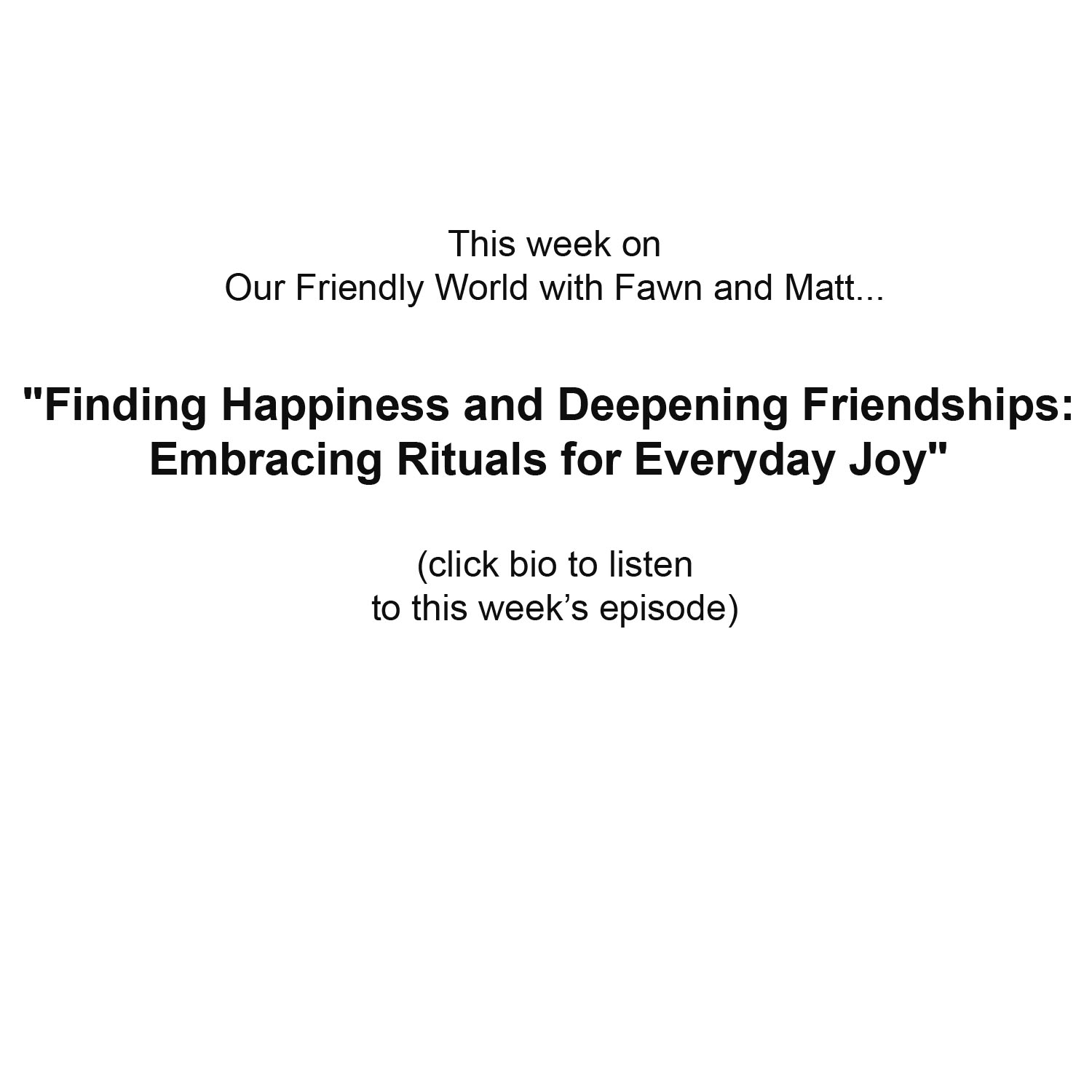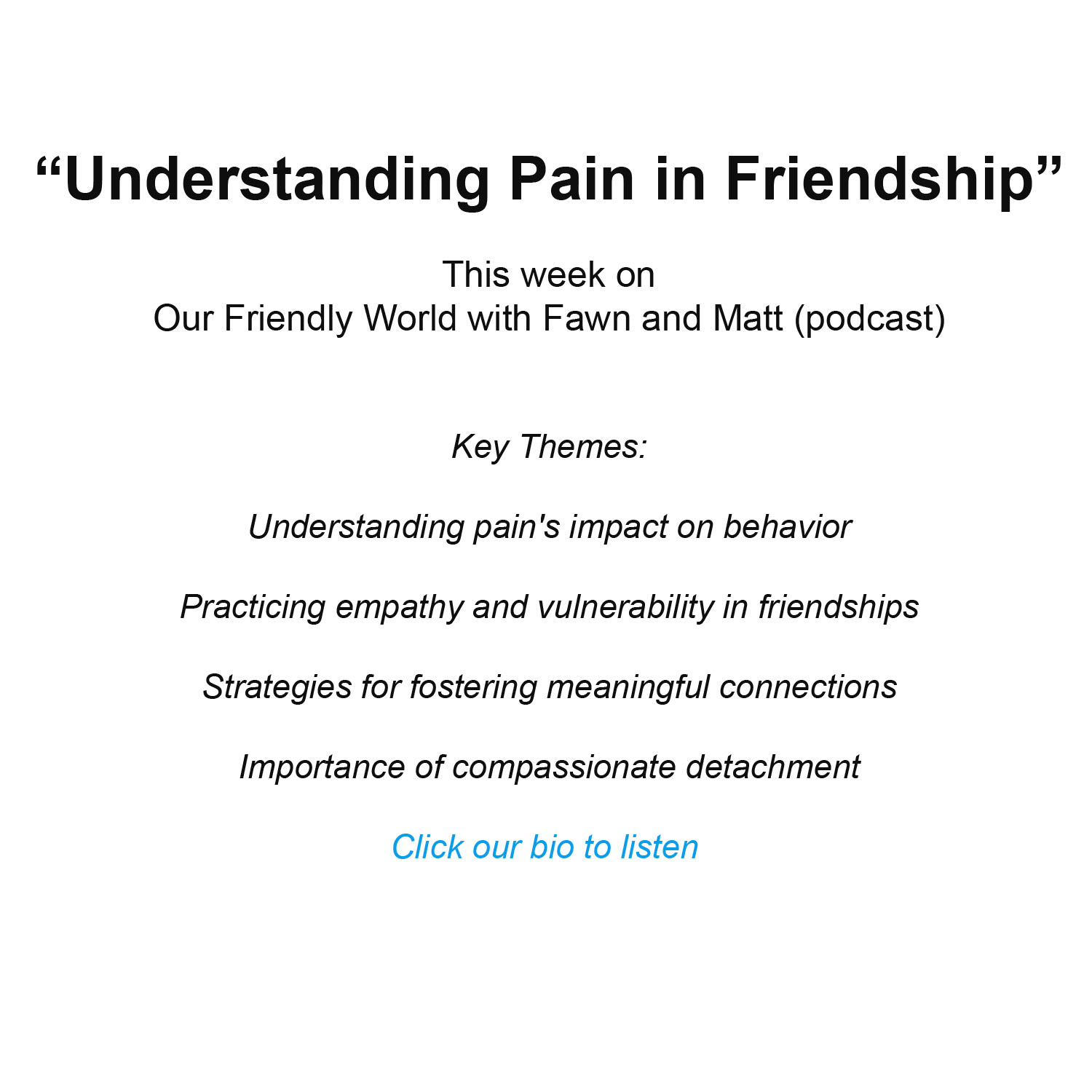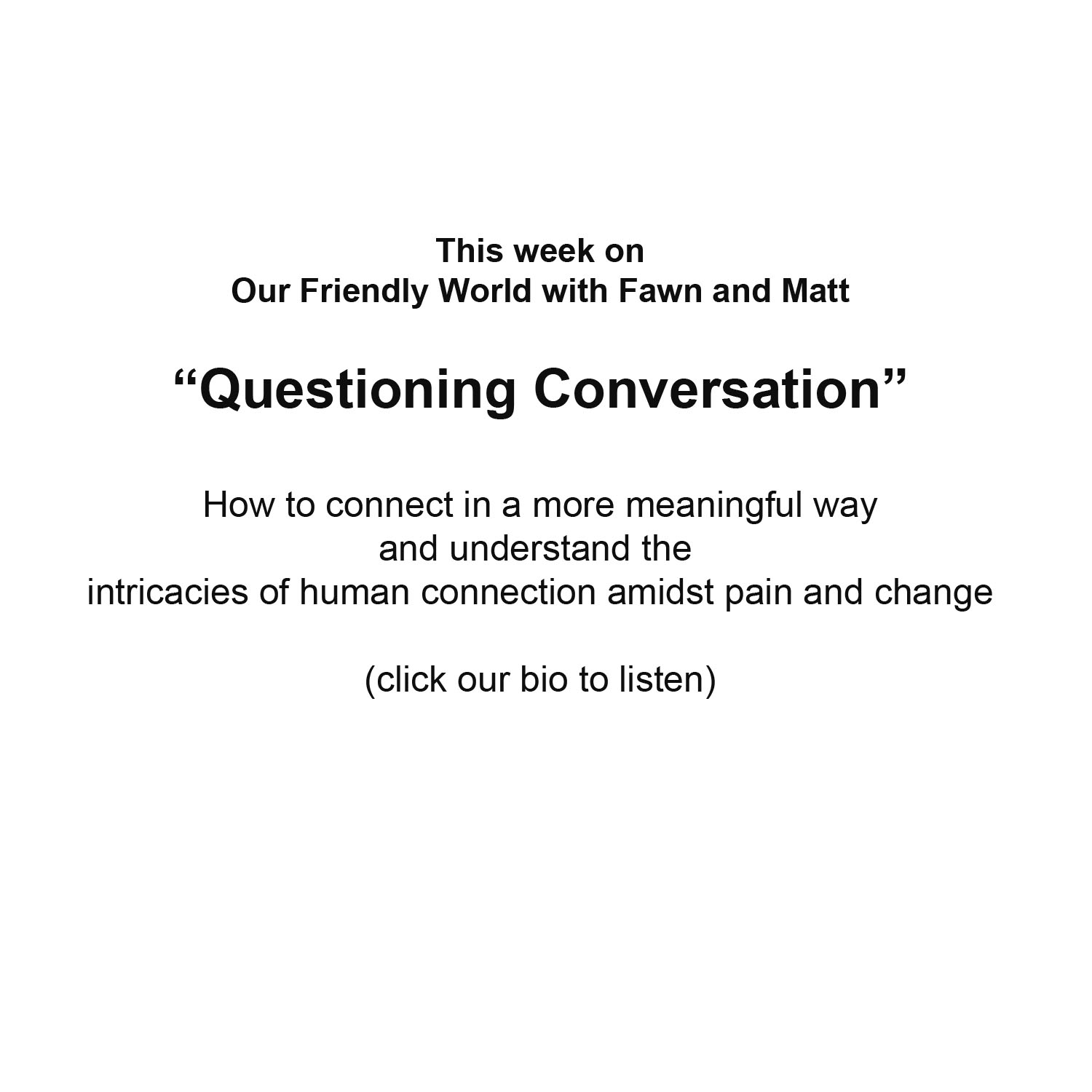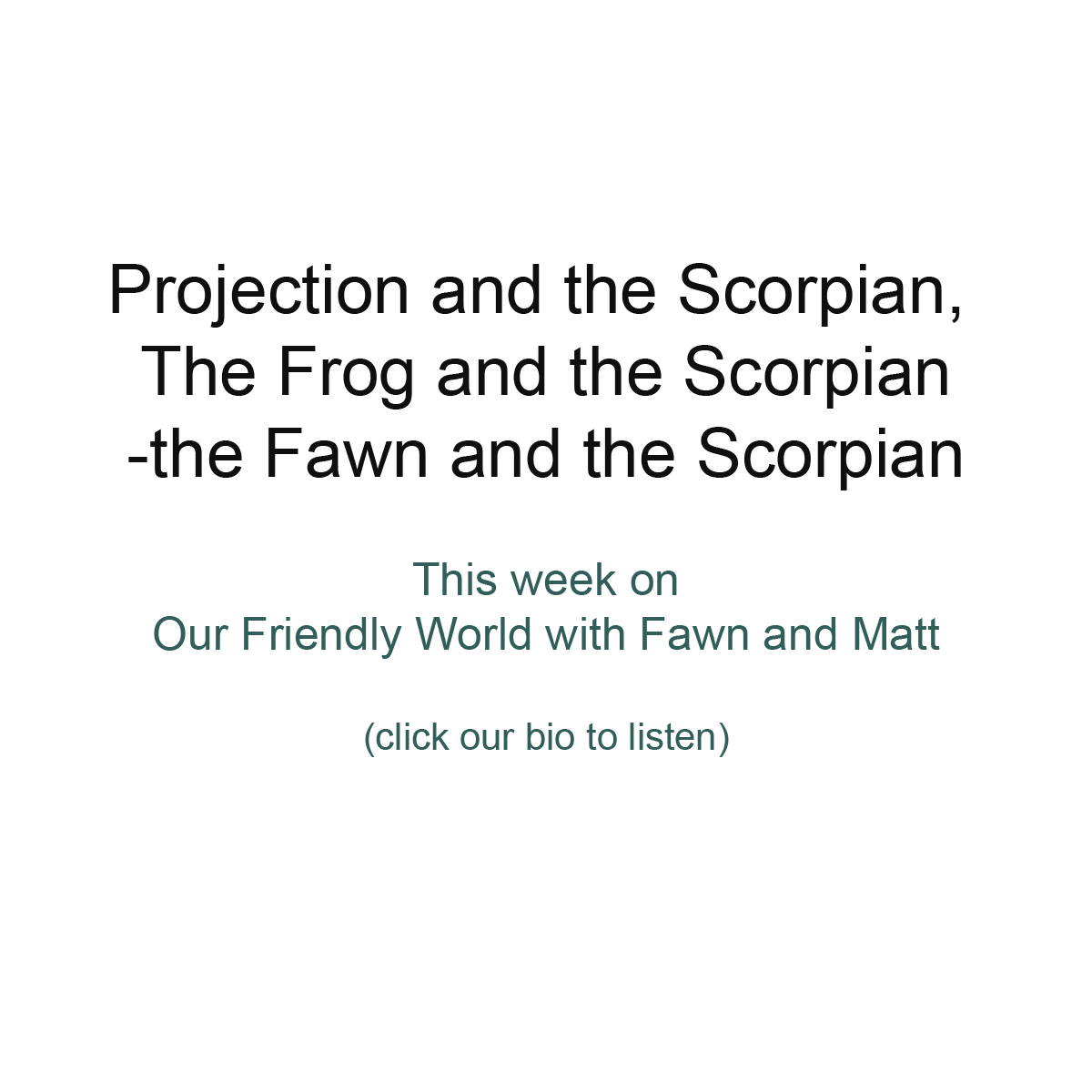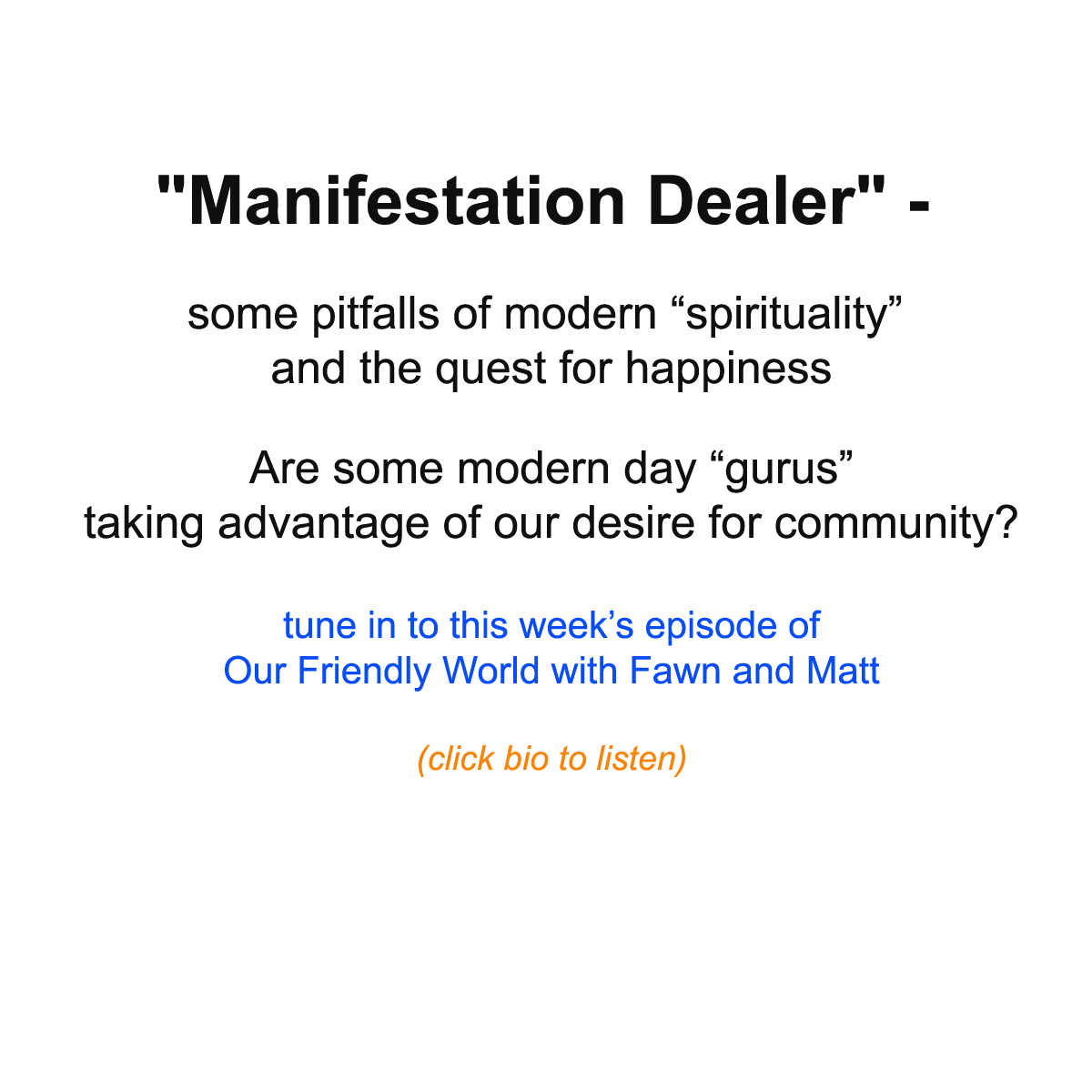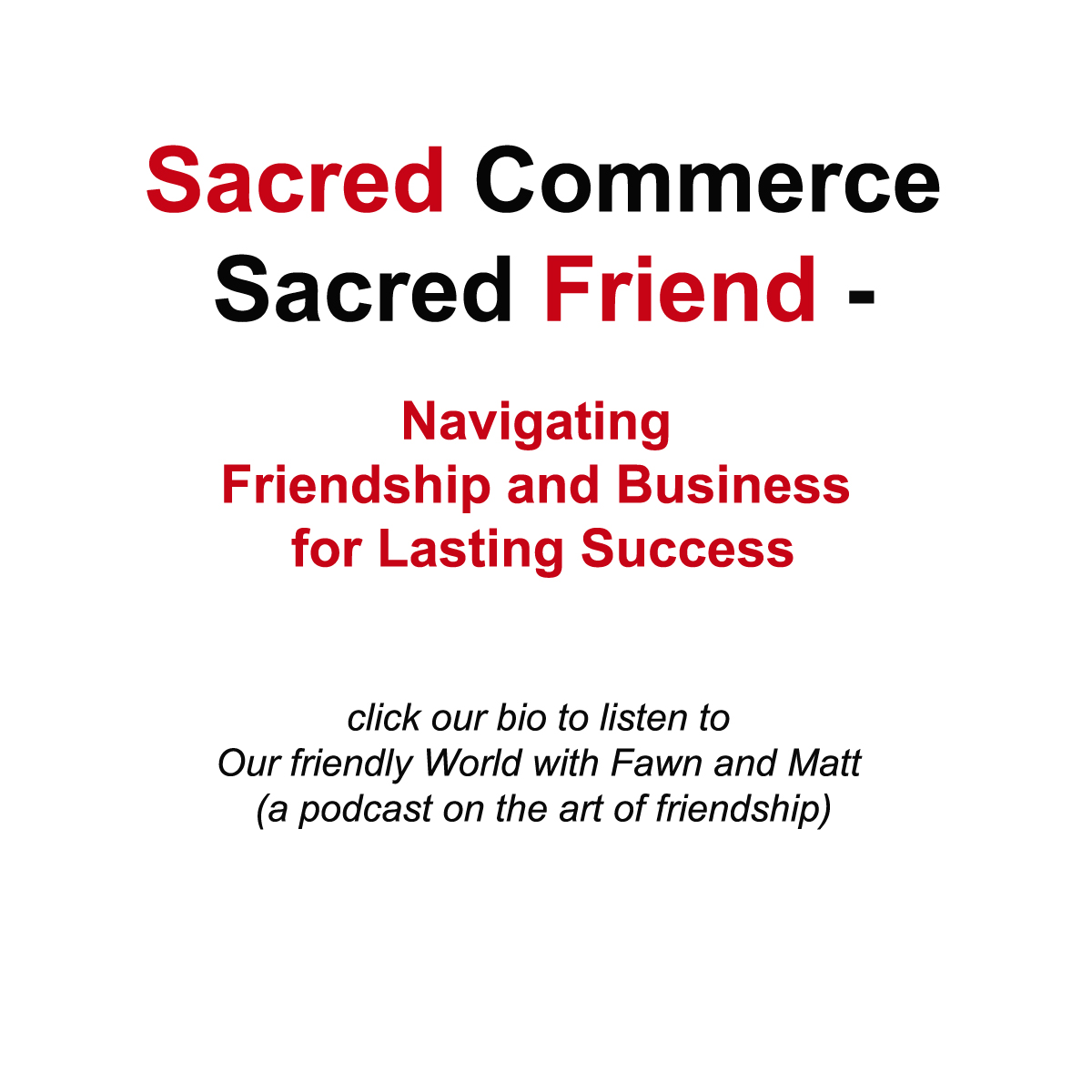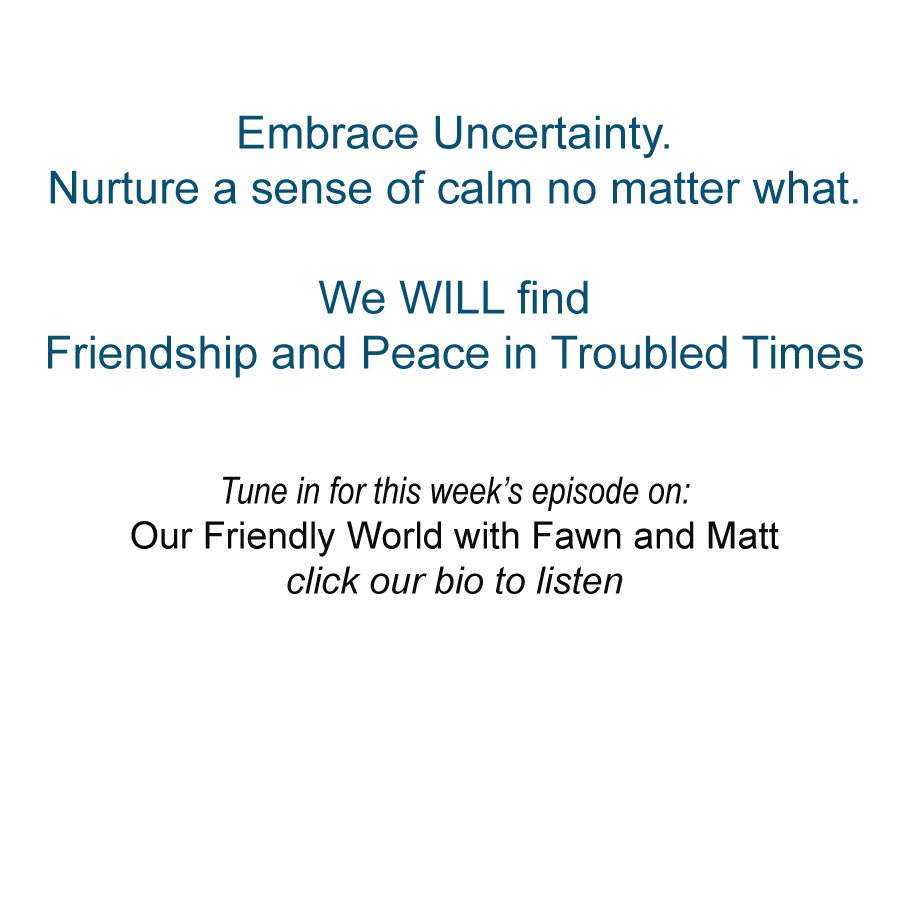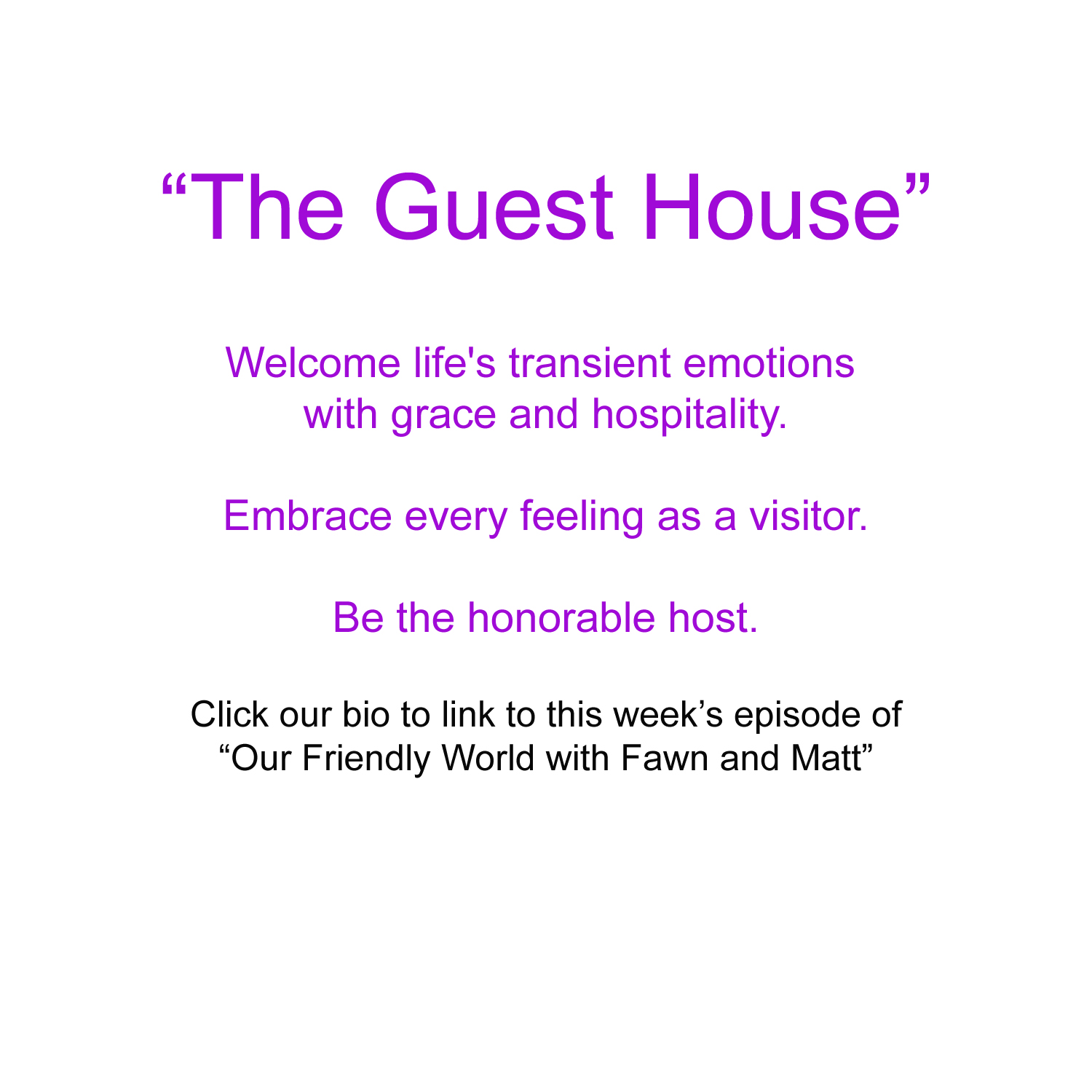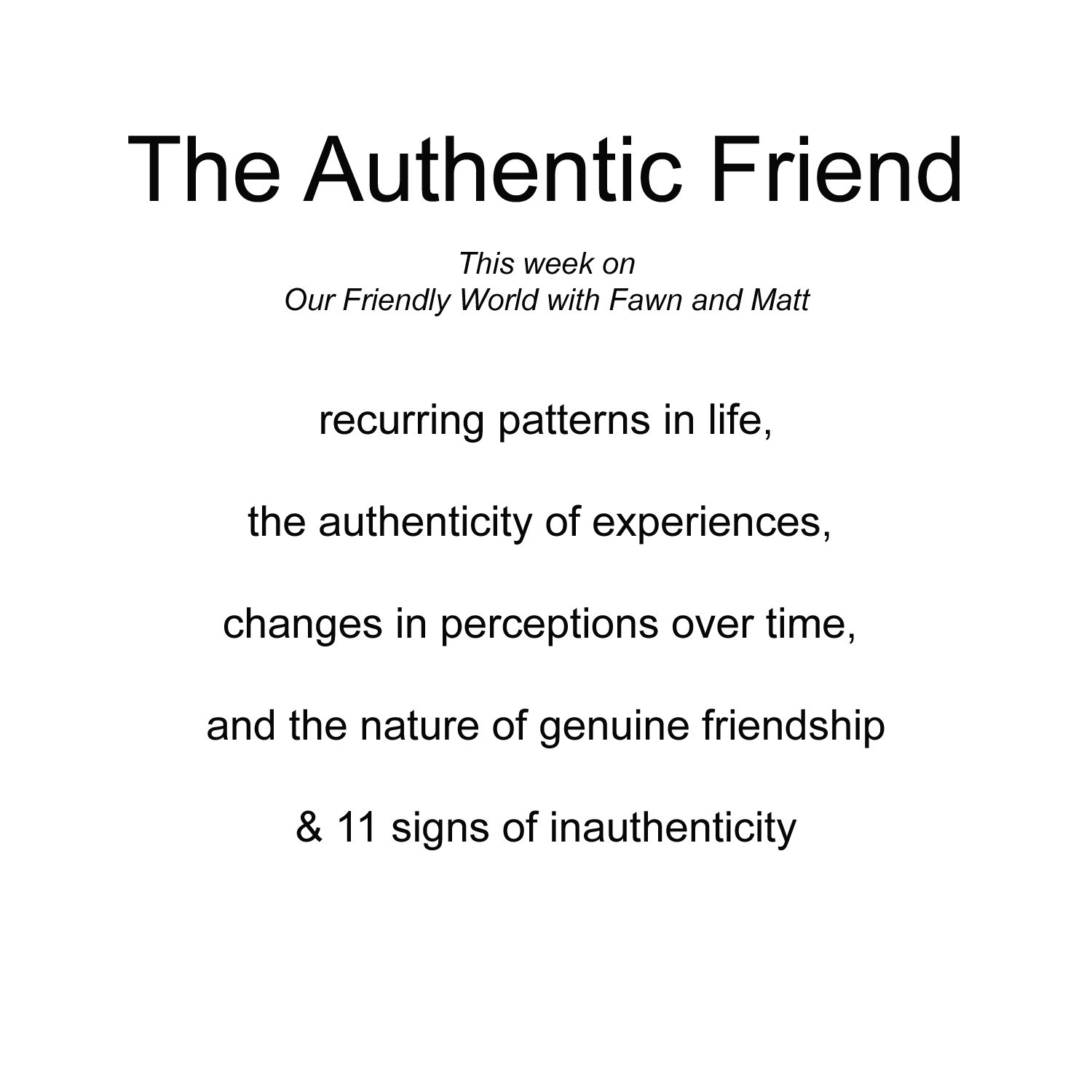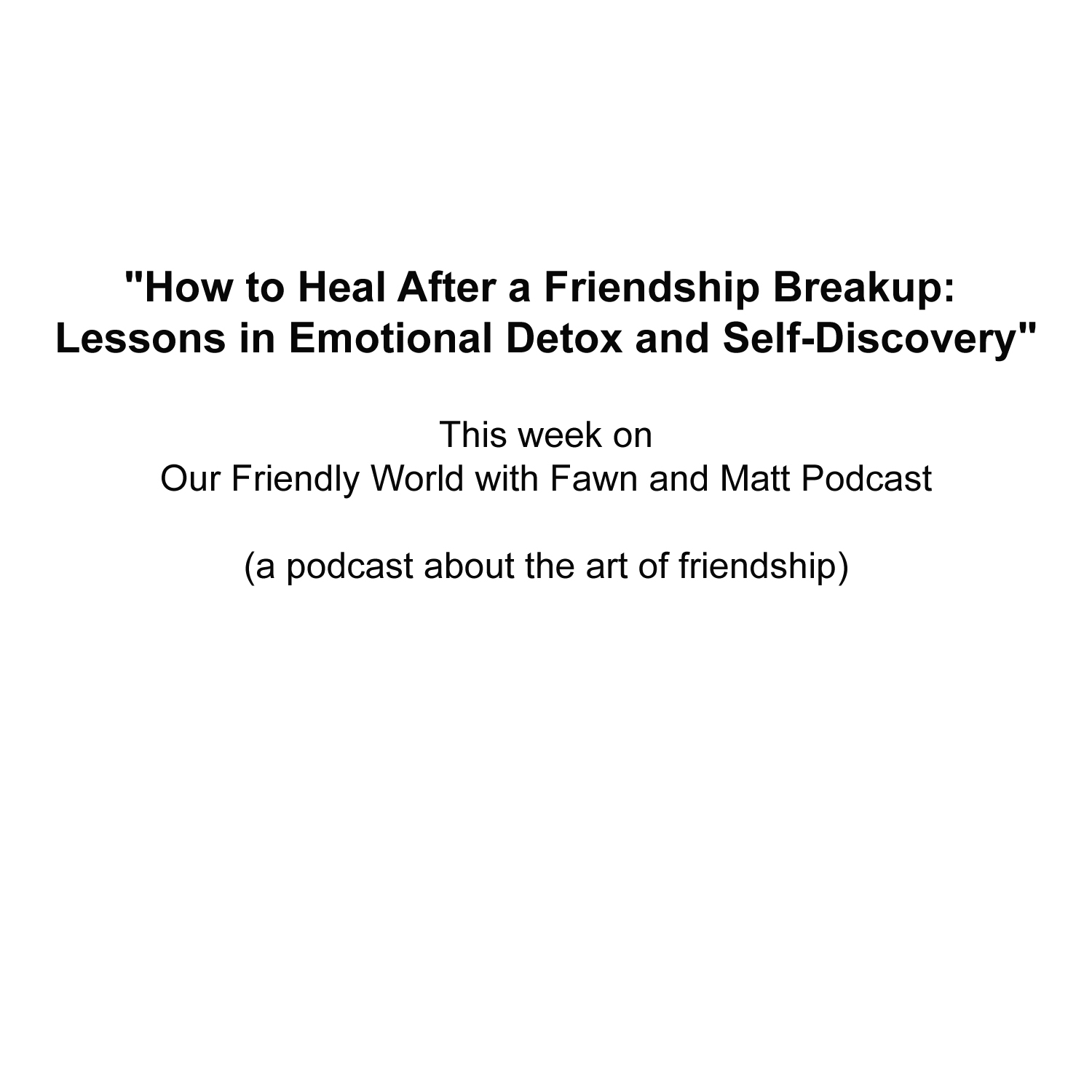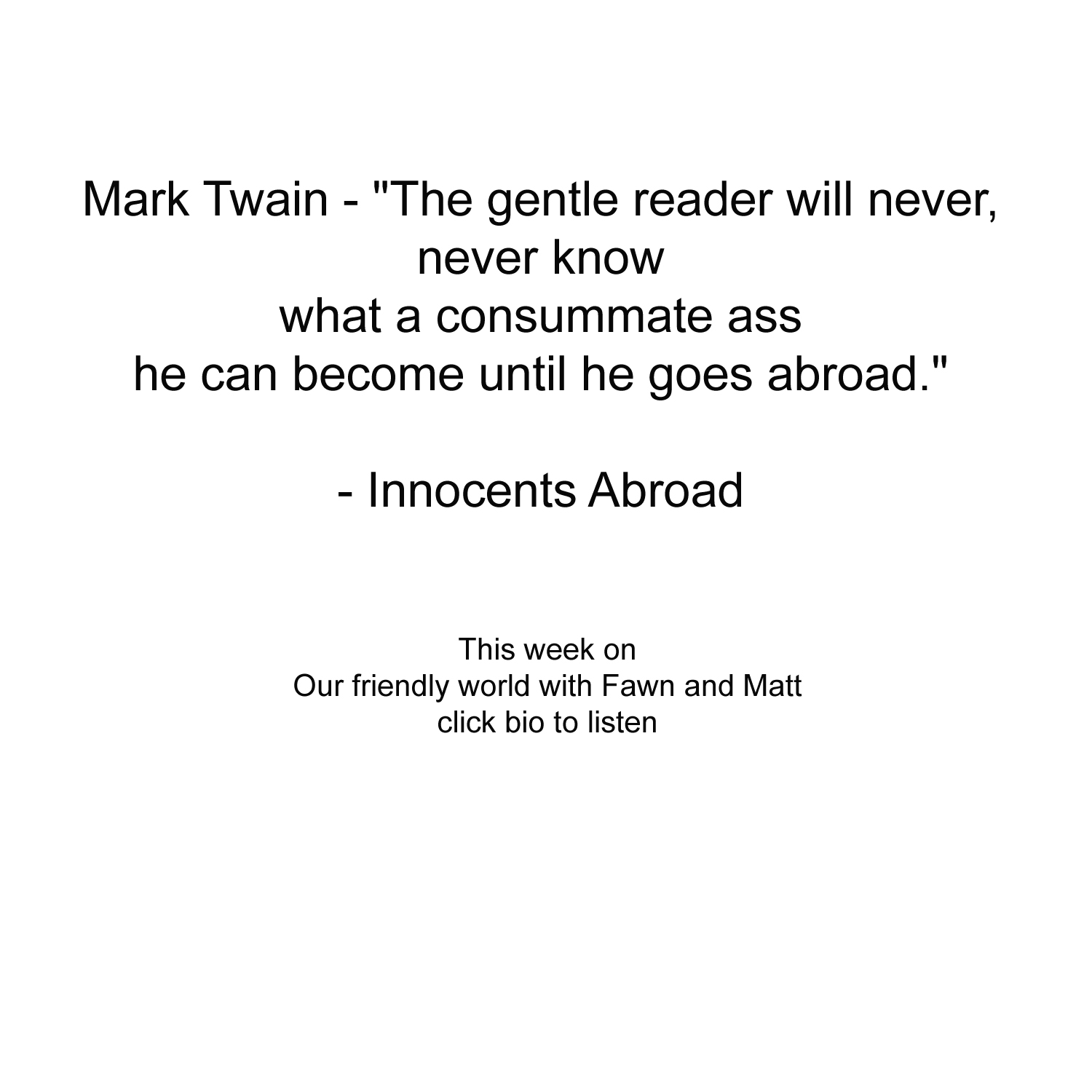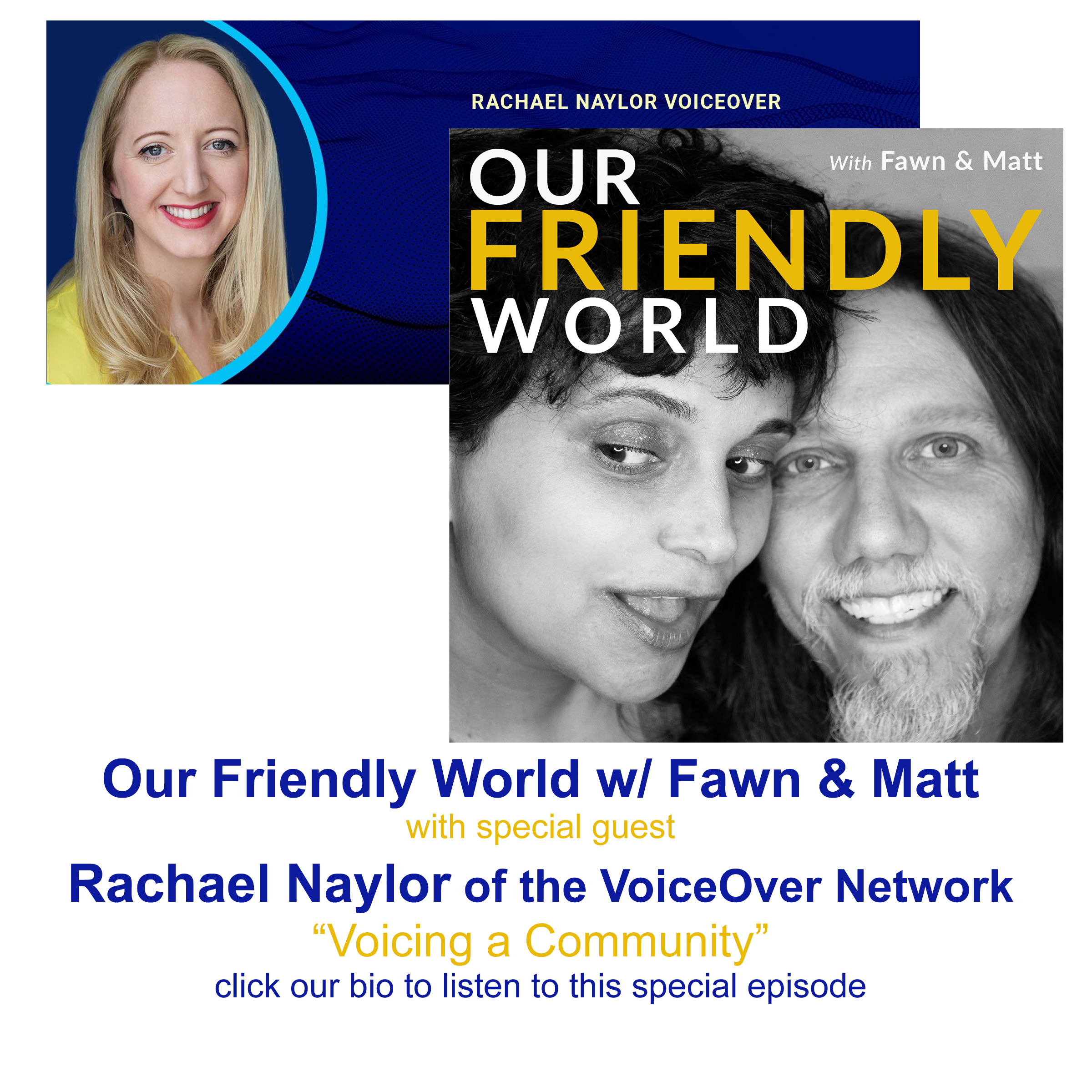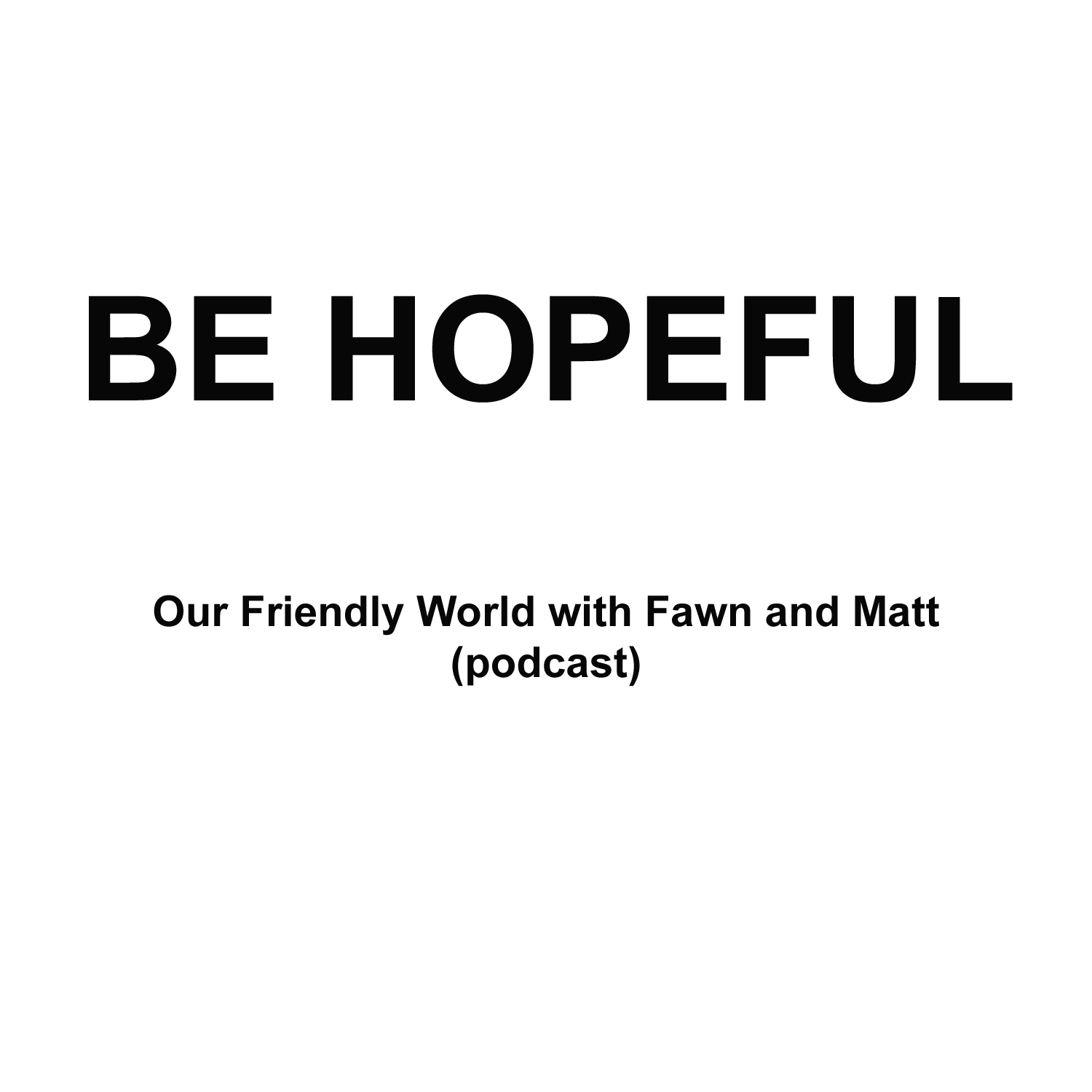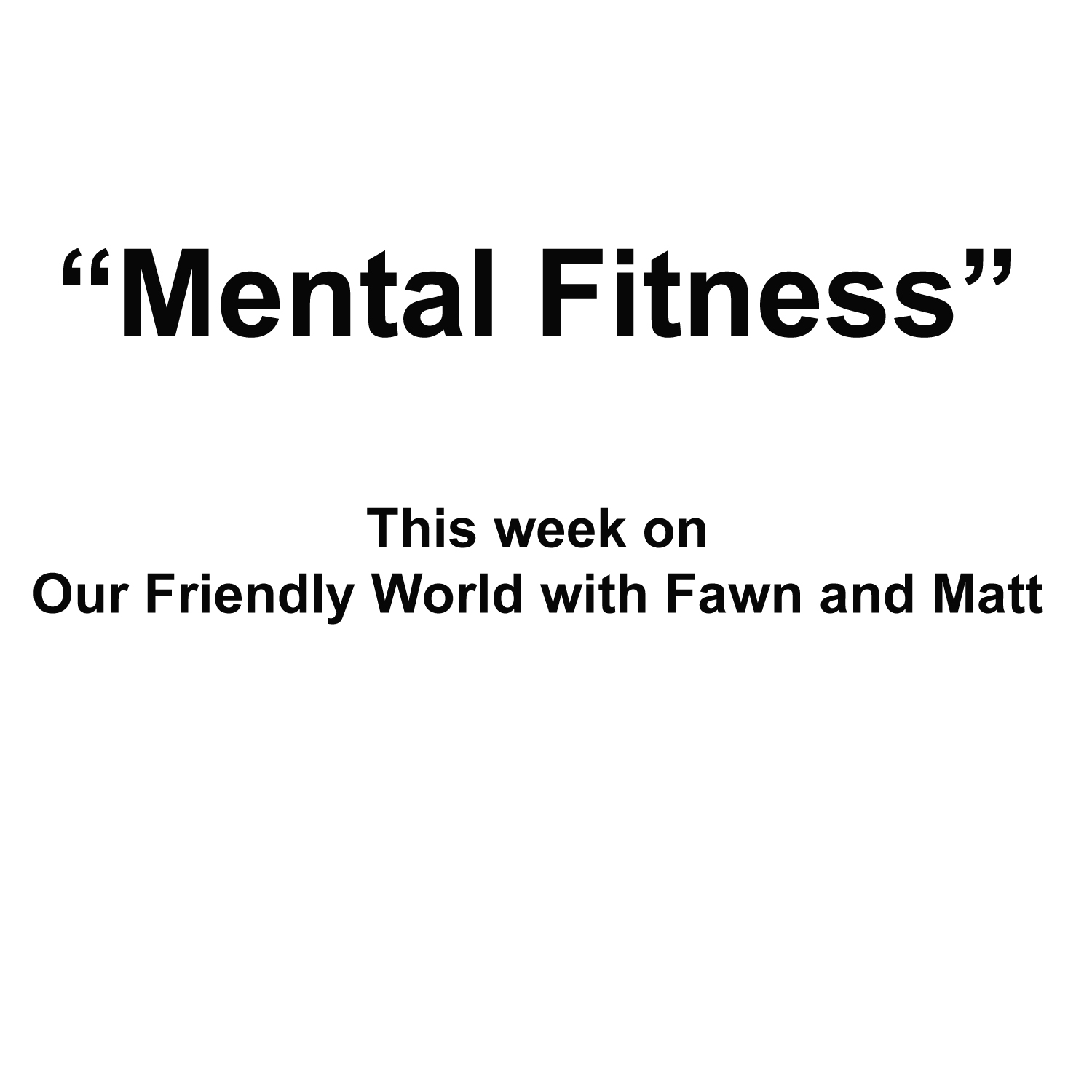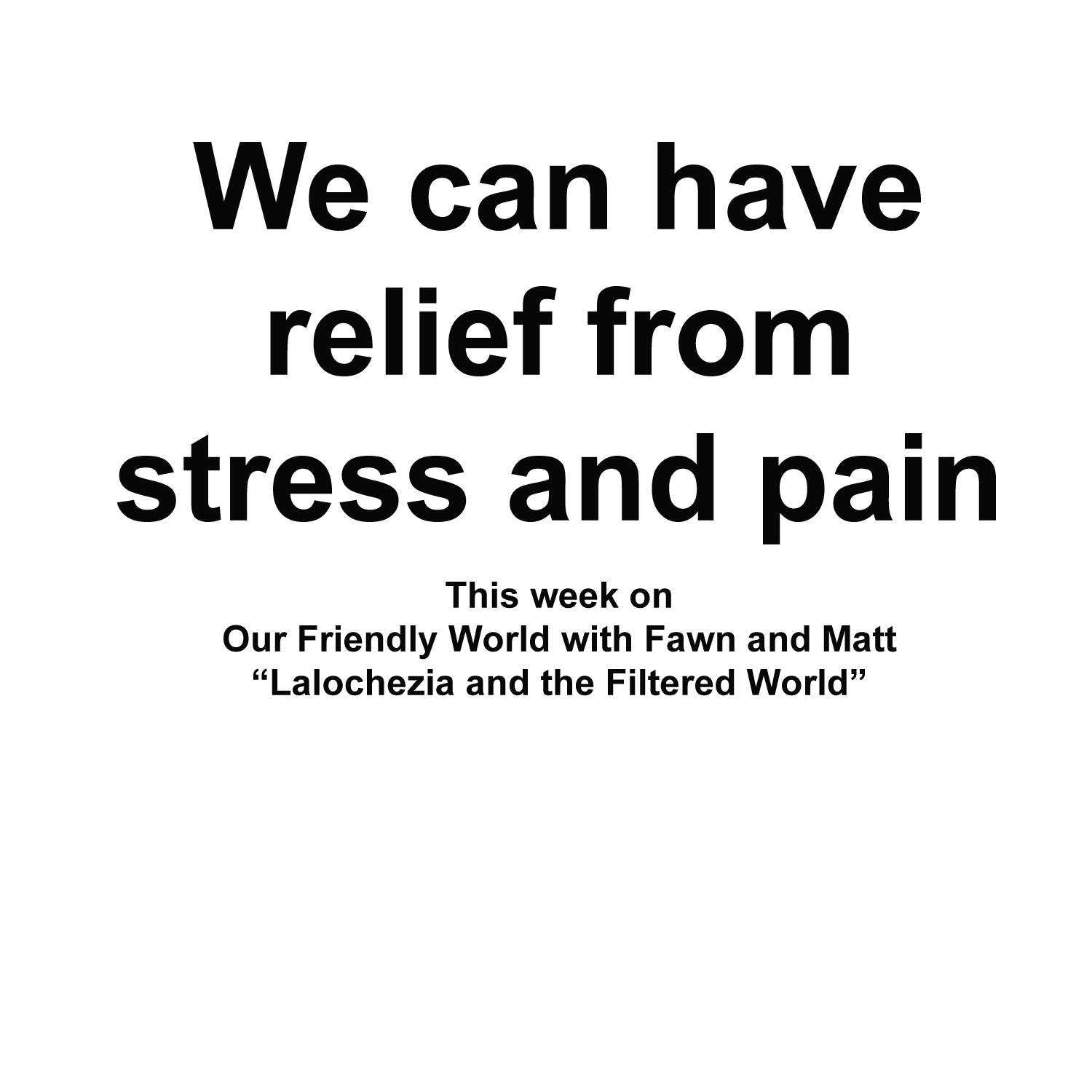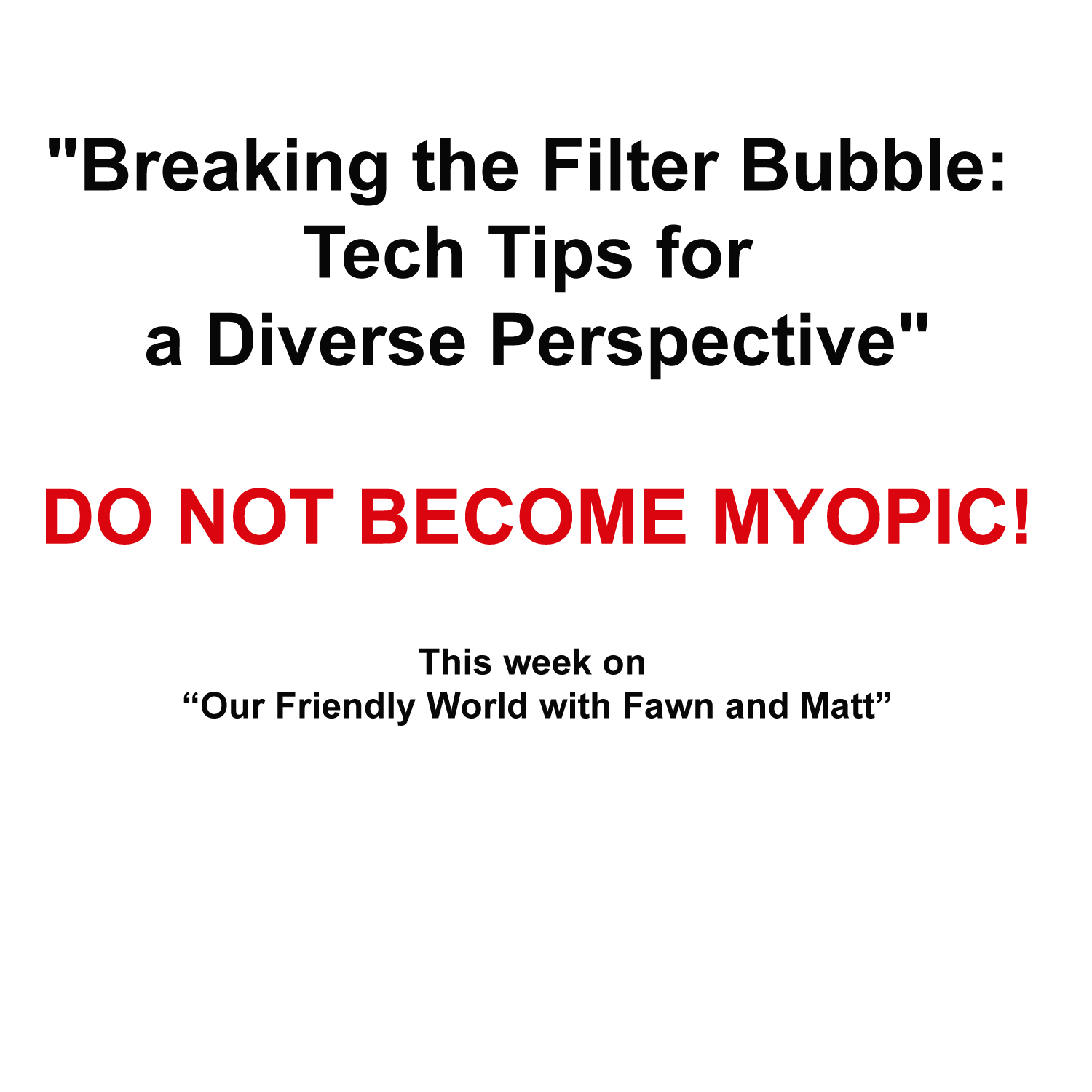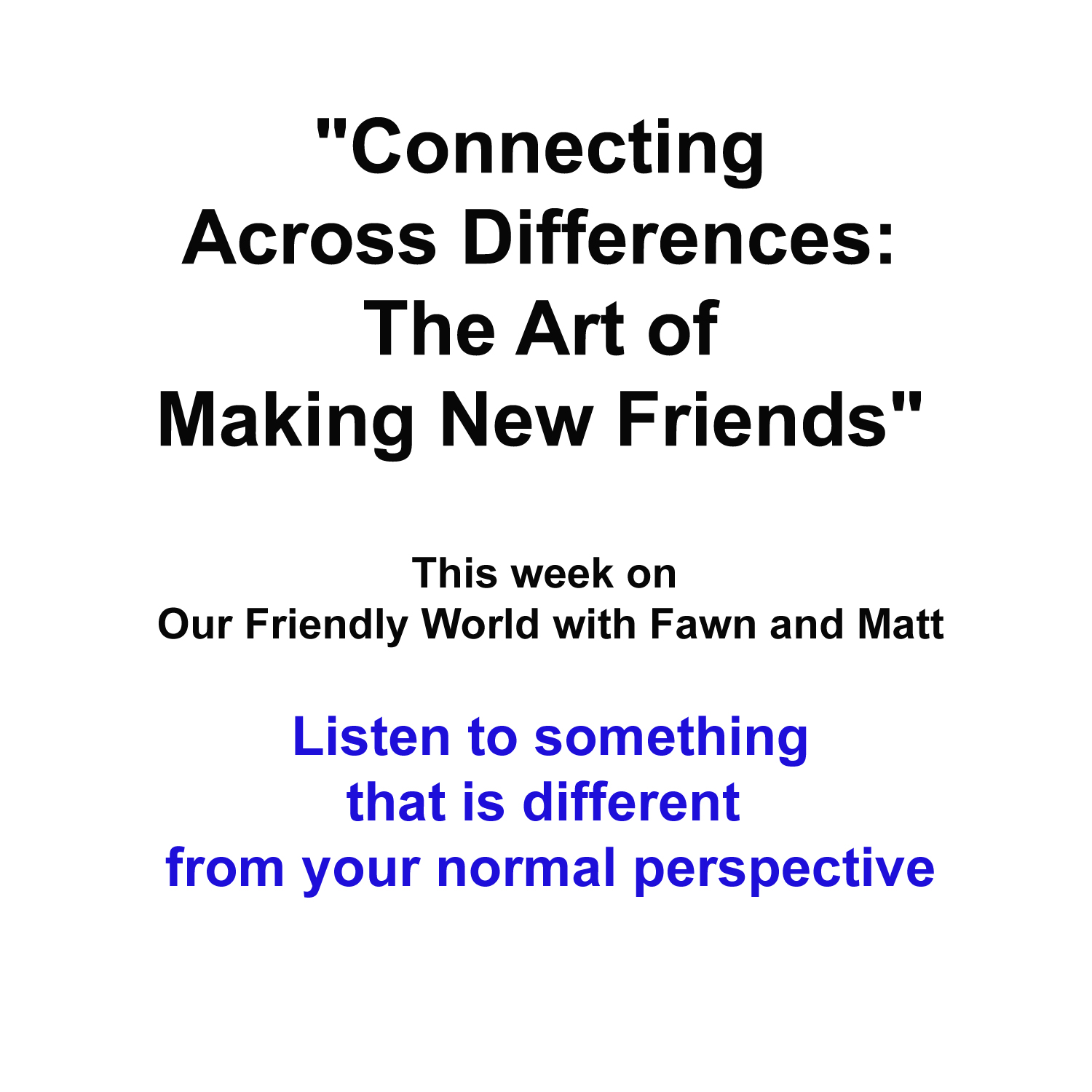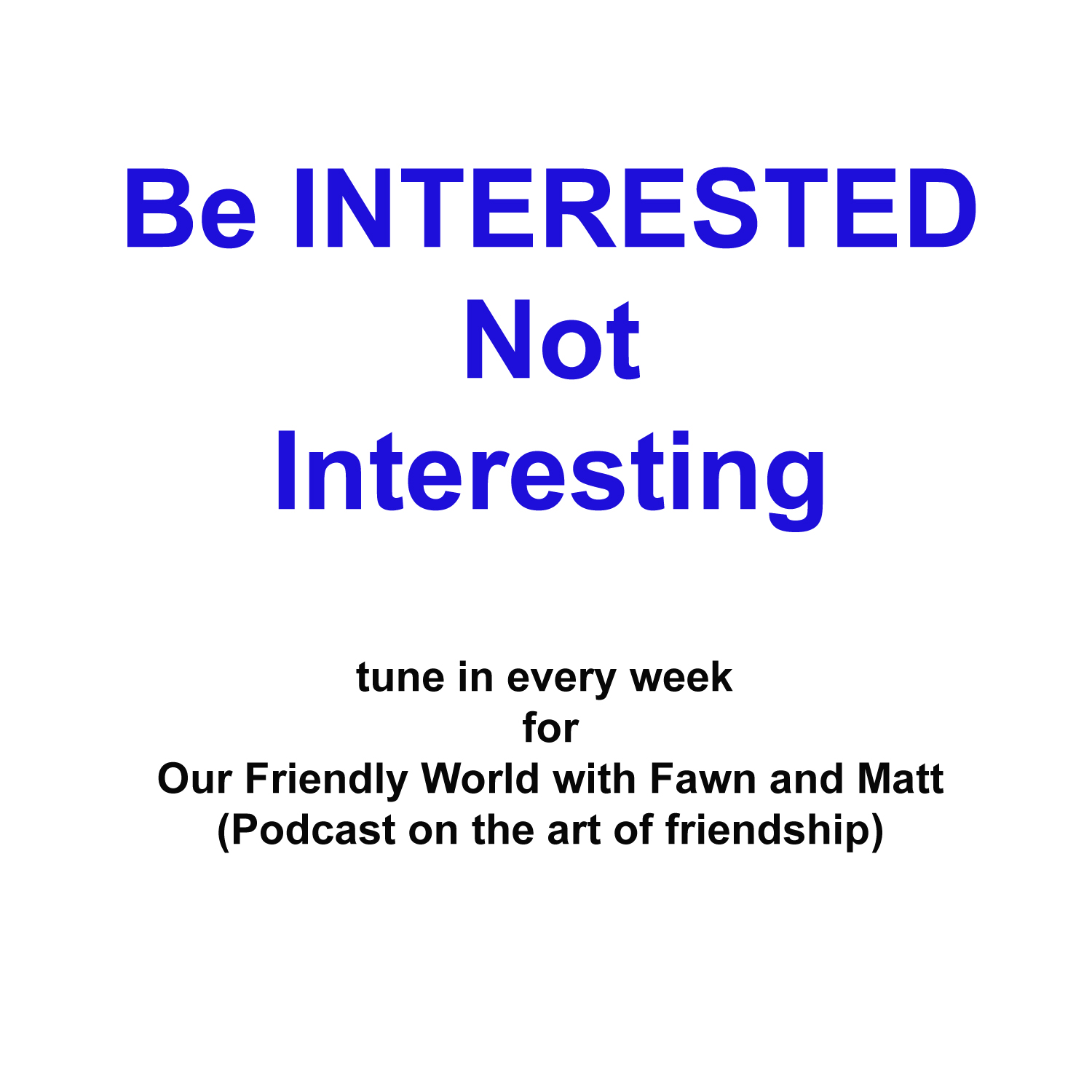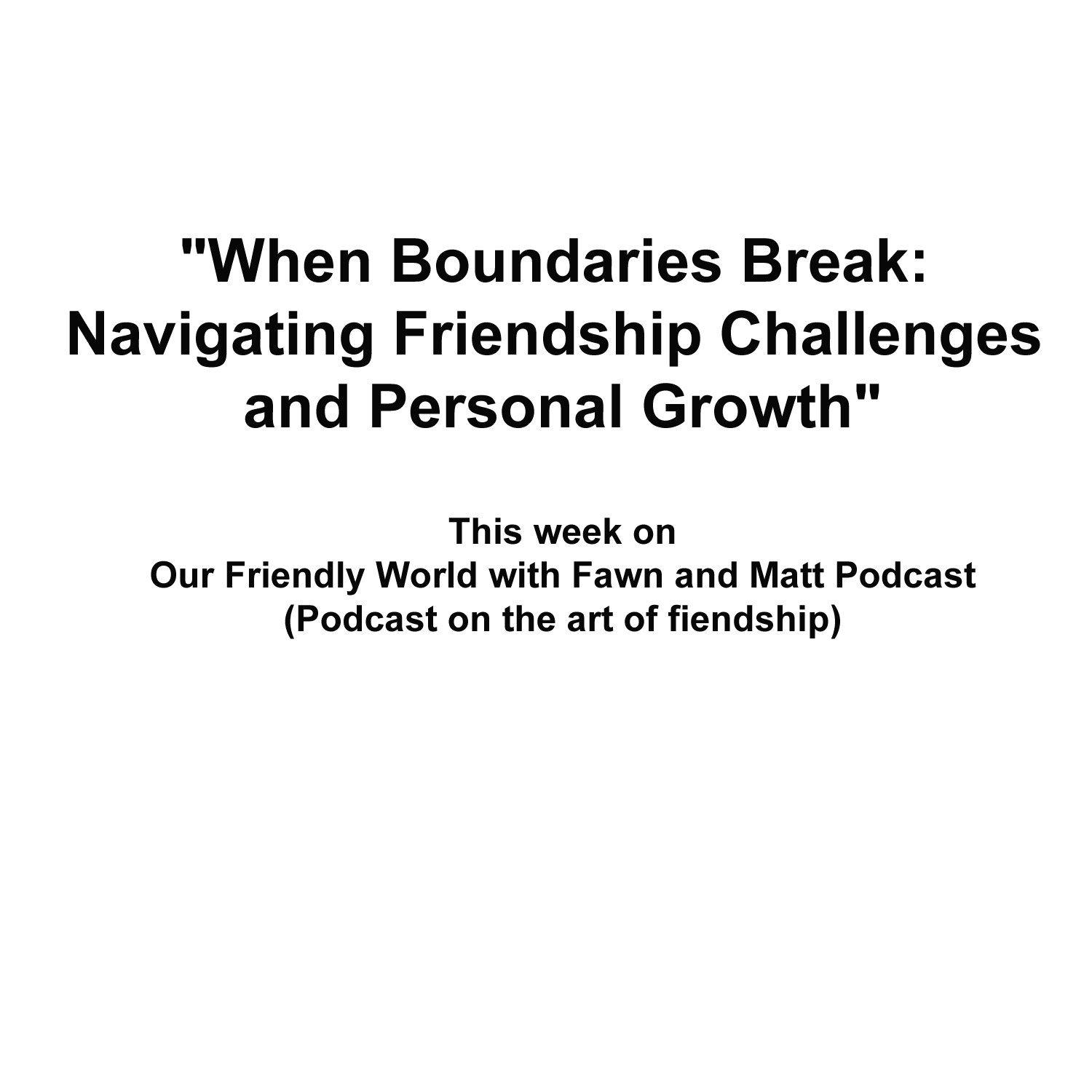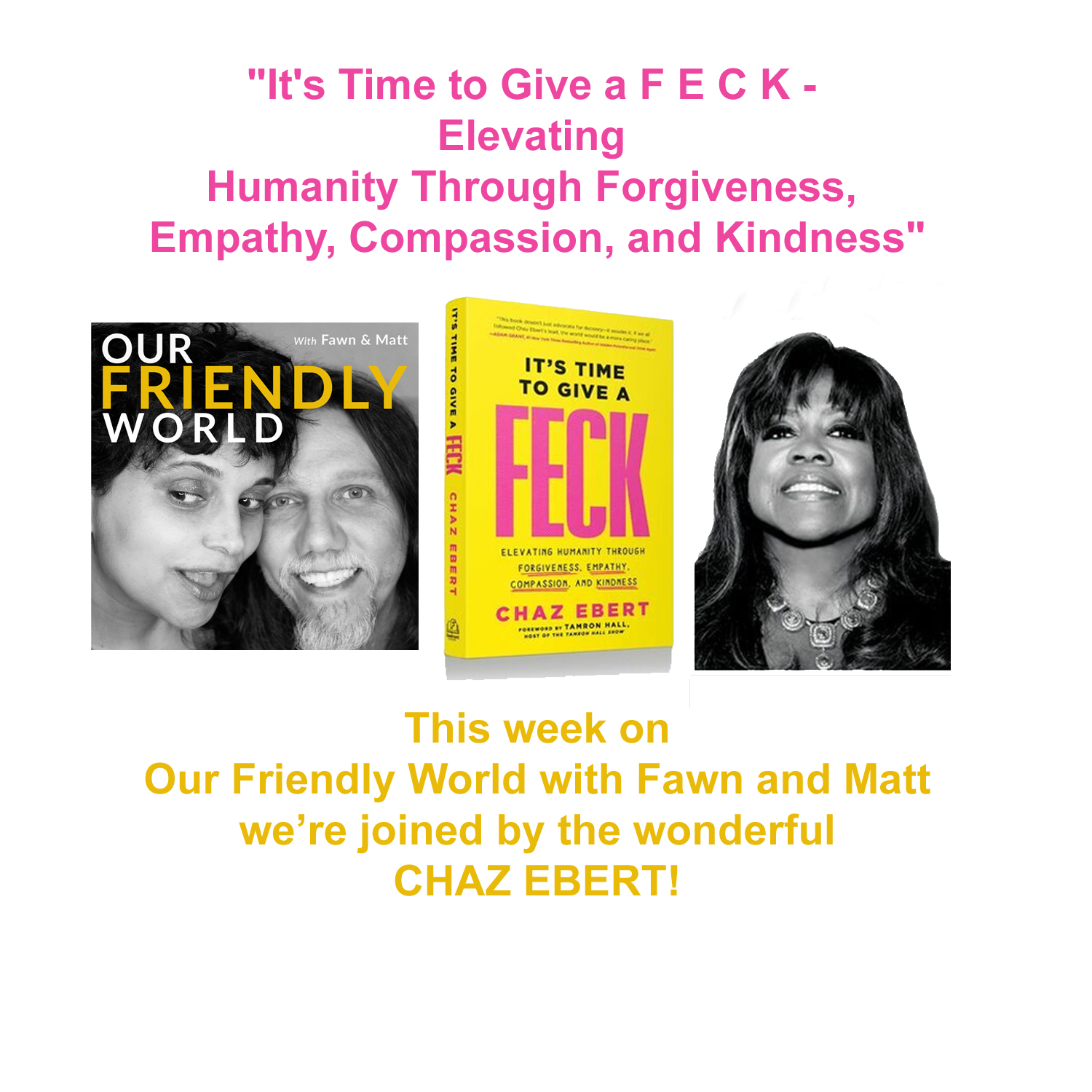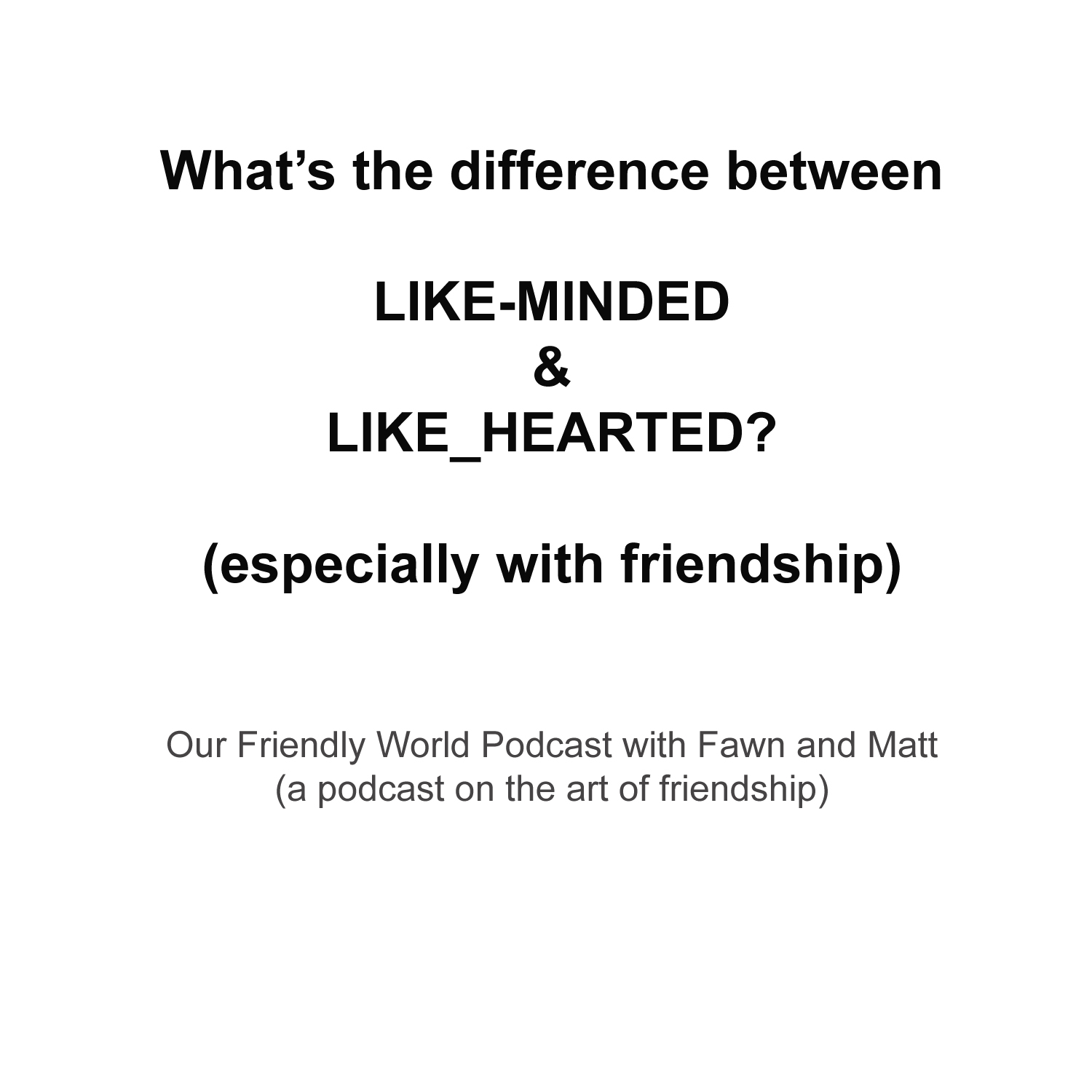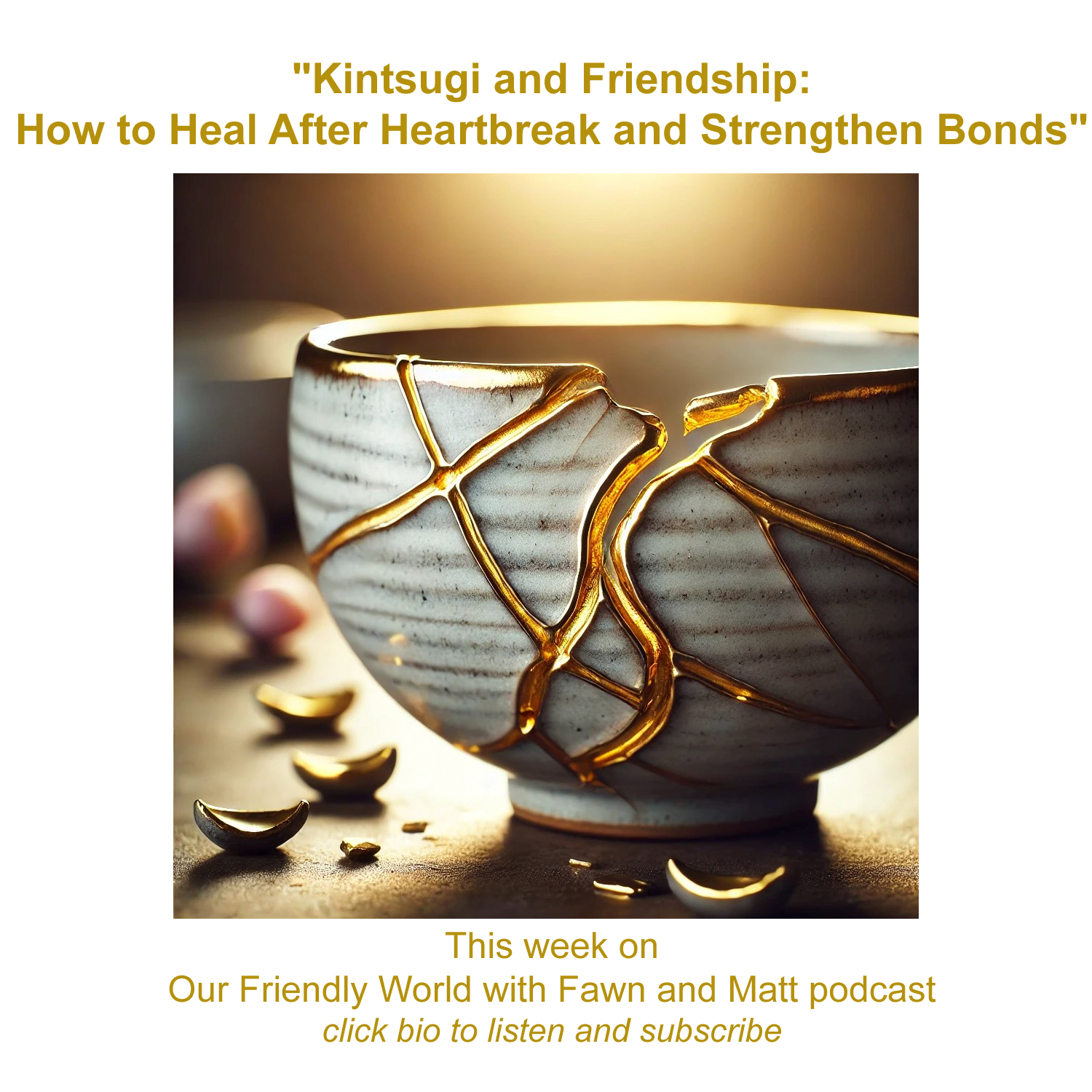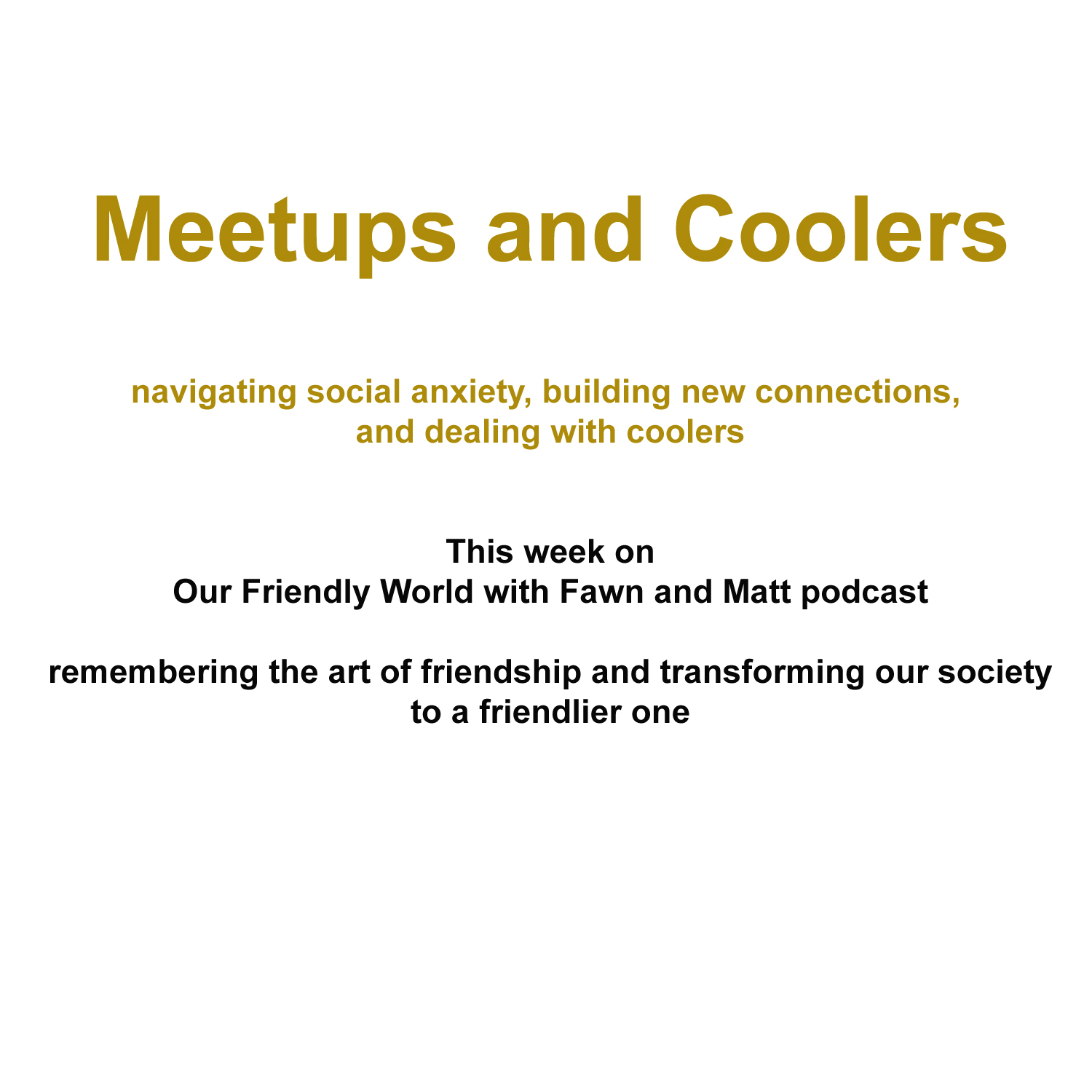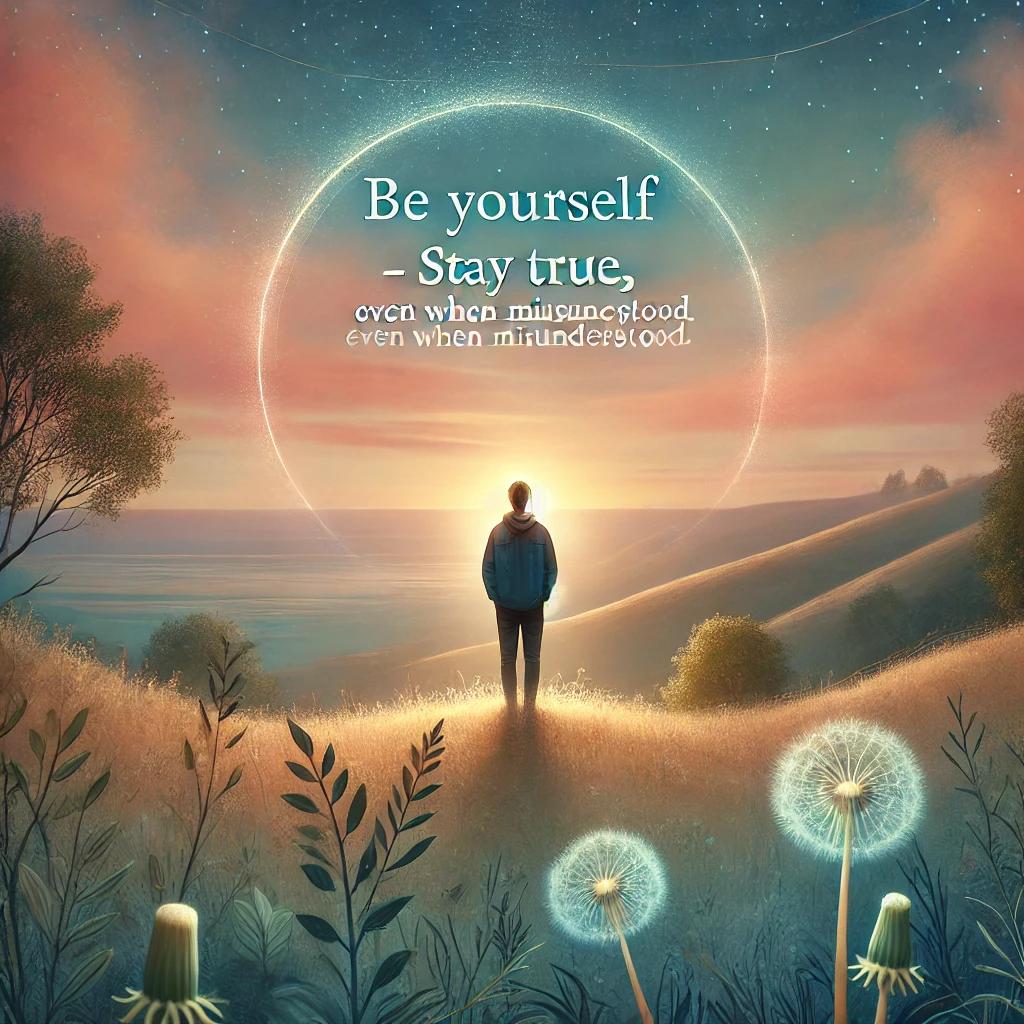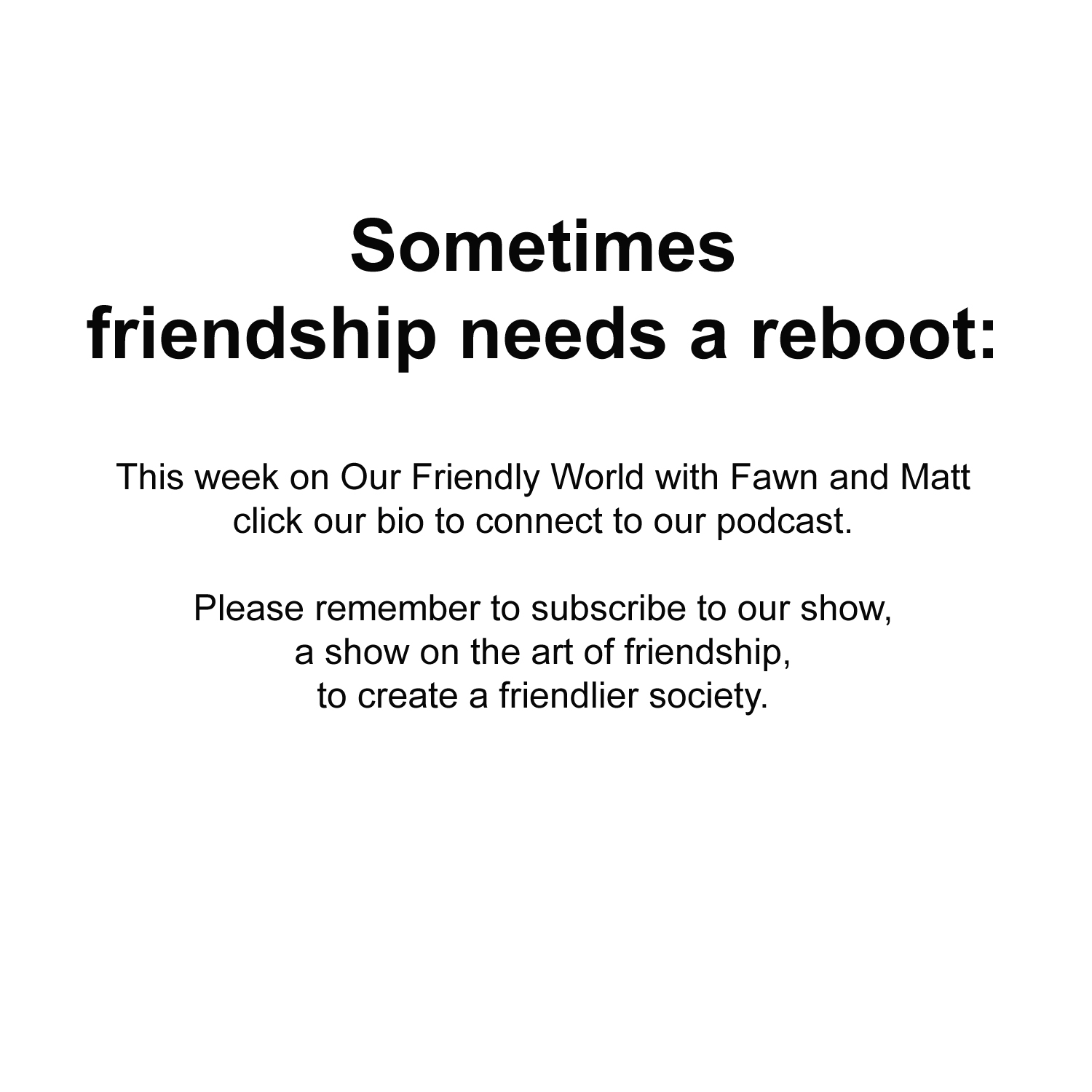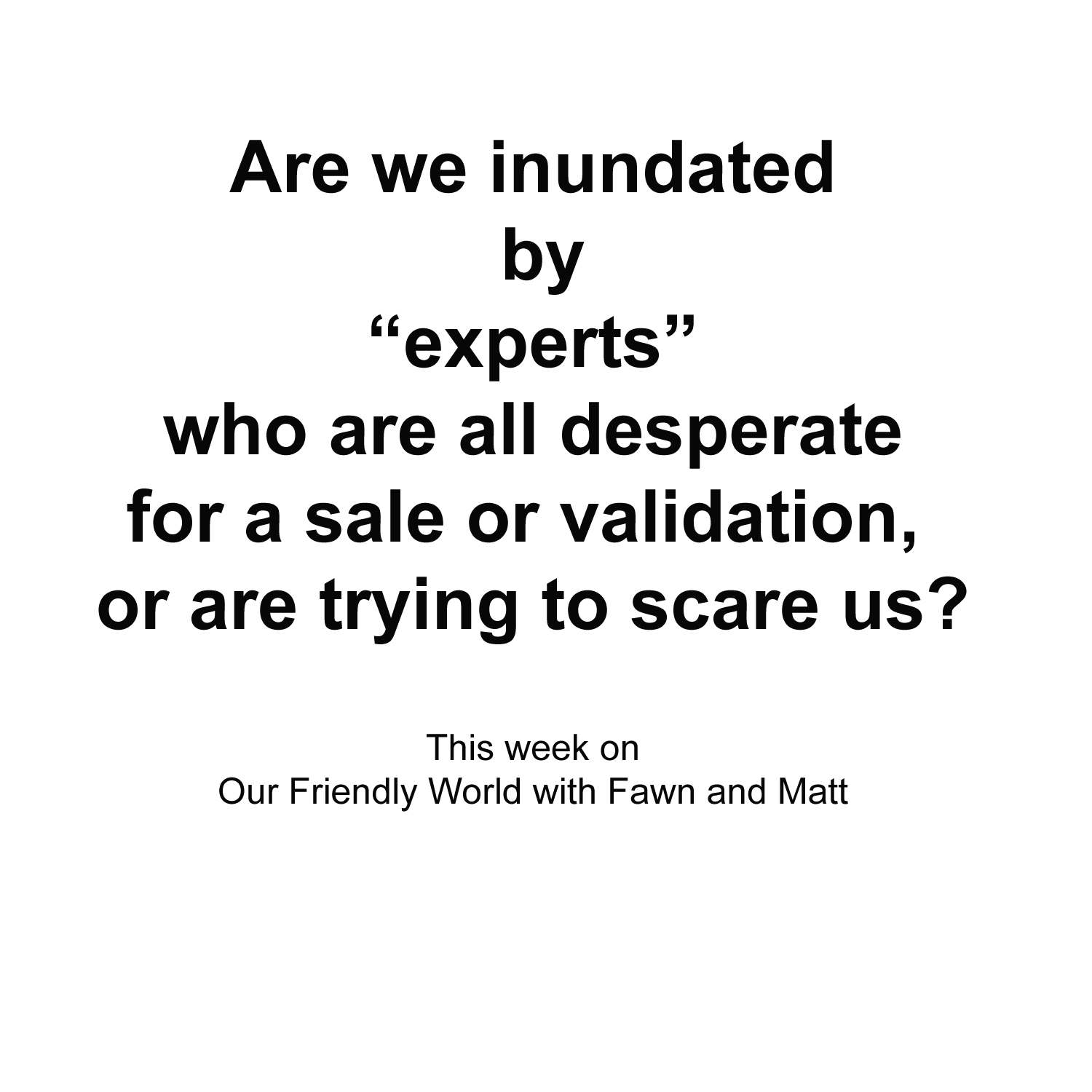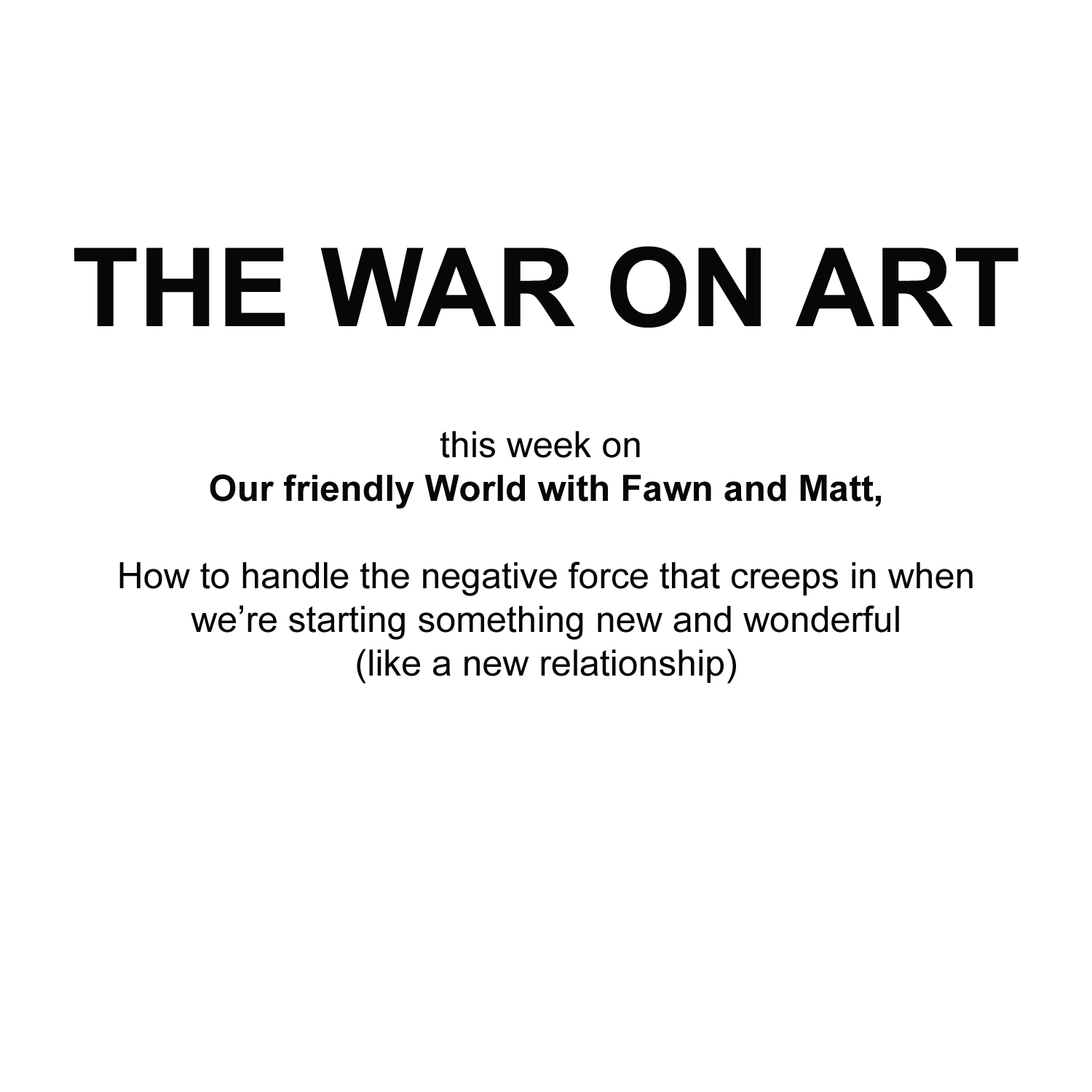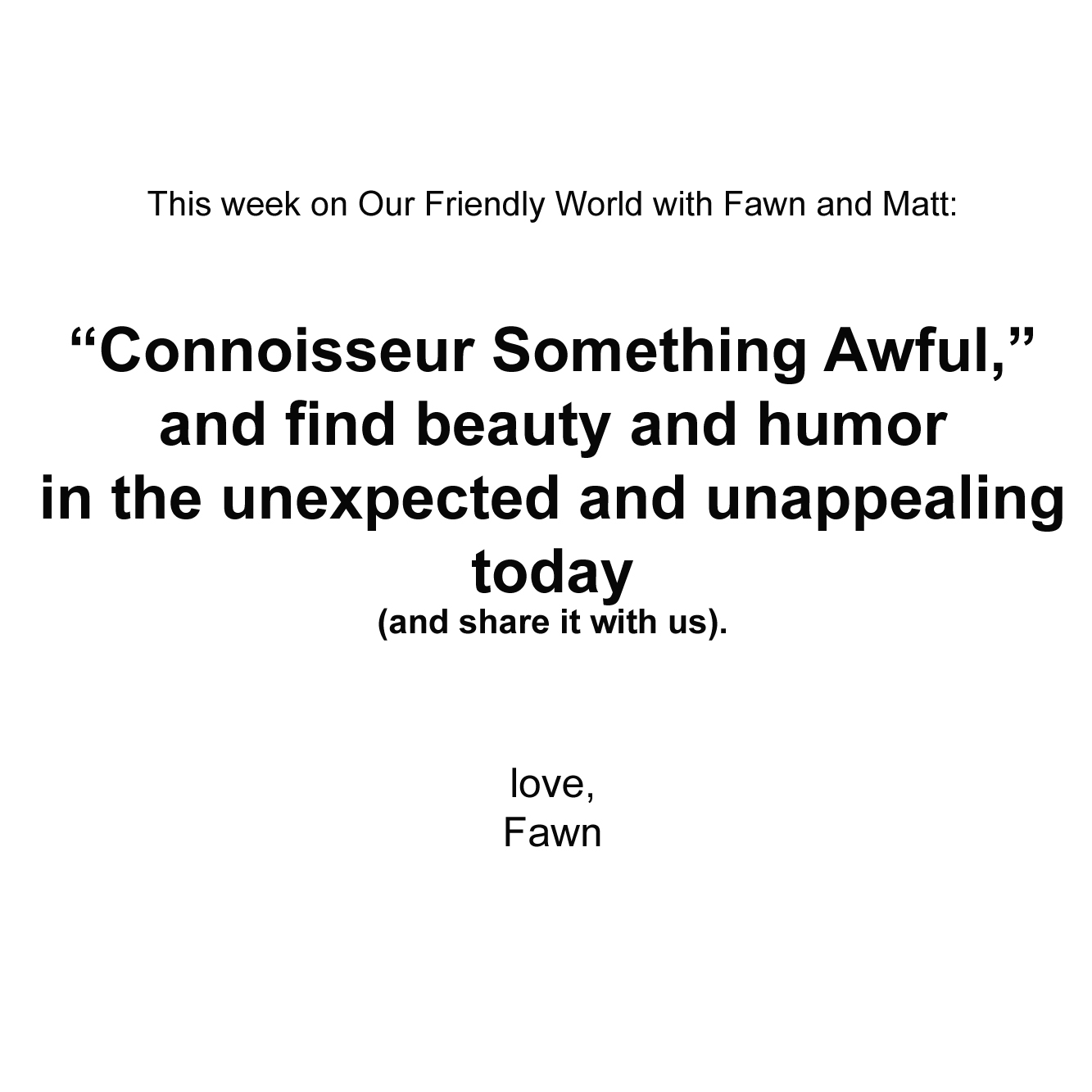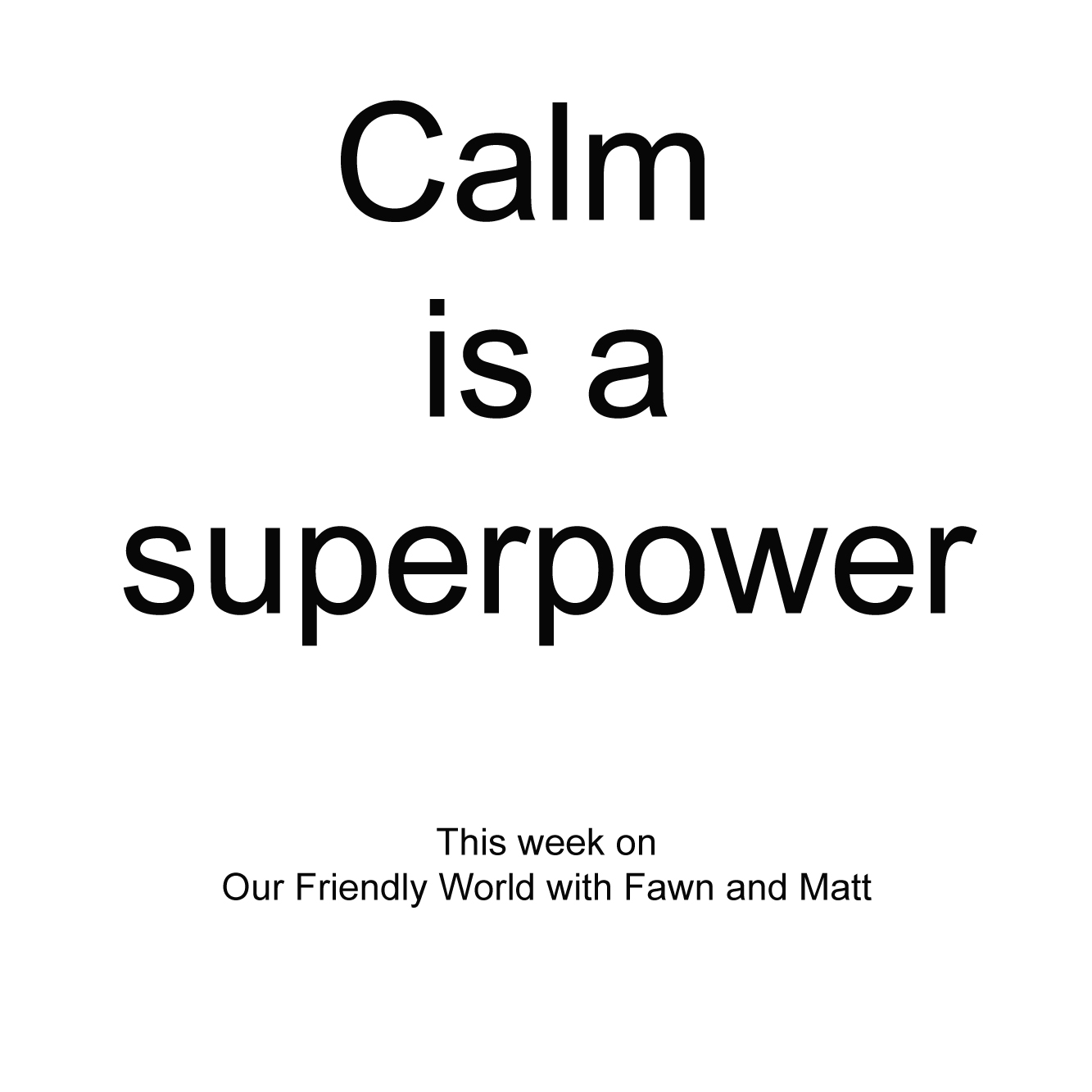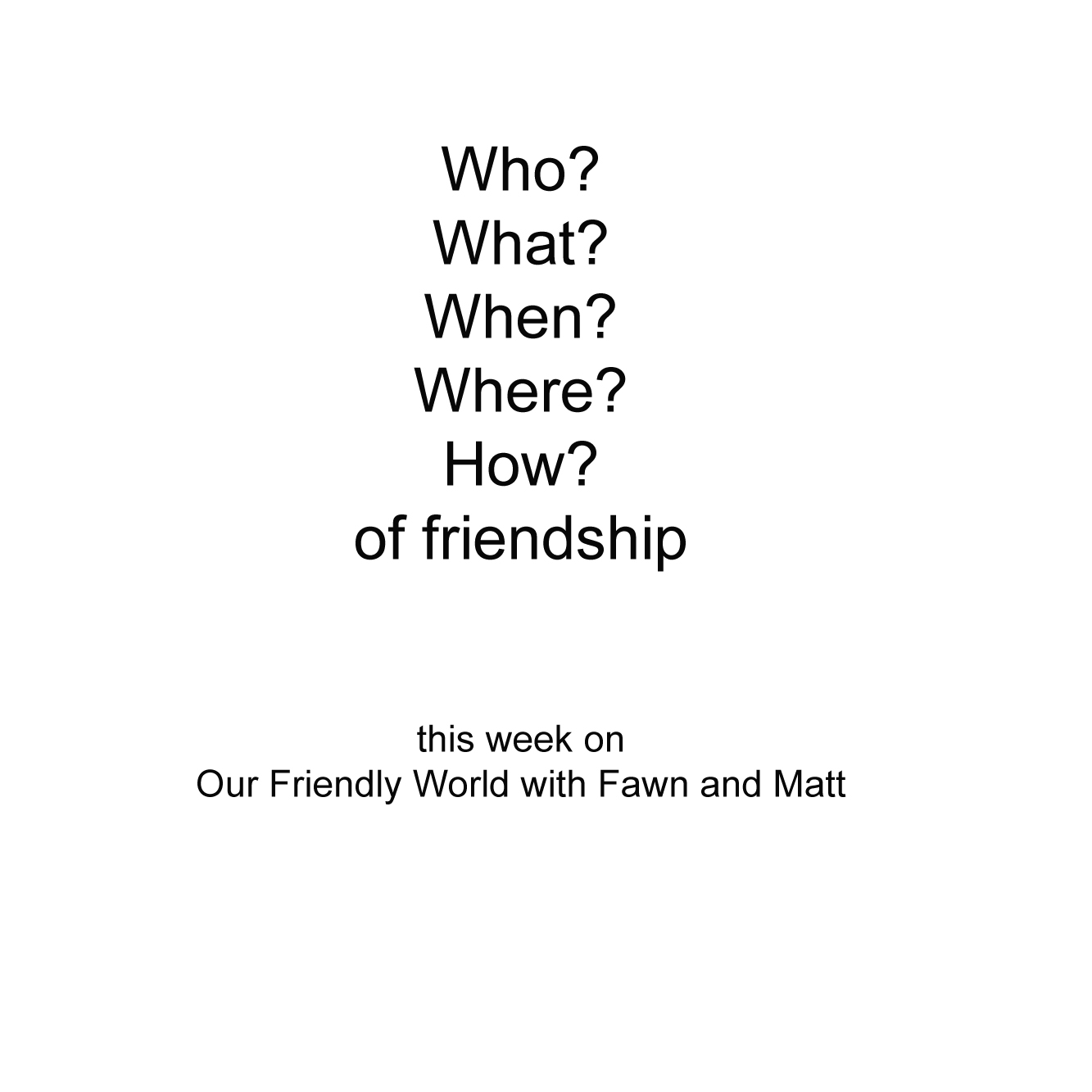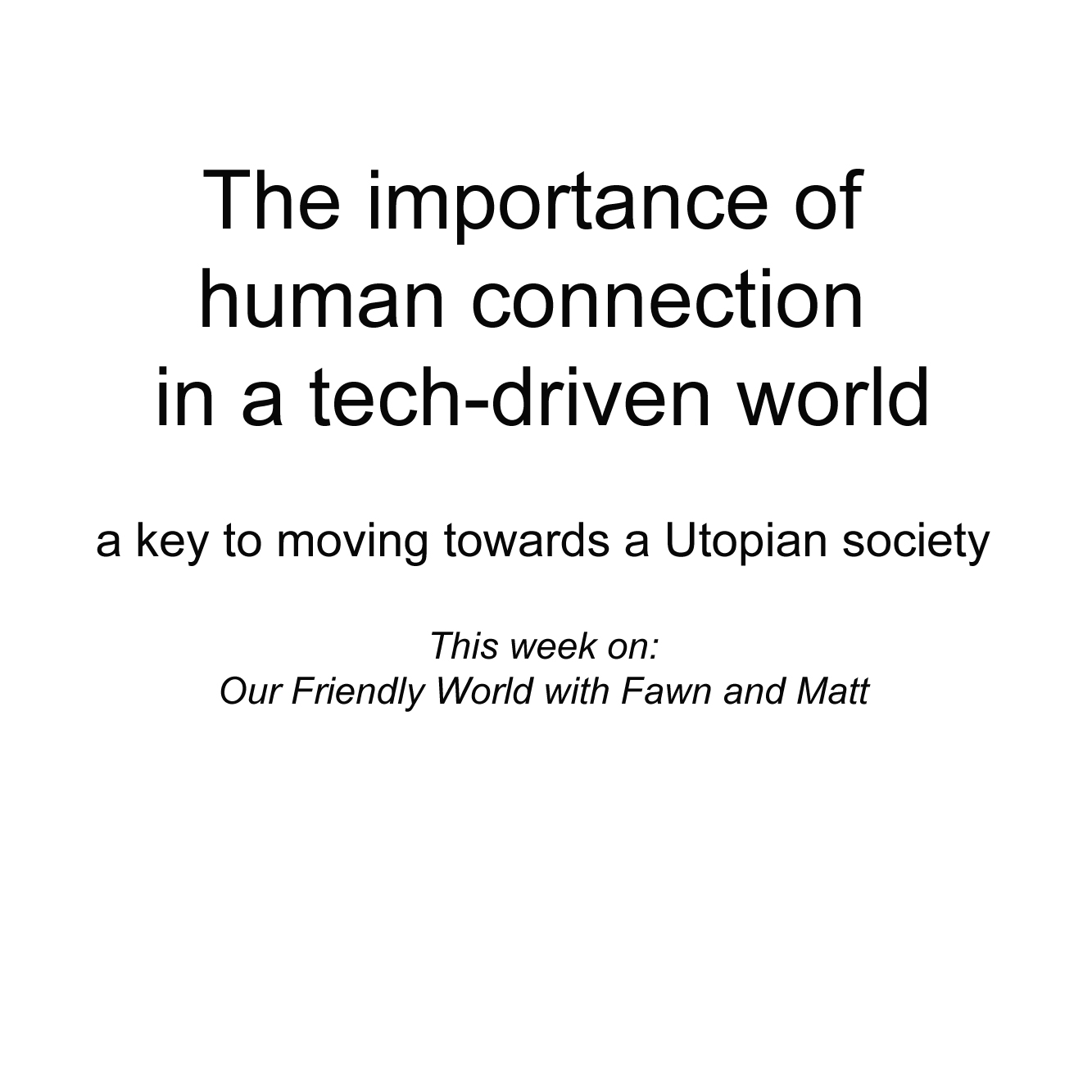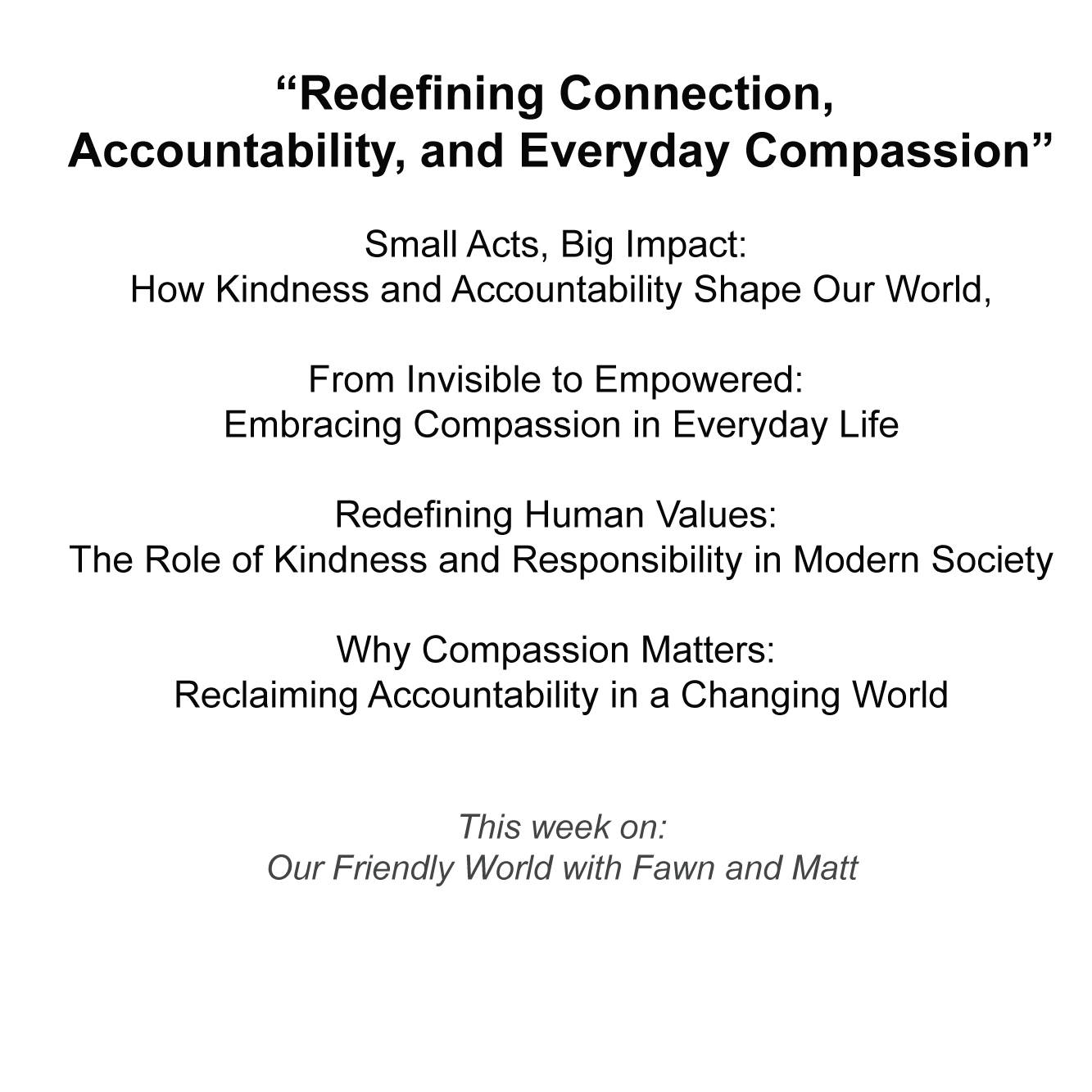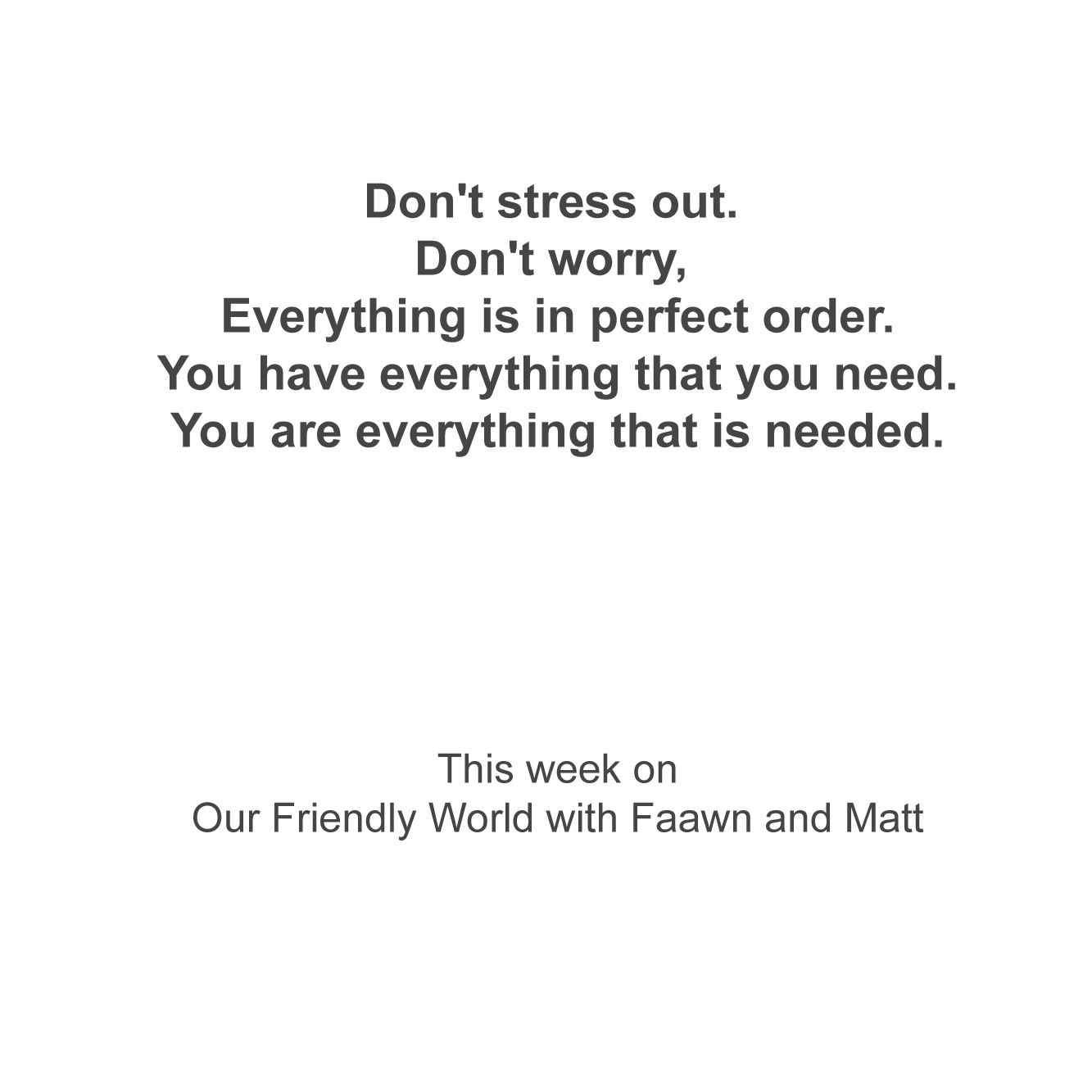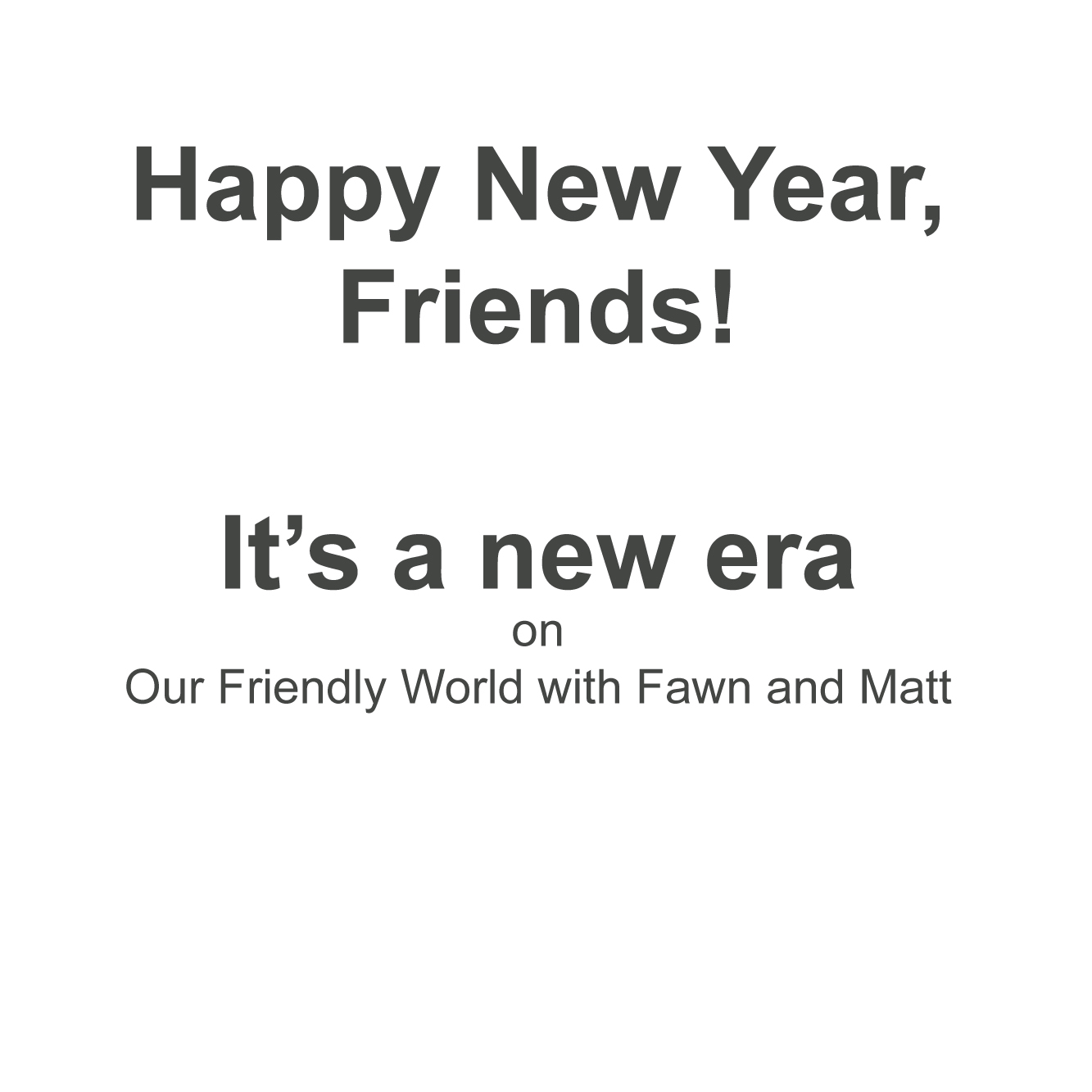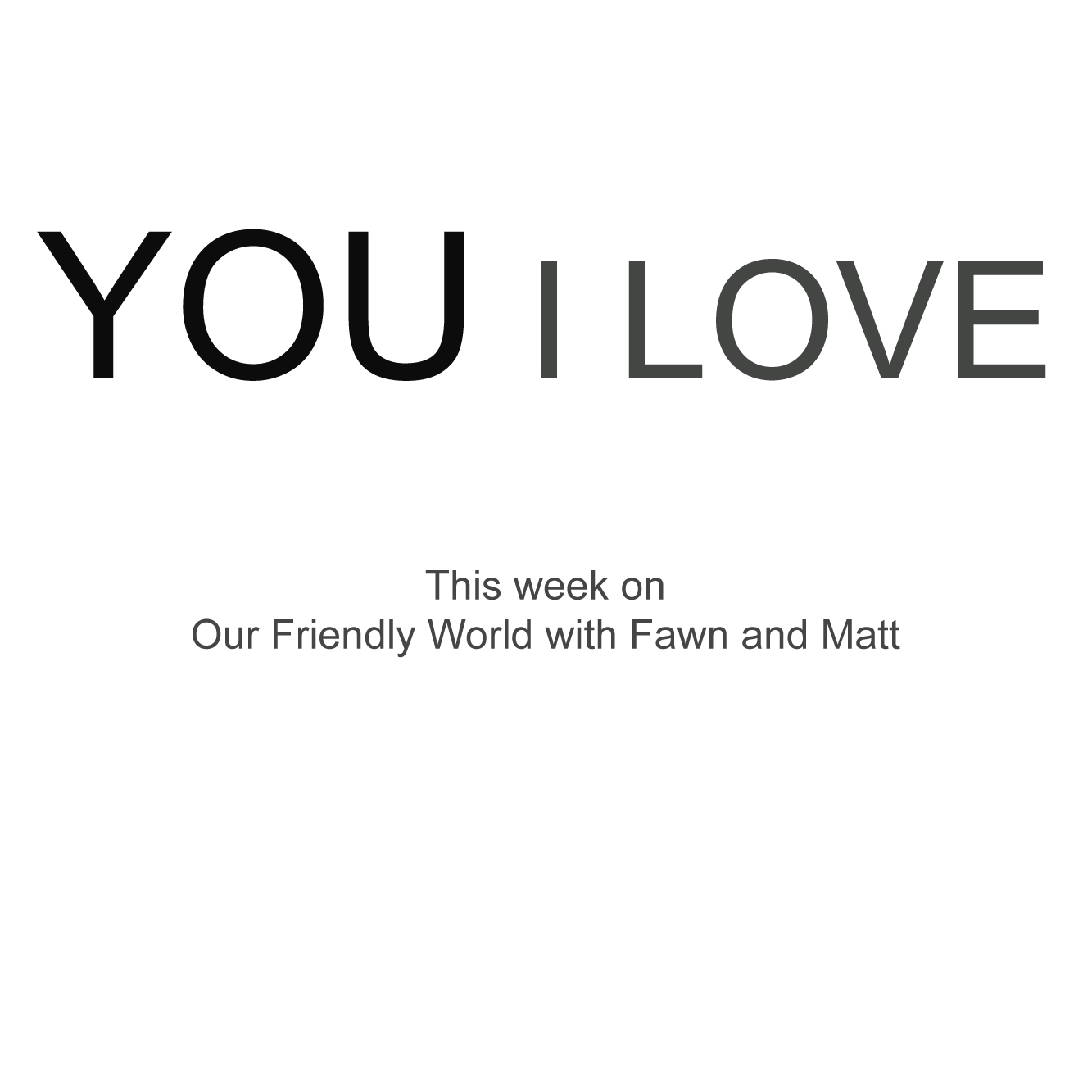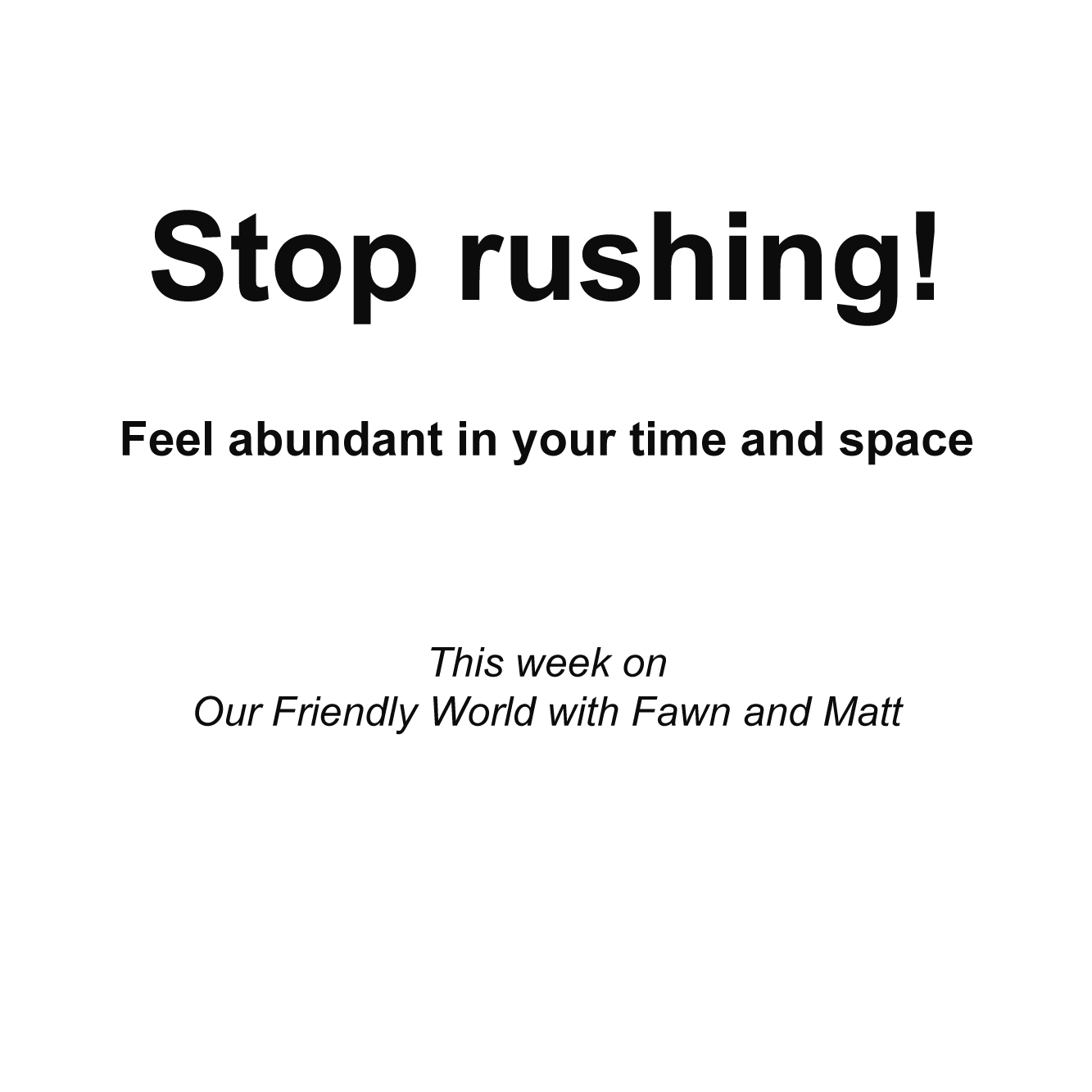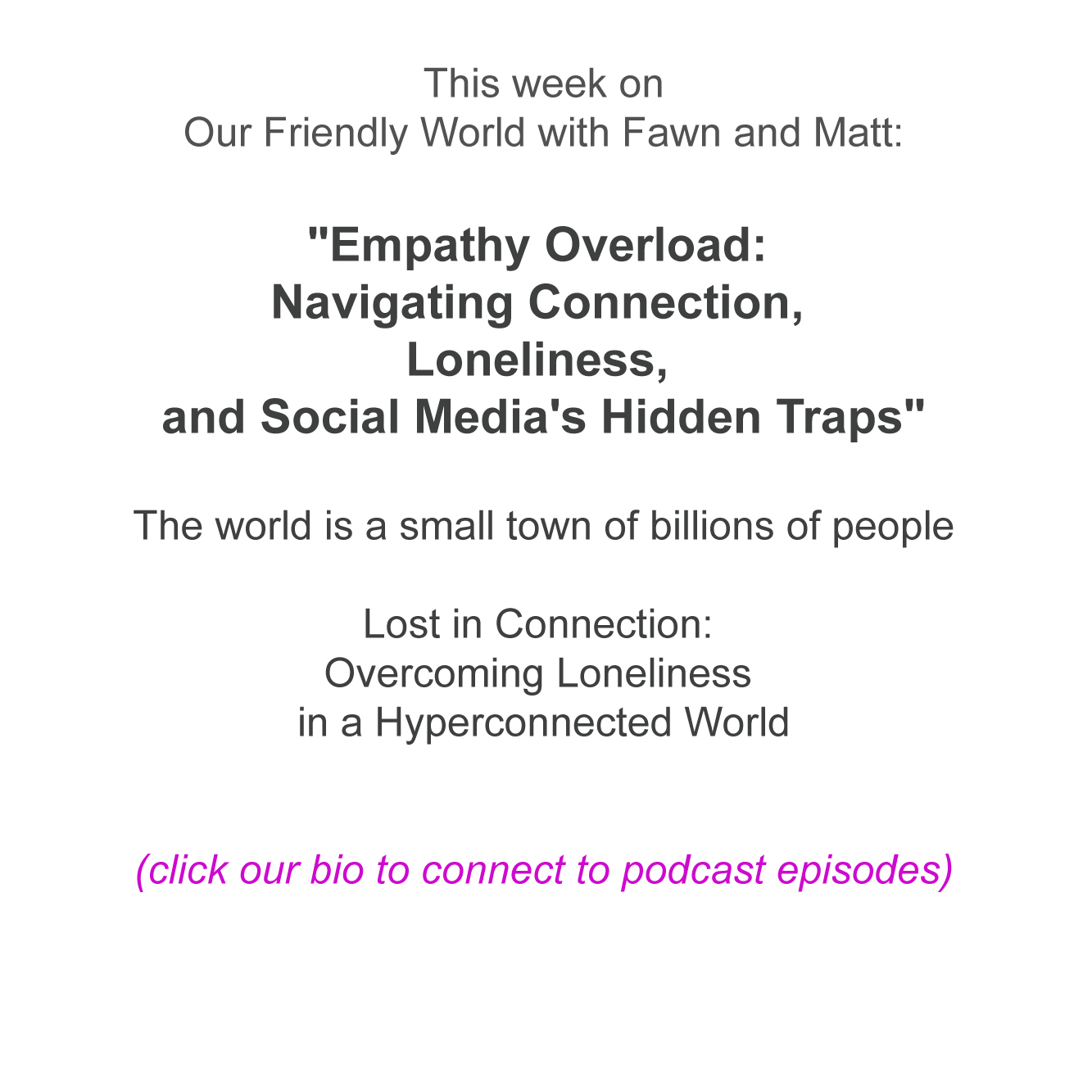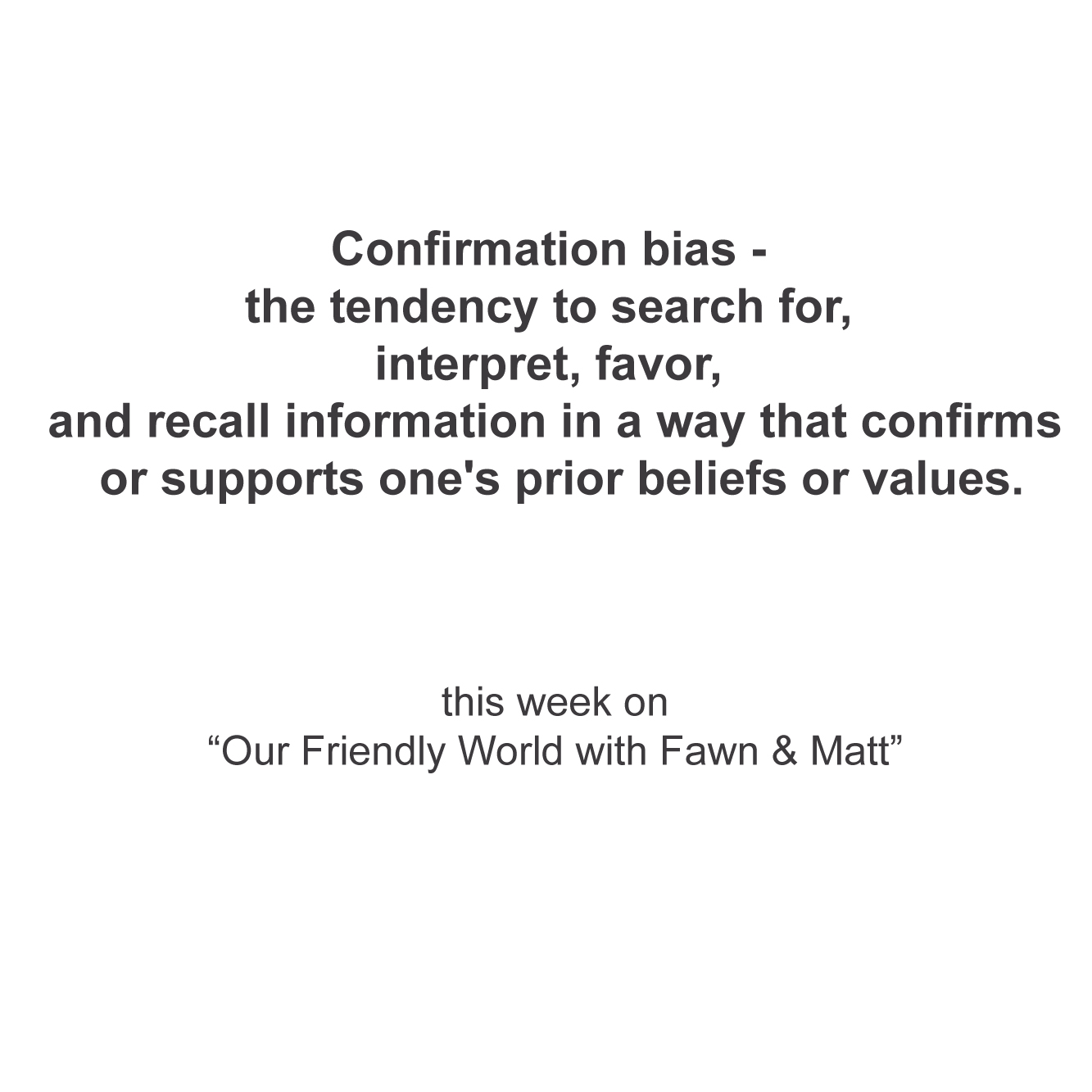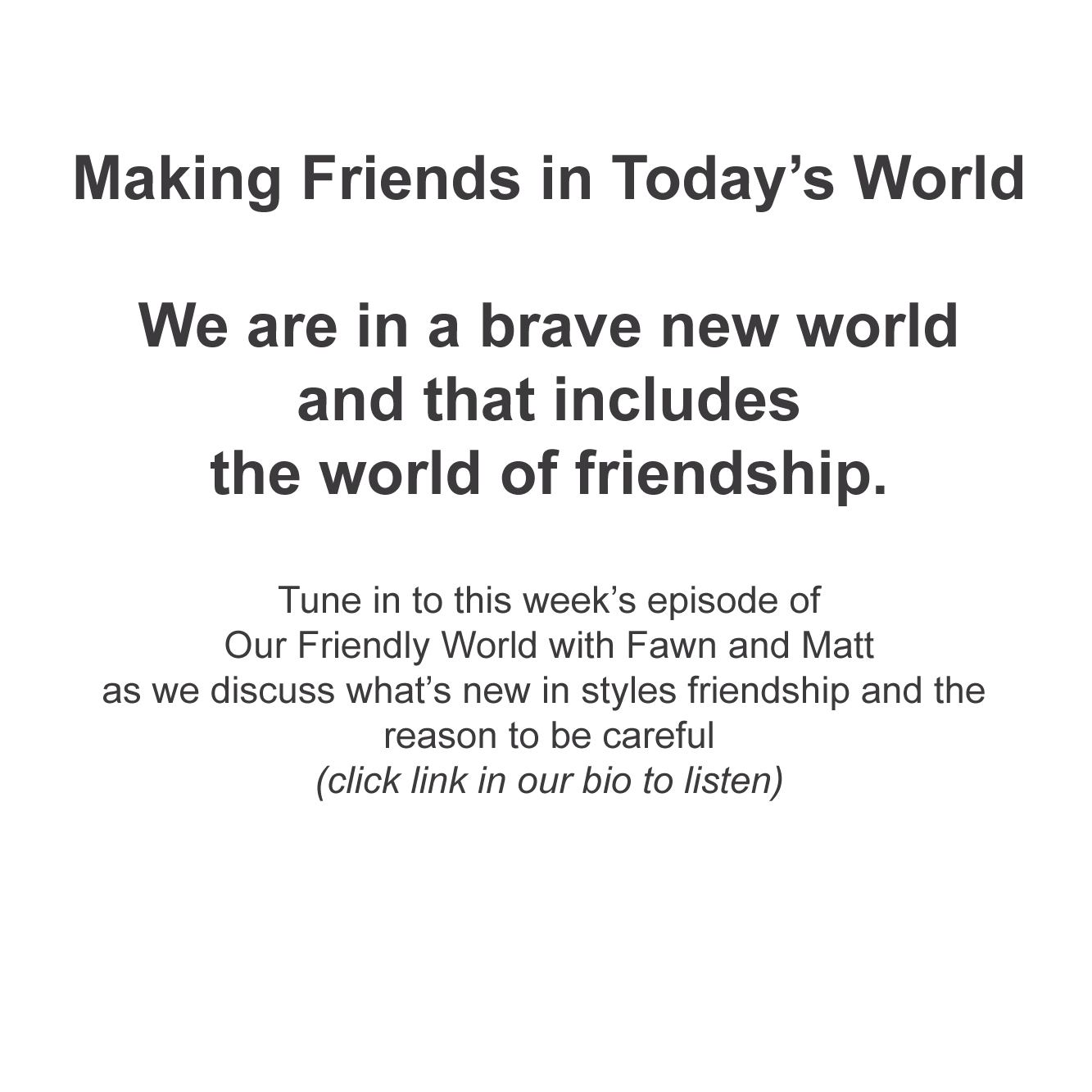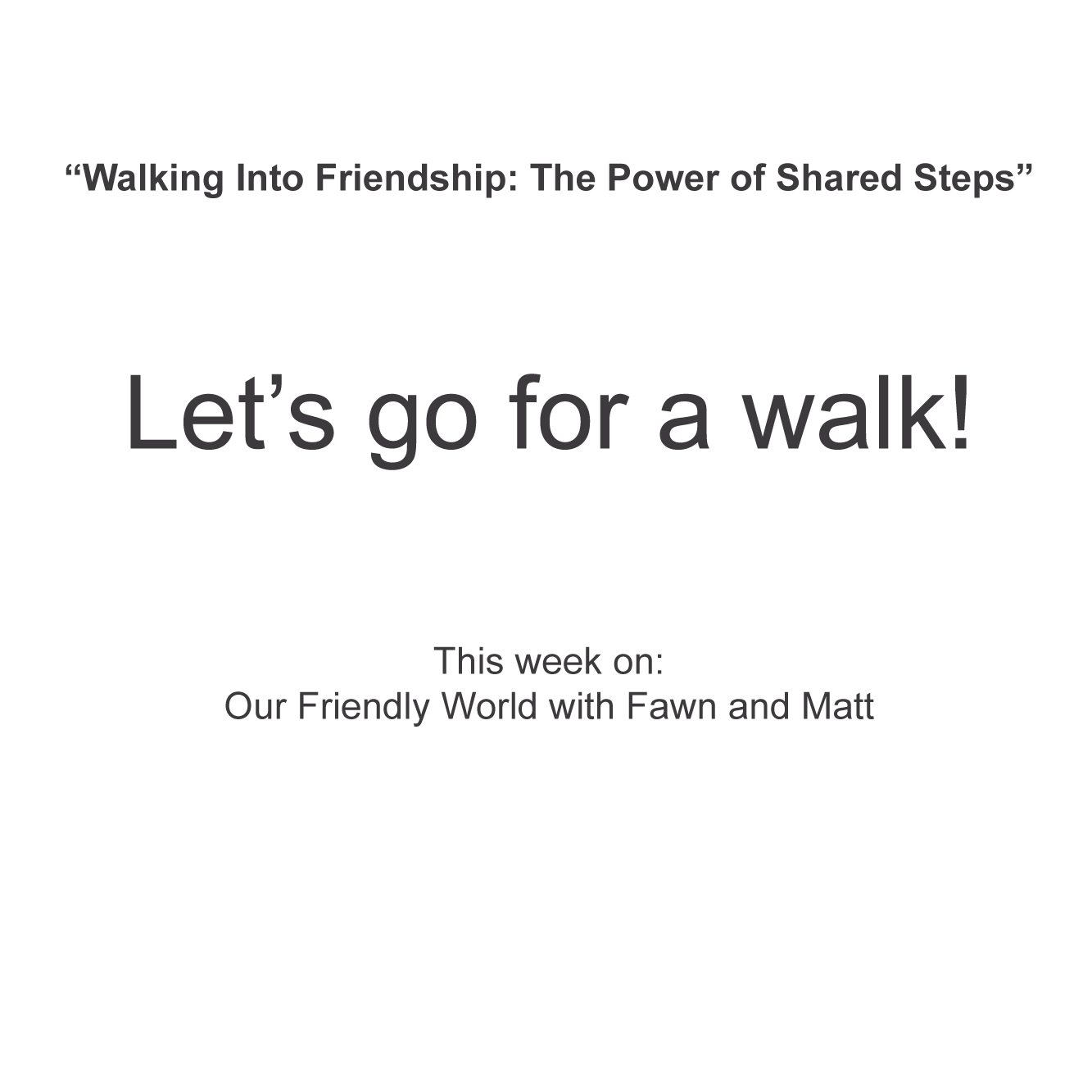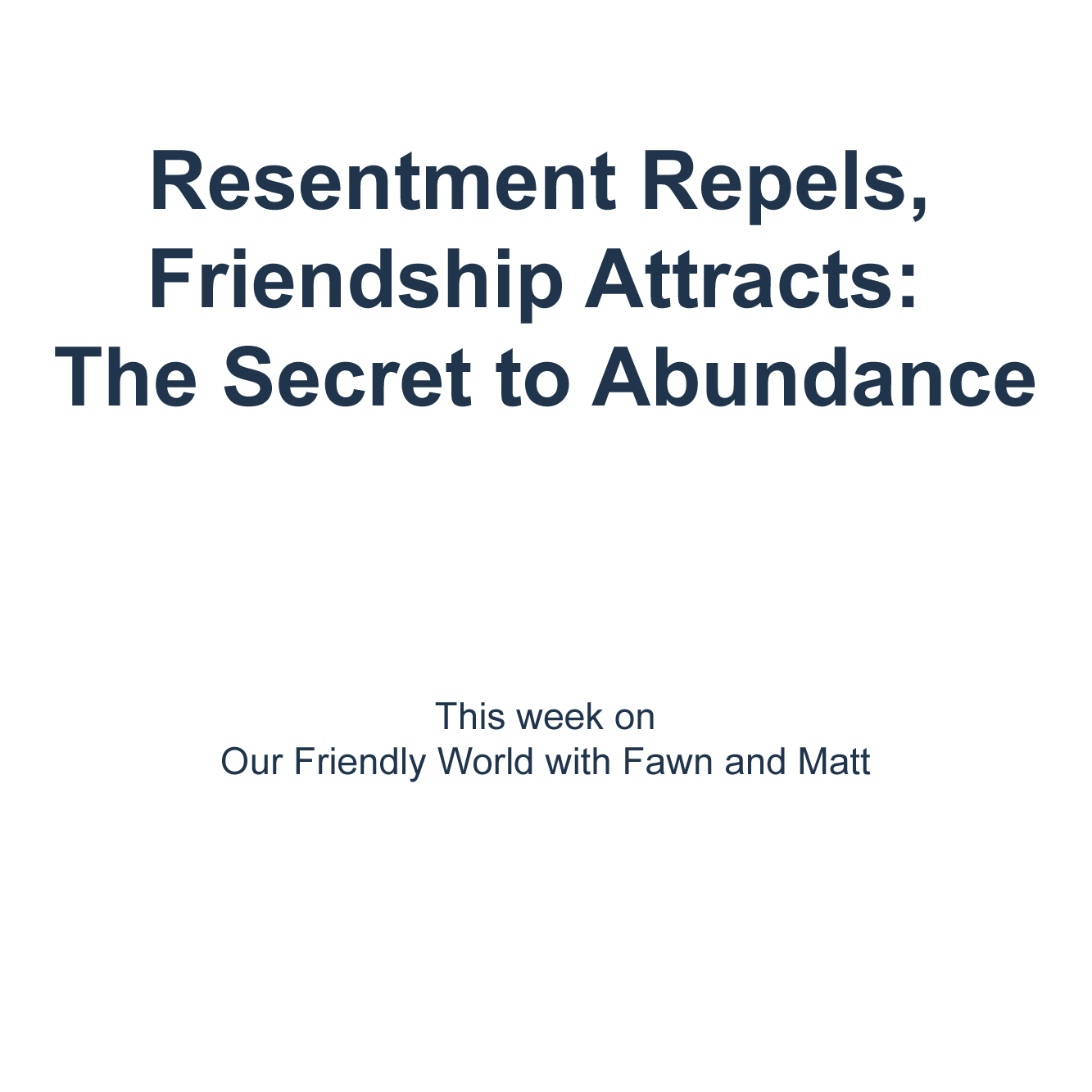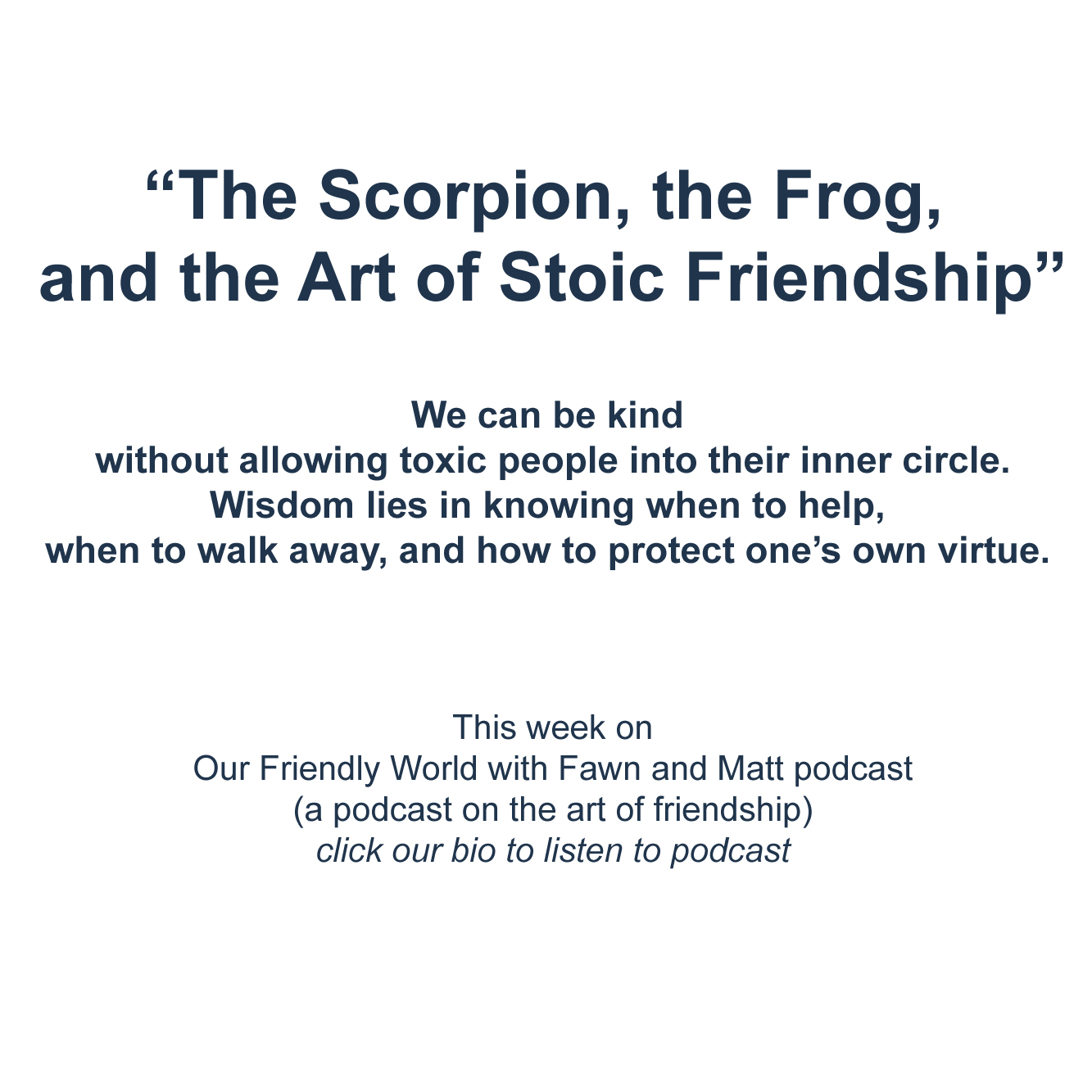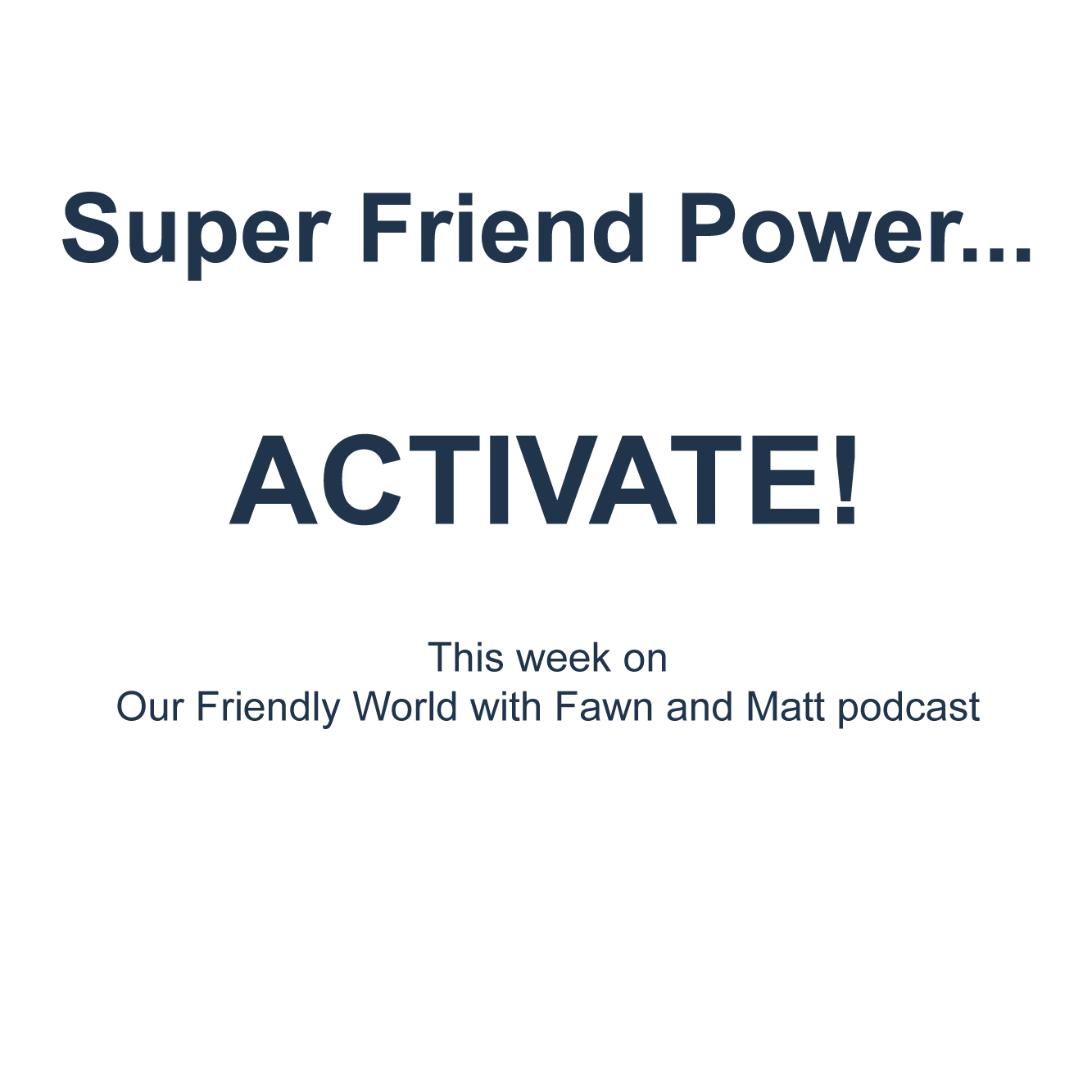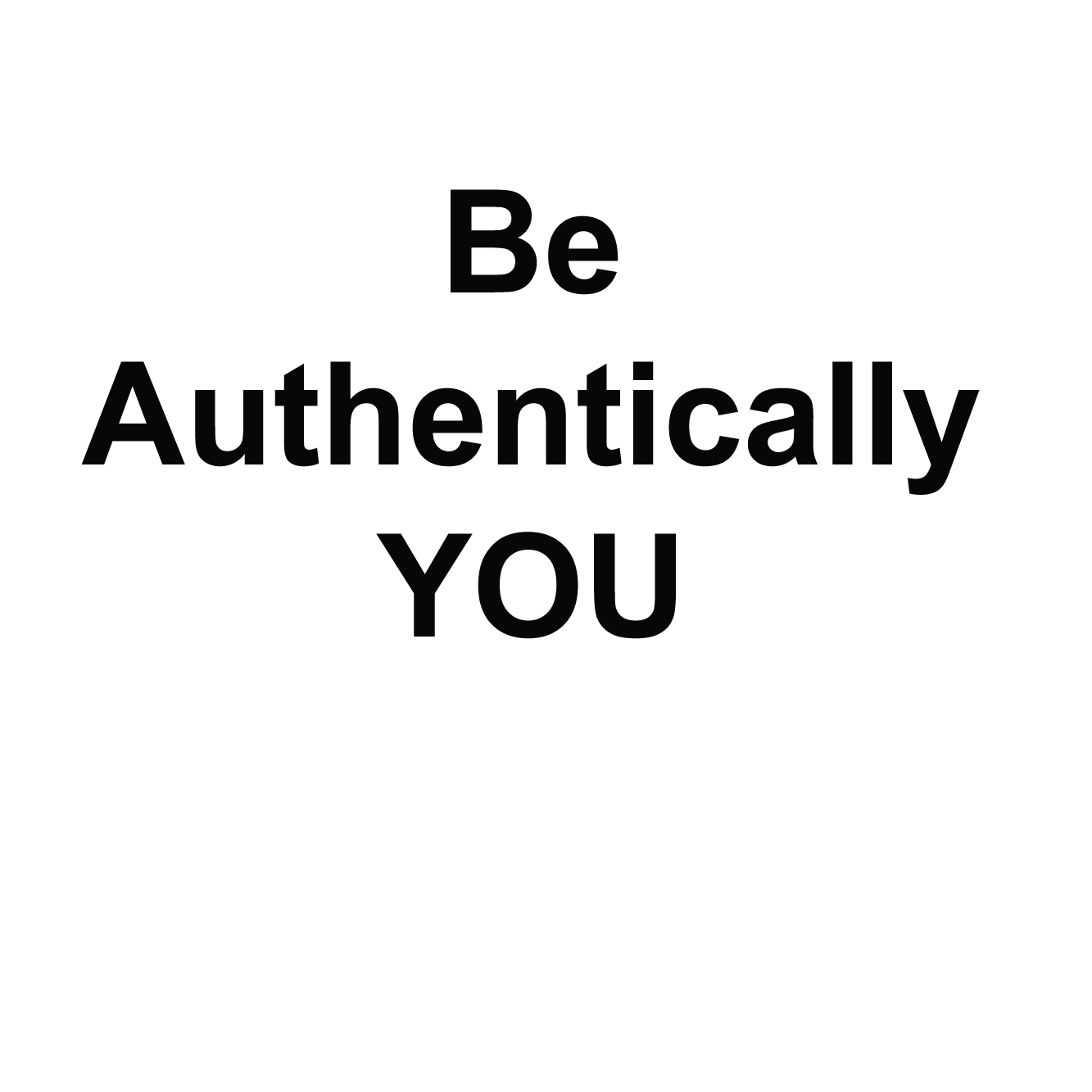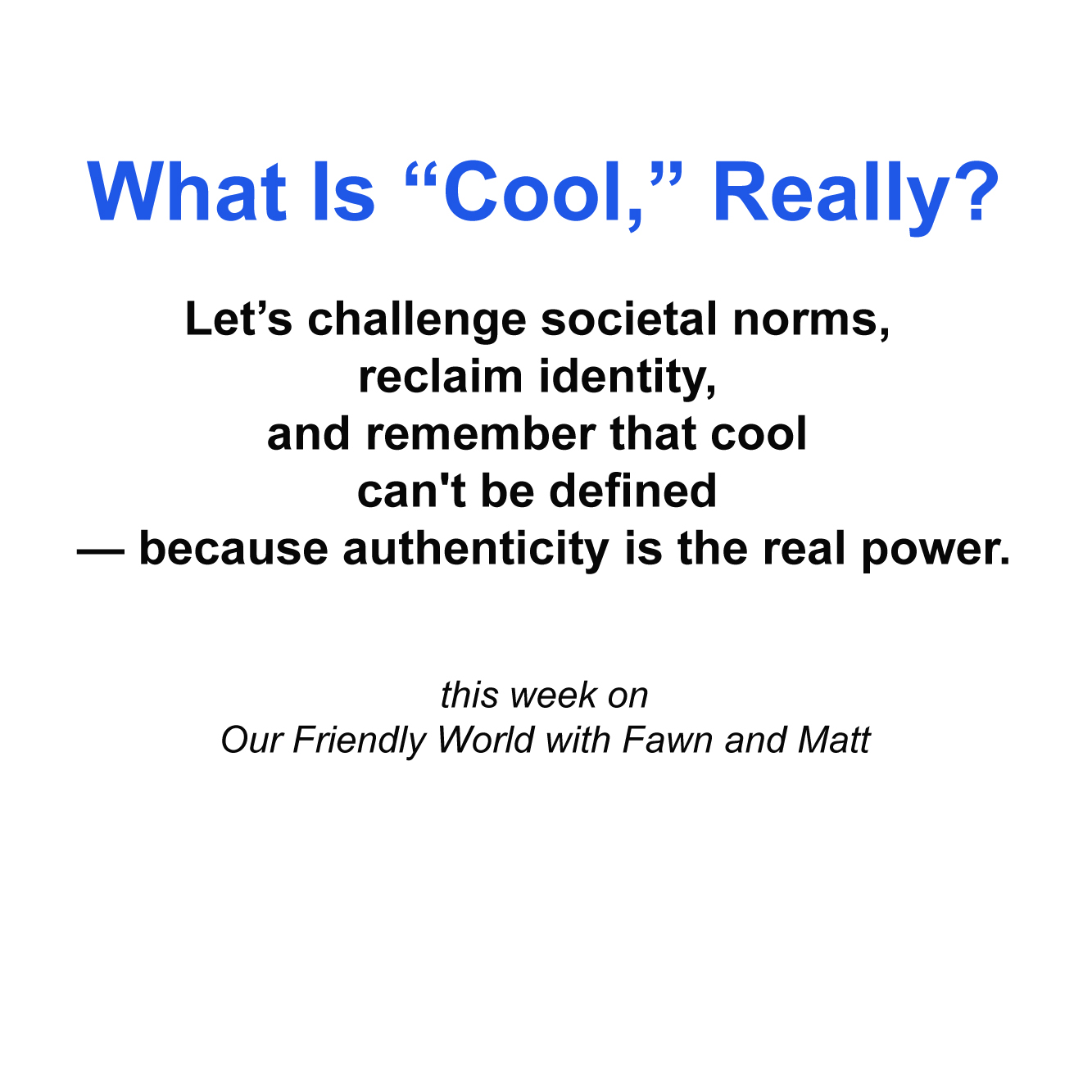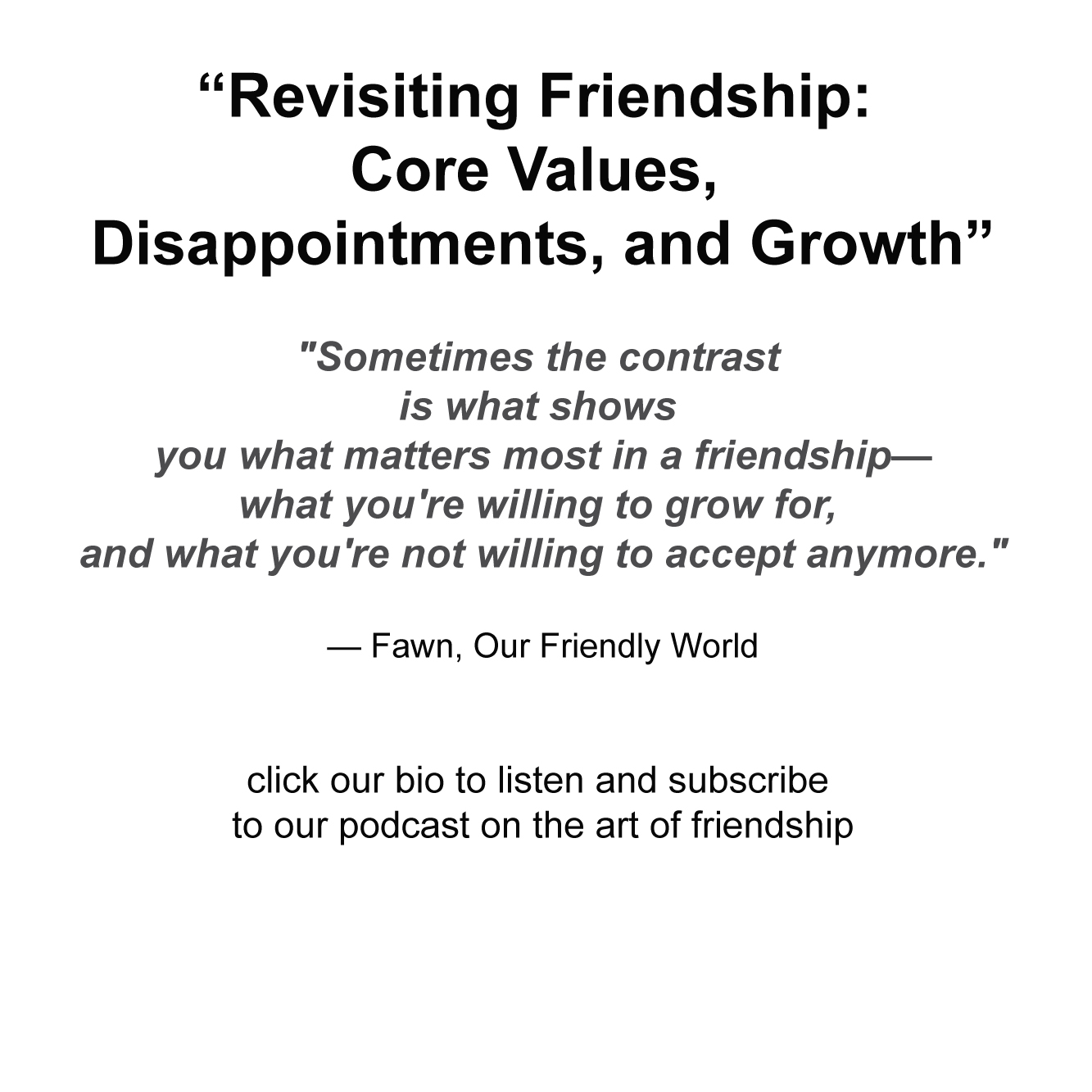The University Vibe: Why Some Communities Thrive More Than Others

Title: The University Vibe: Why Some Communities Thrive More Than Others
Why do cities with universities feel more vibrant, open, and thriving? In this episode, Fawn and Matt explore how constant learning, new connections, and fresh energy shape these communities—and why we should embrace this mindset everywhere. They also dive into the lost art of in-person communication, the impact of talking on the phone versus texting, and how small changes in how we interact can create a richer, more connected world. Tune in for a lively discussion on friendships, business, and building thriving communities—no degree required!
#CommunityBuilding #LifelongLearning #UniversityVibes #ThrivingCommunities #FriendshipMatters #OpenMindedLiving #TalkingOnThePhone #HumanConnection #KeepLearning #SocialConnection #Networking #CollegeTownEnergy
Title: The University Vibe: Why Some Communities Thrive More Than Others
Why do cities with universities feel more vibrant, open, and thriving? In this episode, Fawn and Matt explore how constant learning, new connections, and fresh energy shape these communities—and why we should embrace this mindset everywhere. They also dive into the lost art of in-person communication, the impact of talking on the phone versus texting, and how small changes in how we interact can create a richer, more connected world. Tune in for a lively discussion on friendships, business, and building thriving communities—no degree required!
#CommunityBuilding #LifelongLearning #UniversityVibes #ThrivingCommunities #FriendshipMatters #OpenMindedLiving #TalkingOnThePhone #HumanConnection #KeepLearning #SocialConnection #Networking #CollegeTownEnergy
Talking on the Phone
Fawn: [00:00:00] Welcome back to our Friendly World everybody. Hello?
MATT: Hello. Hello. How you
Fawn: doing? What?
MATT: Hello?
Fawn: What do you mean? Go
MATT: ahead. I'm sorry.
Fawn: Like HE double. I was thinking about HE double hockey sticks. I was
MATT: thinking about what I believe is the topic for today, so,
Fawn: okay. Oh yeah. Okay. Can I just tell you what happened last night?
Uhoh. All right, so I'm in my recording booth, my voiceover booth. And sometimes I go in there and it's just a simple read, but, oh no, I do it 85 times. I'm like, I keep re-listening to it. I'm like, no, no. Again, no, no. Again, again, again. Three hours later, one line said so many times that I think I'm gonna go insane.
Right? But the time goes by so fast because honestly, I love it so much, but, but it seems like. It's really late every time and the [00:01:00] kids are waiting for me. Mm-hmm. Because usually like I'll do it, I'm like, okay kids, I just have a few auditions to do and then we'll watch this show together. They're like, alright.
So they're waiting for me. So I'm texting them from downstairs. I'm like, are we still on? And I didn't get a text back. And then finally I get upstairs, one of them is asleep on the couch, the other one. I don't know. It was like going up and down from the office area to like their bedroom and stuff. Mm-hmm.
Anyway, so this is what our youngest tells me today. 'cause I'm like, you guys never texted me back when I said are we still on for the show? 'cause it was late. And um, our youngest goes, I apologize to you with my mouth. Because we were,
but I understood exactly what that meant because we were texting and then they text. Both of them texted me, but I didn't see the text. [00:02:00] And so the littlest one is like, I came to you and I, I told you with my mouth, but it wasn't trying to be funny. It was like trying to say, Hey, I didn't use the phone. I was like in person.
Right, but couldn't. Couldn't tell if I was asleep or not.
MATT: Well, sometimes I'll say goodnight to you. We've, you know, I'll stand a foot away and you're asleep. And I'm like, goodnight. Sweet Pea..
Fawn: Anyway, um, I was just wondering, speaking of communication and everything, and well wait, you know what? There's something else that's been on my mind.
Why is it that whenever we go to a place that has a university, like a city or a town that has a university. Mm-hmm. Why is it always so much fun there? And all the businesses are way better, there's more color, there's more life, there's more open-mindedness, and like it's lighter. Everything moves faster.
It just feels [00:03:00] not faster in a bad way, just like it's upbeat. You know what I'm saying? Yes. And the businesses are more... I don't know how to explain it. More uplifting. They're more colorful, they're more happy, they're more, um, diverse, I guess. Diverse as far as like, you know what, I want a special kind of croissants or I want, I want like to go to a place with really amazing books or cool.
And a cool outfit. Not just like the standard thing that anyone anywhere in the country can get. You know what I'm saying?
MATT: I do, and I have my own theories.
Fawn: But why, why can't a small town that is not so city vibed or why can't, oh, this is gonna sound terrible, but why can't
older people [00:04:00] be forward thinking. Why can't it be elevated in the vibe and even the closeness. Places with colleges, like people are more open to friendships and they're more. Able to meet at a coffee shop and sit with a stranger at the same little table, like that's to be expected.
And I miss that about like, when I lived in Europe, I loved that. And here in the US you have a certain bubble around you and if someone crosses it's a taboo. You don't do that? I like sharing. I like being close to people. You know what I'm saying? I do. Like, we went to a place recently and we ended up having conver a conversation with a table next to us, full blown conversation.
It was fantastic. Like we'd known each other all along, like family. I love that. But again, right across the street was a big university.
MATT: Right.
Fawn: All right. Theory away.
MATT: [00:05:00] Okay, so four year university standard uni. Well, that means every single year, 25% of the student population leaves and 25% of the student population joins.
Right? It's kind of the nature of it. Well, now all of a sudden you have a quarter of the people, okay. Maybe they know one person, maybe they know two people on campus and that's it. So they are completely cast adrift. So they, they, they're desperate's not a good word, but it's an accurate word. People are extremely interested in forming connections, especially right at the start of the school year and.
Couple that with the fact that when you do set yourself, cast yourself, quote unquote adrift from like your high school experience, you can reinvent yourself too.
Fawn: But why does school play? I want to be called this. I want to, but why does school have to play a factor in this? Why can't we do this normally?
Throughout [00:06:00] life
MATT: and we can, what makes
Fawn: people so complacent? Our theory is people stop with education. Right. But you and I have always said, even before we got together, we need to always be learning. Yes. We can't stop.
MATT: No.
Fawn: And we're never going to retire. Right. Always learn.
Always be studying something. Always
MATT: learn. Always grow. But it's easy, you know, you go to the club on Tuesdays, you, oh, it's, it's summertime, so the golf course is gonna open. Or you know, there's a certain, we like stability also. Stability and regularity. And when you go away to school or when you attend university, or even just change schools, right?
Even going from elementary school to, you know, the higher schools, you know, an interesting number of people, but things change. Like your whole reality shifts, and that's what happens when you start university. Your whole reality shifts.
Fawn: But don't you think that we should live like that all over the place?
[00:07:00] Because, I mean, think about it. Why do these areas tend to be more bustling? Is bustling a good word? Bustling is a good word. You know, like they're more vibrant, they're more alive, they're more, um, um, rich. And that's because, yeah, there's a, uh, an influx of cash because businesses, influx of cash. Influx of people.
Right. And that's why businesses thrive in these areas. Right,
MATT: right. Yeah. Perfectly adequate theory. Absolutely. And I would watch this transpire when I was in university every year we would have people come in and things and the vibe would shift just a little sometimes, sometimes a lot.
And you know, you just rolled with it.
Fawn: I just think we're onto something and this is what you and I were working on before everything got shut down in 2020, this is what we were working on. And it just so happened because things did get shut that we turned it into a podcast, but this is what we were working on.[00:08:00]
But everything, that kind of community. Yeah. Well, I mean, we're more flexible, so we're like, all right, then let's do this now. But I'm just saying economically, it just feels like things would be so much better if we tended to really embrace this kind of thought pattern, whatever is created in this university vibe.
Right. I don't think we, I mean, I. I mean, I want the university vibe always. Mm-hmm. And I, what I'm trying to say is what if there wasn't a university in a particular area? How can we have that kind of community where it's so alive and Yeah. Alive, rich, alive, rich in many ways. I'm not just talking financially, and there's
MATT: a fair number of churches who ask that exact same question.
Right. But they're, they're exclusive. You're trying to build a community. Churches are exclusive. You're trying to bring people in though.
Fawn: Yeah, but it's exclusive. You know what [00:09:00] universities are too. Hell aren't they? But not like a religion. A religion is like, if you are not in this way, then you don't belong to us.
Well,
MATT: there are religions which are a little more open than that, but yeah, I see your point, point very little.
Fawn: I
MATT: see your
Fawn: point. Alright. Anyway, so, but it's
MATT: also the huge influx, you know, it's the 25%. So like the school I went to uc, Santa Cruz had like 30,000 people. On campus or you know, that attended, so that means every single year that would be 7,500 people.
Fawn: And it, it depends because I went to a school that is very well known, but it didn't create that kind of community because there were so exclusive
MATT: and there wasn't as many people.
Fawn: Right,
MATT: because I mean, we dominated the, economy,
Fawn: but, but they were part of other universities, right? Like, uh, I mean there were other universities in the vicinity.
MATT: Yes. But
Fawn: It's interesting because with all this, [00:10:00] I still dunno the right word for it, you guys, with all this like hopping energy with all this thriving energies, I guess thriving energy is what I'm thinking of really? Yeah. Thriving with all this thriving energy, this forward thinking and everything, it still blows me away
the article you found today. Do you care to share? Like, like they're so open, they're so open to making new friends. There's this whole lifestyle. Correct.
MATT: Correct. But
Fawn: yeah, check this out.
MATT: So, so in England, apparently you can become a the equivalent to a certified public accountant on some level. But you can get your accounting certificate after 12 to 18 months of schooling after you've completed your, your high schooling.
So you've got 19, 20 year olds graduating with their accounting certificates. And what they're discovering for these 19, 20 year olds is [00:11:00] they're afraid of the phone. Dun Dun.
Fawn: Now you said that and our kids are like, we're not afraid of the phone. And then you're like, no, not the phone, but the phone call.
MATT: They're afraid of the phone call. And coupled couple that with, they have no idea how they're supposed to act in a meeting. So it's a double and, but what really gets accountants is the phone. That's phone. Phone. It's,
Fawn: I don't think that's totally true. Well,
MATT: there is an accounting firm in England.
Uh, it was VUS Masers and that is has a slash So I don't know if I'm right about that.
Fawn: Well, maybe we're talking about certain type of, they are people, like these
MATT: are accountants. These are people who,
Fawn: well, accountants aren't the most social people. I take,
MATT: uh, I take a si I, I, I, I kind of wanna take a subtle dig at accountants, but these are people who are figuring out, okay.
I'm out of high school, what am I gonna do next? Something
Fawn: stable. Something
MATT: stable that makes [00:12:00] money,
Fawn: which kind of goes back to what I was saying about a small town or a town that doesn't have a university. They want stability. There's a certain characteristic, there's a certain character here
that's similar where you're less apt to go to a colorful coffee shop and have interesting food you've never tried before and talked to complete strangers sitting next to you.
MATT: Right? Yeah. That's, that can be uncomfortable for people safe. You
Fawn: tend to play it safe. Yes.
MATT: Yes.
And there you go. You're absolutely right. And because you're not so completely cast adrift. 'cause it was, it was a moment of great peace for me when I found out nobody from my high school is going to my university. But I understand now, looking back, I should have been terrified. Nobody. So I had nobody.
And in point of fact, I got sick right when I started, yada, yada, yada. And that was a terrible experience 'cause I didn't know anybody. But at the end of it, you just had the flu. I came out stronger.
Fawn: You had the flu, you got a bad cold.
MATT: I got a really bad cold. Right. [00:13:00] Because nobody, mommy wouldn't take care of me.
Poor baby. I know. But anyways, so they're, they're, they're sending them through. Like courses like these accountants, they're sending them to courses and they're, they're conducting mock meetings and mock phone calls for them to get used to
Fawn: human interaction.
MATT: It's a little harsh, but in
Fawn: person, human interaction, let's
MATT: call it authentic communication,
Fawn: live interaction.
MATT: Let's talk about, let's, let's describe it. No,
Fawn: because you can say authentic. You can be authentic on Instagram or authentic on. No, you can't because yes, you can.
MATT: You can't screw up on Instagram. Look, you can
Fawn: be authentic in your writing.
MATT: You can't screw up on Instagram. You can screw up talking to somebody.
I can say, I've
Fawn: screwed up. Let's on, Hey, on
MATT: Instagram, Sally, when I'm talking to Samantha, you know, and, and it's like, ah. Hang up, uh, you know, dis you know, I [00:14:00] get, I'll just disconnect from the chat. Oh, I'll just, no, no. Right. Like if you commit certain full pause, it's like
Fawn: they don't know how to turn it around.
MATT: Exactly. So hence, hence it's your real, true, authentic self, not your curated Yeah. Authentic self. They,
Fawn: first of all, they don't like in-person things, period. I've noticed about Gen Z.
MATT: There's, and, and let's be careful to say they and them, but yes.
Fawn: Well, okay. The kids are telling me that the people their age don't.
Mm-hmm. Don't like to go out and be with a bunch of people.
MATT: Right. And just hang out and stuff. No. Well, yeah, but that's, again, who knows? Who knows what truth is. Alls I have is, well, not all that. And
Fawn: also it's just this country we don't know about other places. Well, and this
MATT: is England though.
Fawn: Yeah. But, okay.
All right.
MATT: Yeah. But. But anyways, I found it interesting, like one of the talking points that they have for their training is
your first impression is very important, and we know this, (yawn), say [00:15:00] hello even if they know who you are. So you need to say, hello Fawn, how are you today? This is Bill calling from da, da da da.
Fawn: Why wouldn't you say that?
MATT: Why would you?
Fawn: So I'm
MATT: used to a lot of, if I'm texting you, I don't say that's true. Hey, it's Matt.
How you know? You already know because it comes through on your phone, right?
Fawn: Yeah, yeah.
MATT: You know? Yeah.
Fawn: But if I'm on Zoom or if I'm on a phone call, I'm always like, like when Wendy calls me, I'm like, Wendy,
MATT: that is true. Yeah. But again, that's the phone phone.
Fawn: So what are you talking about here?
MATT: This is like on the phone, phone, making sure that
Fawn: that's what I'm talking about on the phone, right?
Phone
MATT: making sure, but I'm, but I was talking with my mouth. I was talking about like when we text or when we Okay, got it. Insta or when No, I got you. Even, I got you. Even once we email, once we're past the first email message got, right? Yeah. There's, there's an assumption of the continuation of conversation.
and then there was a lot of stuff about professional and meetings and stuff. So you [00:16:00] make a list of your talking points before you get started because you're gonna lose track of the conversation, setting the agenda when it's all done, you summarize. However, what's interesting is they also say.
Don't do anything else. Be on the phone. Be present on the phone. Don't be multitasking.
Fawn: Oh, hello. You needed to hear this When we were dating. When we were dating. So Matt and I met at a martial arts school. Uhhuh. Okay. And then Uhhuh. So we went to martial arts. We trained and then usually we would like, sometimes they would go out to dinner.
I couldn't afford to go, but, and then when we got home, we would be on the phone and I could tell Matt would be doing something else while we were talking. I could hear a disconnect. And then sometimes I would hear the ticky ticky tack of the computer. 'cause he was on the computer at the same time. Well, I
MATT: was looking for swab, pickup lines,
Fawn: stop it.
And I was like, and I, it was a turn off a little bit.
MATT: It was
Fawn: because I was like, wow, you're not even completely here [00:17:00] with me. Right. But I thought, oh, well I guess that's just the, 'cause I knew you were a computer programmer and everything. I knew you were a total computer geek. So I'm like, I guess this, this is the culture.
But I'm al I've always been present, like when my friends call, I almost all the time stop everything and sit and talk. And then meanwhile, most of my friends, they're always doing like a million other things while we're talking on the phone. But why is it, I always get in trouble by the way, like if I do do something else, they're like, what's that noise in the background?
What are you doing? I'm like, um, I've never said that to you. Like I've had, I had this one friend who got so mad at me 'cause she could hear the pots and pans. And to be fair, I think it was really loud, like if I would hit the spoon on the pot as I was like, you know how you, yeah,
MATT: it is really loud when you hit the spoon on the pot on the other
Fawn: end.
It's really loud.
MATT: Well, it's really loud in the house.
Fawn: It is,
MATT: yes. I'm
Fawn: sorry. Ba, I'm a loud bam chef. I'm a [00:18:00] loud cook.
MATT: You know, to clean the, to get the, like the sauce off of a spoon. Bam. Bam.
Fawn: I didn't know how loud and fast I was until our first born was like a little toddler and we went to a toy store.
And she found, she found like a toy kitchen area. Like you know how they have those huge play sets where it's a whole kitchen and all of a sudden she was mimicking. I wanna say both of our moves. 'cause she was moving really fast and banging everything around. Like she was this crazy chef at a very popular restaurant and I was like, oh my God.
Where did she get that behavior from? Hello.
MATT: There you have it
oh no, that's us..
Fawn: Okay. Anyway, moving on.
MATT: Moving on. So yeah, so kind of the last point that they brought up was you can always remind people that they can call you too. Which I thought was interesting. So just trying to build a vernacular of,
Fawn: and that's [00:19:00] hard to say because you don't wanna sound desperate, like, call me.
MATT: Right.
Fawn: So what do you say? How do you say it? I
MATT: don't, I don't, I have not been through the training, so I don't know how they phrase it. Now. They bring it out. Well, I
Fawn: can tell. I can tell you what I would say. Like, okay. Talk to you next time. Bye. You know, like call me. Okay. Well I wouldn't
MATT: necessarily say call me.
I would say maybe something like, so let's talk again next week, or I'm gonna
Fawn: call you next week.
MATT: There you go.
Fawn: You know what? I can't wait to talk to you again. Next time I get a moment, I'm so looking forward to, and you see, there you go, blah, blah, blah.
MATT: But it also, so just keep in mind that, yeah.
Fawn: So what else is on that list?
MATT: Well, that was the whole list. Thank you. Was the whole list. Okay. Thanks babe. Just cast me adrift. Now I gotta come up with something real quick. What else have you got? Oh, point number seven was, oh my God. Don't be an a-hole.
Fawn: Well, I just found it comical that someone has to be trained on talking.
[00:20:00] Somebody has to be trained. Exactly. Like you also said that when most people in England especially, I guess you said that when the phone rings, they panic.
MATT: Yes. Yeah. They're claiming it's a interesting percentage of people. It's interesting
Fawn: because. The kids and I were laughing about this because I'm very Persian and I used to be like so open to having company over at all times, and I wanted that when we never really had that.
And then, and then I just gave up and I'm like, now if someone knocks on our door, I'm like, and there was a comedian that totally went and did a whole monologue on this, and it was hysterical because it was all true that nowadays it's not just me, but nowadays, if there's a knock on the door. You hit the ground and you do the army crawl. You're like, everybody get down.
Shut off the lights. Shh. Someone's at the door. What are they, what do they want? Right. You know, it's that kind of feeling. , and it's the same with a phone. Like, what is that? It's like an uninvited [00:21:00] unknown, stressful situation perhaps, right? Yes. It's no longer the yay your friend is over, right? It, it could be a bad person or it could be stress.
That's it, and you don't wanna hear it. You don't wanna deal with it.
MATT: And, and it's almost gotten to the point now, it seems like every time we have guests in the house, they will call when they are on their way, like from the car while they're driving to us. Well, I do that to a friend, so there's no ambiguity as far as when they're gonna show up.
Fawn: I always do that to a friend just because of the stress factor. I'm like, I'm in your driveway. I'm gonna walk up now and knock on your door. I do that now. Dun,
MATT: dun,
Fawn: dun. But I never thought about truly why. I mean, I knew why. Because to take away the stress. Right. You know? But yeah, it's wild. How things have changed, you don't even realize it. Anyway.
Um, that's it. But, you know, I'm from a generation that used to talk on the phone for hours. Right. Hours. And I still do with some of my friends when we have [00:22:00] time. Mm-hmm. Right. And it's so, it's so delicious. Yeah. I love it.
MATT: It's, it's such a welcome experience when I get a phone call, ugh. It's, it's from a known number.
Fawn: It's like having a slumber party, you know?
MATT: There's a level on me that fundamentally doesn't understand. So if I get a call from an unknown number, boom, voicemail, it's really not a problem. Bye-bye.
Fawn: Right. Anyway, that's it. Hope you guys are well. Trust you guys are all well, and if you need anything, please reach out to us
MATT: and you know, give someone a call this week.
Huh?
Fawn: Call me.
MATT: Be well.















